Shows

The Washington University in St Louis PodcastCampus Update: Bears Football, Best of Missouri Market, St. Louis VegFest & Warm Weather Highlights for October 4–6Hey Bears, it's Jenny with your Campus Update for September 29 through October 6. Let's get you set for the week—fast.
First up—the football team is hosting Illinois Wesleyan this Saturday, October 4, at 6 p.m. on Francis Olympic Field. It's a great chance to support the Bears under the lights.
Next, the Best of Missouri Market is happening October 4–6 at the Missouri Botanical Garden. Explore over 120 local artisans, enjoy live music, and check out the two-acre Kid’s Corner. Admission is $9 for members and $18 for general admission.
Finally, the St. Louis VegFest is set for Sunday, October 6, from 10 a.m. to 5 p.m...
2025-09-2902 min
The Washington University in St Louis PodcastWashU Wins Sustainability, Diversity Honors; Launches FARM Initiative; Simone Biles to Speak at 2025 CommencementHello, and welcome to the latest episode of our campus news podcast. Today is Monday, September 8, 2025, and we've got a lineup of stories highlighting recent developments at Washington University in St. Louis.
First up, the university has been honored with the 2025 Excellence in Sustainability Award by the National Association of College and University Business Officers. This recognition celebrates WashU's commitment to environmental stewardship, particularly through its Arboretum and the transformation of the Danforth Campus landscape. The university's efforts have resulted in a diverse tree canopy and the integration of teaching and research into the Arboretum.
In other sustainability news, WashU...
2025-09-0802 min
The Washington University in St Louis PodcastCampus Transformations, Sustainability, Leadership Changes, and Controversy: WashU News Highlights August 2025Hello, and welcome to the latest episode of our campus news podcast. Today is Monday, August 18, 2025, and we have several important updates from Washington University in St. Louis.
First, let's talk about some exciting changes coming to our campus. Mudd Field, a central hub for student activities, is set to undergo a significant transformation. By 2028, the field will be enhanced with numerous shade trees and a new "social green" area, providing a relaxing space for students to unwind between classes. Additionally, a new pathway will connect the north and south sides of campus, improving accessibility and fostering a more cohesive...
2025-08-1802 min
The Washington University in St Louis PodcastCampus Changes, Sustainability, Leadership, and Controversy: Key Updates from Washington University in St. Louis – July 2025Hello, and welcome to the latest episode of our campus news podcast. Today is Monday, July 28, 2025, and we have several important updates from Washington University in St. Louis.
First, let's talk about some exciting changes coming to our campus. Mudd Field, a central hub for student activities, is set to undergo a significant transformation. By 2028, the field will be enhanced with numerous shade trees and a new "social green" area, providing a relaxing space for students to unwind between classes. Additionally, a new pathway will connect the north and south sides of campus, improving accessibility and fostering a more cohesive...
2025-07-2802 min
On PrincipleNothing but Volatility: Lauren KrieglerOn a mid-May afternoon in 2020, Lauren Kriegler sat in her home office and scribbled a warning to her young kids—who were in the thick of remote learning—on a Post-It Note and stuck it to her office door: “Important call. Do not come in!”For five years at Alaska Airlines, Kriegler had led a massive project to overhaul the uniforms provided to its 20,000+ frontline employees—five years building a program from raw materials to design and development, inventory planning and distribution, and ultimately the culmination of a rollout during the early stages of the pandemic. This incl...
2024-04-0936 min
On PrincipleClash of the Megatrends: Chris HoffmannIn the heating-and-cooling industry, they’re calling it “The Great Consolidation” as the pace of company acquisitions has risen from about 20 in 2011 to 120 a year by 2019. Meanwhile, The Great Consolidation is slamming head-first into the pandemic-born Great Resignation, as firms battle for a share of the scarce pool of talent on the market.That’s the environment Chris Hoffmann has faced since 2016, after taking over the St. Louis-based, family-owned business his father began 28 years earlier with four employees and a simple business model. Today, while he watches competitors grow through acquisition and consolidation, Hoffmann sees an alternative path: sc...
2024-03-1239 min
On PrincipleOpportunity on the Line: Akeem ShannonAkeem Shannon was stressed. In three weeks, his Shark Tank episode would air, the episode where he’d pitch Flipstik—a novel cellphone attachment that doubles as a kickstand and a sticky wall mount.He knew one thing with absolute certainty: Whether or not the “sharks” on the popular ABC-TV show offered him a deal, he was going to sell some Flipstiks. Probably a lot of them. And he didn’t have any. Or any money.At the time, in mid-October 2020, Shannon’s startup was so young he sometimes sold only one Flipstik a day. One bright s...
2023-09-1232 min
On Principle"Now What?": On Principle Live eventThe voices in today's bonus episode may be familiar to On Principle listeners. They're voices from previous guests, sharing stories about some major “Oh, shoot!” moments they confronted in their businesses. They came together for a special "On Principle Live!" event at WashU Olin Business School on September 1, 2022, called "Now What?" The event was the first of our Leadership Perspectives events for the academic year.Featured GuestsAlaina Macía. An Olin MBA alum and president and CEO of MTM, a nationwide non-emergency medical transportation service provider.Angel Likens, third-generation president of Bogey Hills Country Club, a St...
2023-07-1134 min
On PrincipleLearning to Balance: The Founders of OystarArguably, the four consultants in our story have already weathered their share of pivotal moments. They’ve navigated a full-time MBA program, coursework across three continents in six weeks and a global pandemic halfway through their studies.Indeed, all that may have prepared them for the professional path they’ve taken. All four work full-time as consultants. They’re also co-founders of Oystar, a student-driven platform to improve and expand university recruiting. “We're better at being comfortable with the inconsistency of what we're working on,” said Lungile Tshuma, a consultant at World Wide Technology. “We've learned how to be more co...
2023-04-0441 min
On PrincipleA Shot of Customer Service: David MandellEighteen whiskey producers comprise the famed Kentucky Bourbon Trail, something of a mecca for bourbon aficionados. They come to wander the trail and sample each distillery’s golden recipe—a guarded combination of grain types and grinds, cooking times and temperatures, yeast blends and finishing processes borne from generations of tradition and training.Among the trail’s newest stops: Bardstown Bourbon. Founded in 2014, the distillery has decidedly less than a generation of tradition under its belt. But it has shaken the industry with a new approach: a “collaborative distilling program” serving brand owners and non-distilling producers eager to market th...
2023-02-0730 min
On PrincipleWhen the Kids Come First: Ty McNicholsIn March 2013, the Normandy School District’s board hired Ty McNichols as its superintendent. By January 2015, McNichols was gone, resigned from the post after gaining what had been a career ambition—to lead a school district.In the course of those 22 months, McNichol ran into a buzzsaw of state and local politics, financial crisis, plummeting morale, personal attacks and lightly veiled racism as he navigated the sudden loss of accreditation for the district. Oh, and by the way, McNichols and his team had to educate 4,000 students from pre-kindergarten through 12th grade.The drama began to unfo...
2022-10-1129 min
On PrincipleBitten by Inspiration: Tim SolbergWhen we first talked to WashU Olin finance professor Tim Solberg in October 2021, we sought his input for our season 2 On Principle episode “The Inspiration.” Our focus was on real estate developer Steve Smith and the winding path behind City Foundry, his retail and commercial development in midtown St. Louis.In the course of our conversation, we learned how Solberg was bitten by inspiration for another project. And we’re not speaking metaphorically. In today’s bonus episode, we revisit that conversation and learn how a medical emergency led to research in three continents and a toxicology authorit...
2022-06-0713 min
On PrincipleIn the Gray Area: Jason WilsonIn 2014, one of his coffee shops failed—the one on St. Louis’ underserved north side. Some of the workers he held over after acquiring his coffee brand were sabotaging customer relationships. He couldn’t get bank loans. Checks were bouncing. Advisors pushed him to quit. Don’t throw good money after bad, they said.But Jason Wilson, owner of Northwest Coffee Roasting Company, decided he had to exist in what he calls “the gray area.” He had to push through, stay the course and survive on self-confidence, his belief in his product—and a little goodwill from friends.
2022-05-0329 min
On PrincipleThe $5 Million Mistake: Alaina MaciáIn 2003, Alaina Maciá arrived at MTM, the St. Louis-based broker of non-emergency medical transportation services, to find a company on the verge of explosive growth. By 2005, she was MTM’s CEO, and since that time the company has rocketed from $30 million to nearly $700 million in revenue, with clients and customers nationwide.A nagging concern she noticed as she began, however, was the stable but not particularly cutting-edge technology platform the company was built on. Yet she faced a conundrum: How do you overhaul your tech foundation while onboarding clients at a fever pitch? Can you afford to paus...
2022-01-2538 min
On PrincipleThe Negotiation: John MozeliakOn October 28, 2011, the St. Louis Cardinals completed a comeback from a 2-3 deficit to win their 11th World Series championship. It was a thrilling series that twice saw Cardinal hitters score clutch runs with the team a single strike away from elimination.Three days later, the reality of the team’s future resumed for John Mozeliak, the Cardinals’ president of baseball operations. Manager Tony La Russa, destined for baseball’s hall of fame, announced his retirement. And an off-the-field drama that had loomed over the entire season reappeared: star slugger Albert Pujols was a free agent. Negotiations to kee...
2021-06-2934 min
On PrincipleThe Longest Winter: Gerard CraftOn March 18, 2020, or thereabouts, the world turned upside down. With dire news around the spread of the deadly coronavirus came staggering uncertainty for business leaders. How should they respond? Among restaurateurs, owners were forced to make incredibly consequential decisions in the snap of a finger. They had to look into the fog and consider how long this new world would last. Pivoting operations is expensive—and hard to justify for only a few months. Fail to pivot quickly enough, however, and opportunity is lost, people lose jobs, businesses shutter.We look through the eyes and the experience of...
2021-06-1536 min
On PrincipleOn Principle TrailerHow do you put a price tag on a hall-of-fame ballplayer? How do you decide to throw away one career dream for another one? How do you survive an existential crisis in your business? The debut season of On Principle puts you behind the scenes for these decisions and more. We interview leaders of startups and C-suite executives of major corporations. We talk to the president of baseball operations for the St. Louis Cardinals and an award-winning chef. Then, for each episode, we talk to academics and scholars who can put the decision-making lessons into context and help drive...
2021-06-0204 min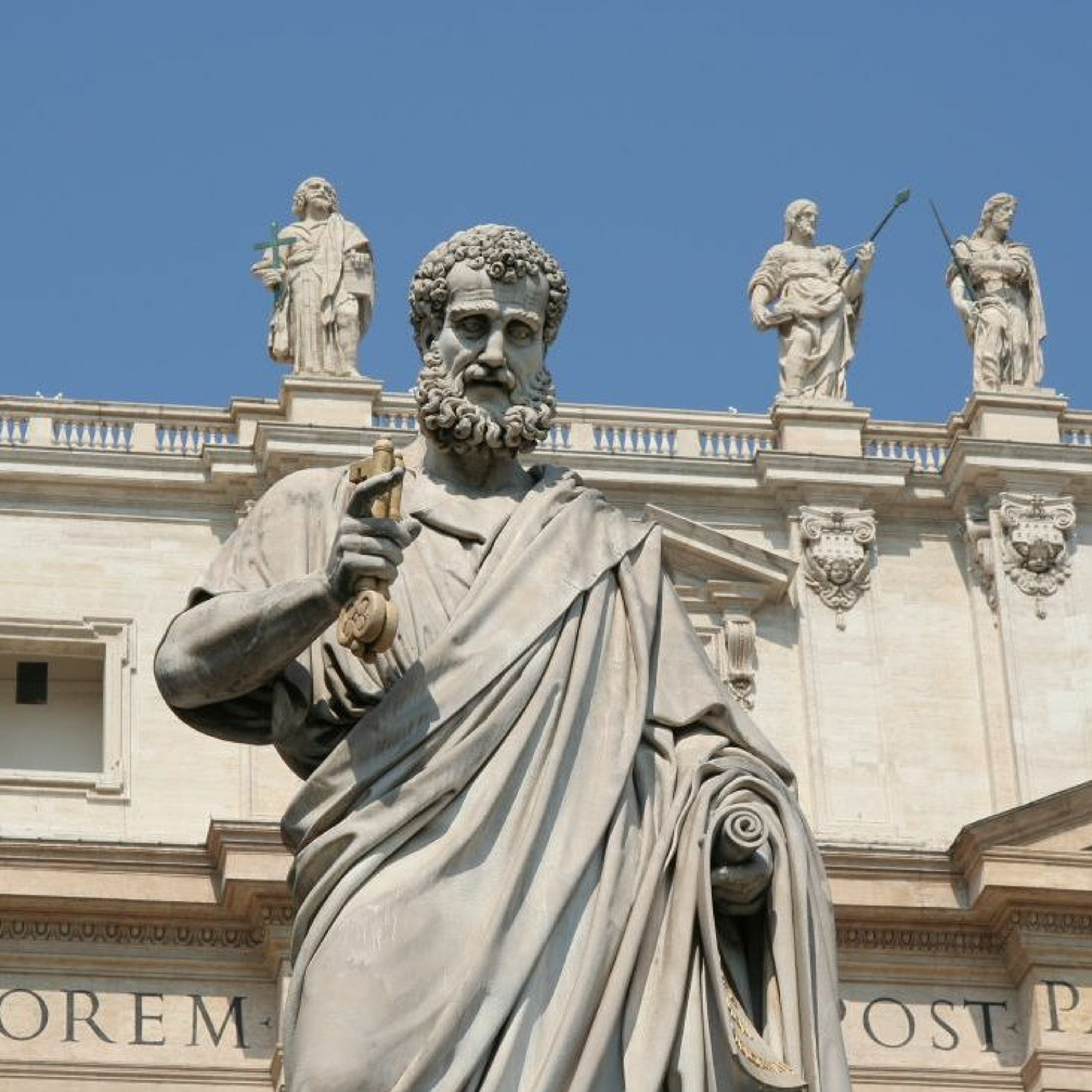
Hold That ThoughtSaint Peter, According to MarkThe apostle Peter was a leader and role model in early Christianity - or was he? According to Lance Jenott, a lecturer of classics and religious studies at Washington University in St. Louis, how we understand Peter depends on who is telling the story.
2018-06-0419 min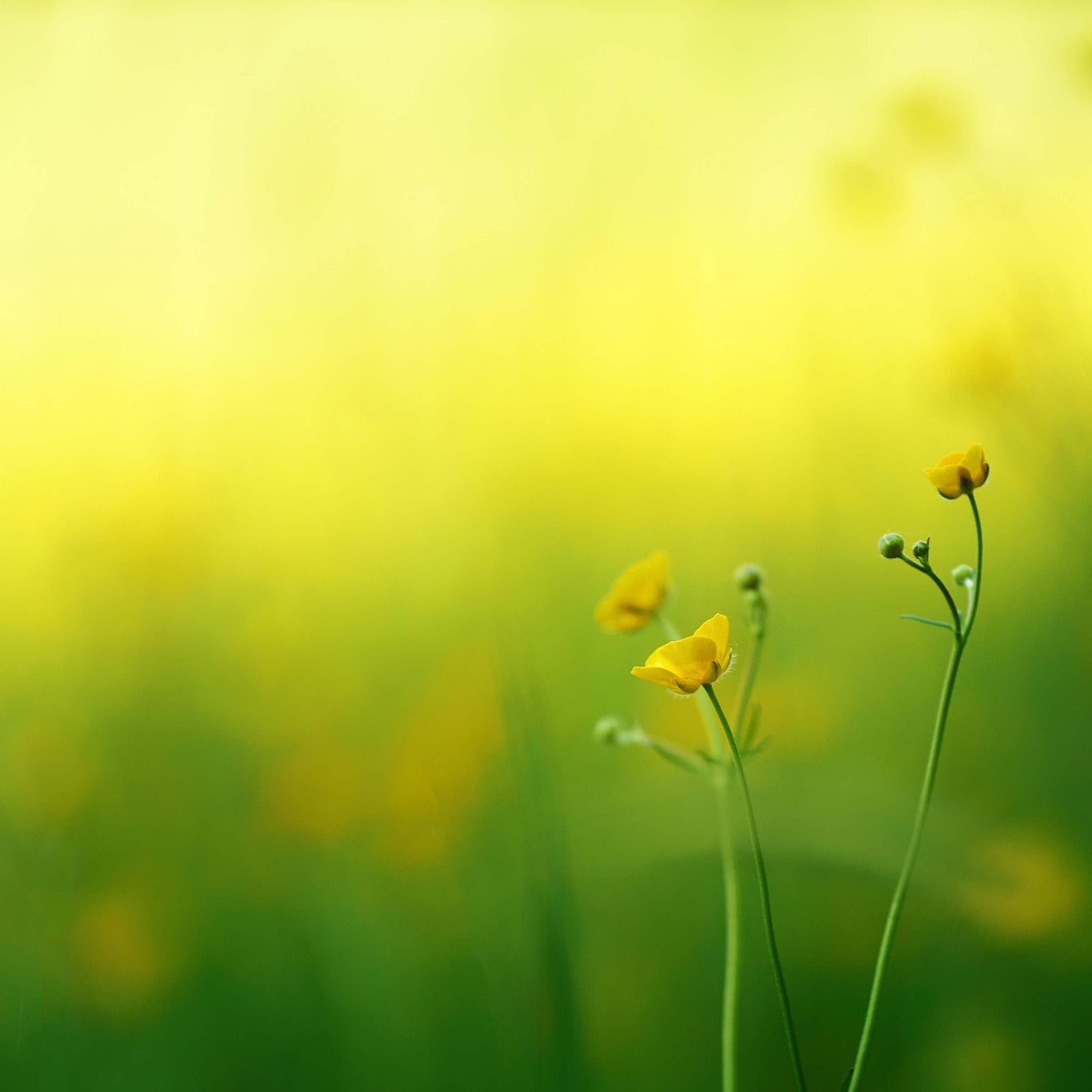
Hold That ThoughtThe Secret Lives of PlantsBiologist Elizabeth Haswell wants to change the way that people think about plants. What do we know about how plants sense their environment, and what remains a mystery? The answers may surprise you. Haswell teaches biology at Washington University in St. Louis and is host of The Taproot podcast.
2018-03-0114 min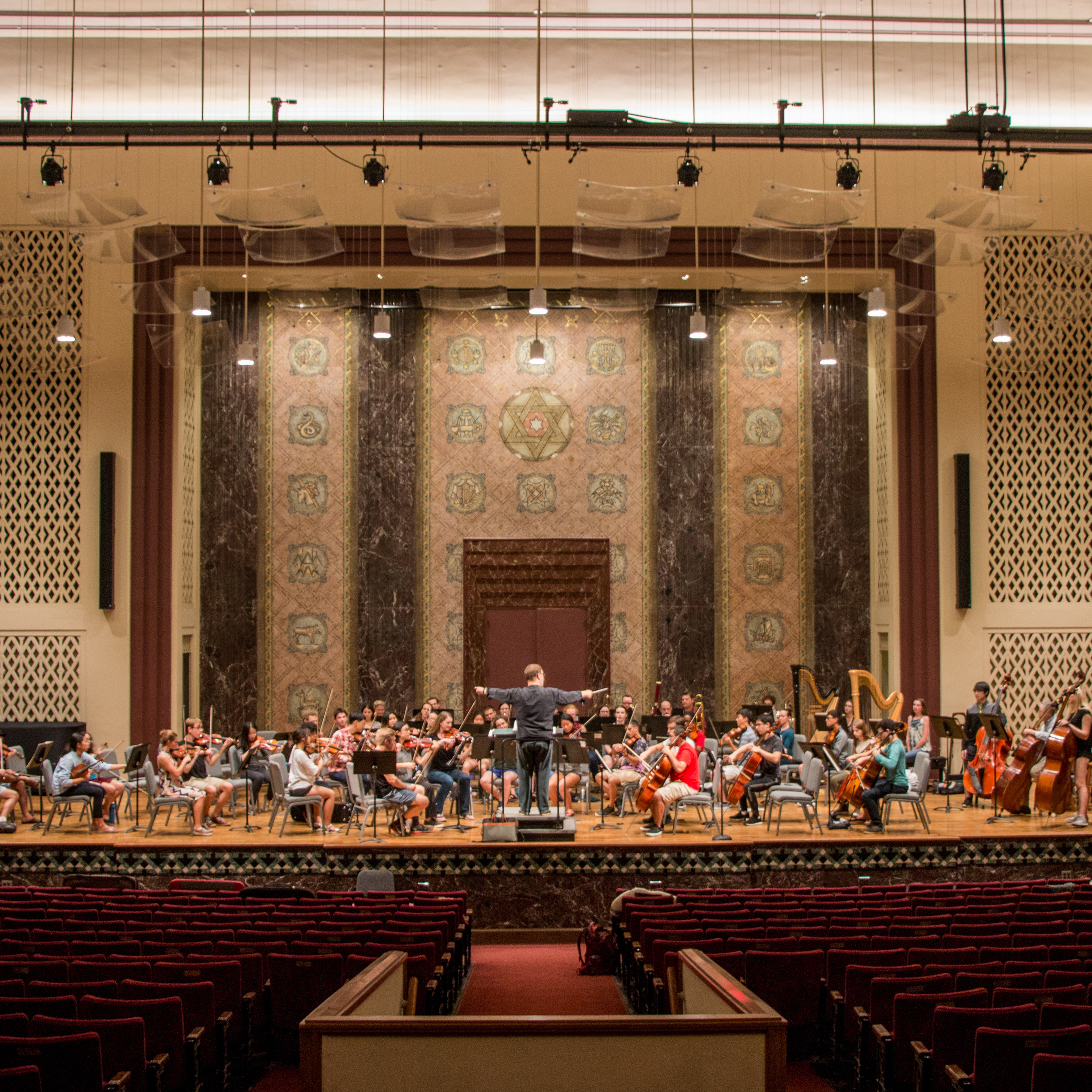
Hold That ThoughtHow to Create a Musical MonsterIt’s been 200 years since Mary Shelley wrote Frankenstein, the classic tale of creation gone wrong. In honor of the novel’s anniversary – and just in time for Halloween – three undergraduates at Washington University in St. Louis were each invited to bring his own brainchild into being: a piece of music, inspired by Frankenstein, to be performed by WashU’s symphony orchestra.
2017-10-2612 min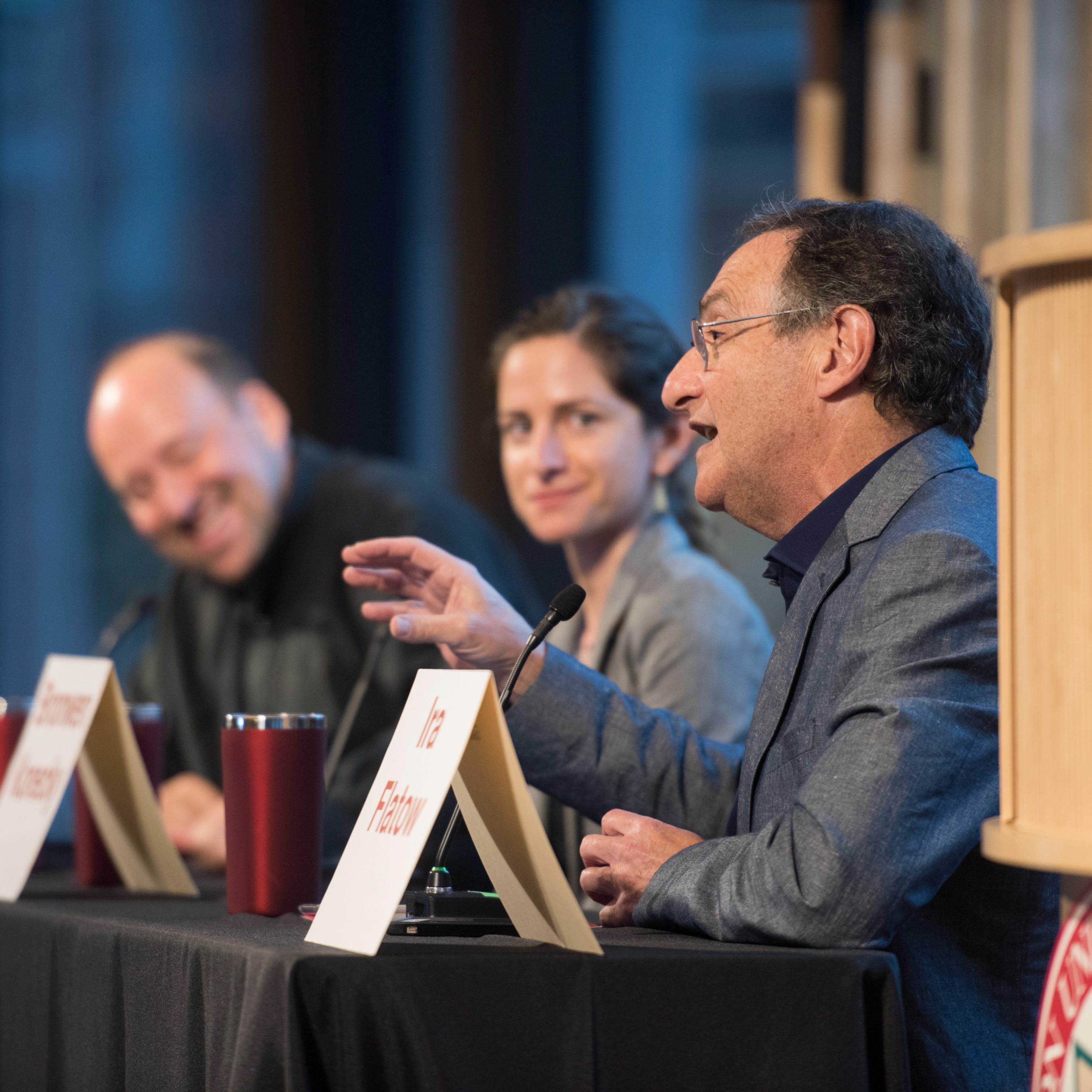
Hold That ThoughtIra Flatow on Climate Change and Science CommunicationIra Flatow, host of public radio's Science Friday, describes how and why conversations about global warming have changed over time. Flatow visited Washington University in St. Louis as part of Arts & Sciences' new "Science Matters" lecture series.
2017-10-1108 min
Hold That ThoughtCharter School MythsDo charter schools perform better than traditional public schools? Does competition between schools really help students? Ebony Duncan Shippy, a sociologist of education at Washington University in St. Louis, breaks down some common myths about charter schools and offers her advice for newly appointed education secretary Betsy DeVos.
2017-04-2815 min
Hold That ThoughtInequality at WorkIn her book No More Invisible Man: Race and Gender in Men’s Work, sociologist Adia Harvey Wingfield documents the pervasive and often subtle ways that successful black men – people like doctors, lawyers, and engineers – continue to face inequality in the workplace. Here she shares some of these men’s stories and discusses the causes of professional inequality. In addition to teaching sociology at Washington University in St. Louis, Wingfield is a regular contributor to The Atlantic.
2017-02-2312 min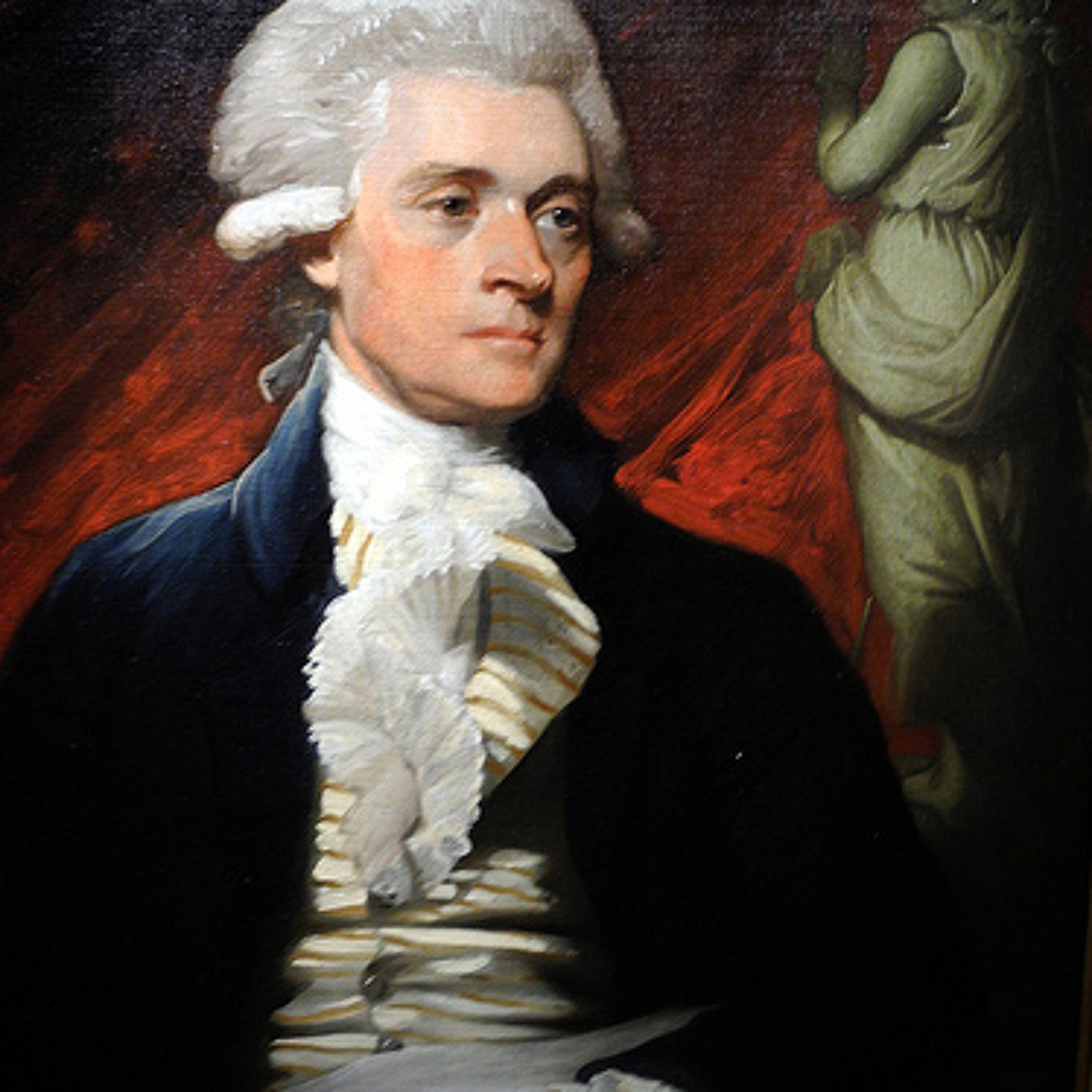
Hold That ThoughtThe Legal Mind of Thomas JeffersonBefore becoming the principal author of the Declaration of Independence, Thomas Jefferson was a successful lawyer in Virginia. His legal training influenced the way he thought about government and politics, yet this earlier part of his career has largely been ignored by historians. David Konig, professor of history and law at Washington University in St. Louis, has spent years analyzing the complex legal notes and papers that tell the story of Jefferson's time as an attorney. This Presidents' Day, Konig sheds light on this fascinating and neglected aspect of Jefferson's life and mind.
2017-02-1610 min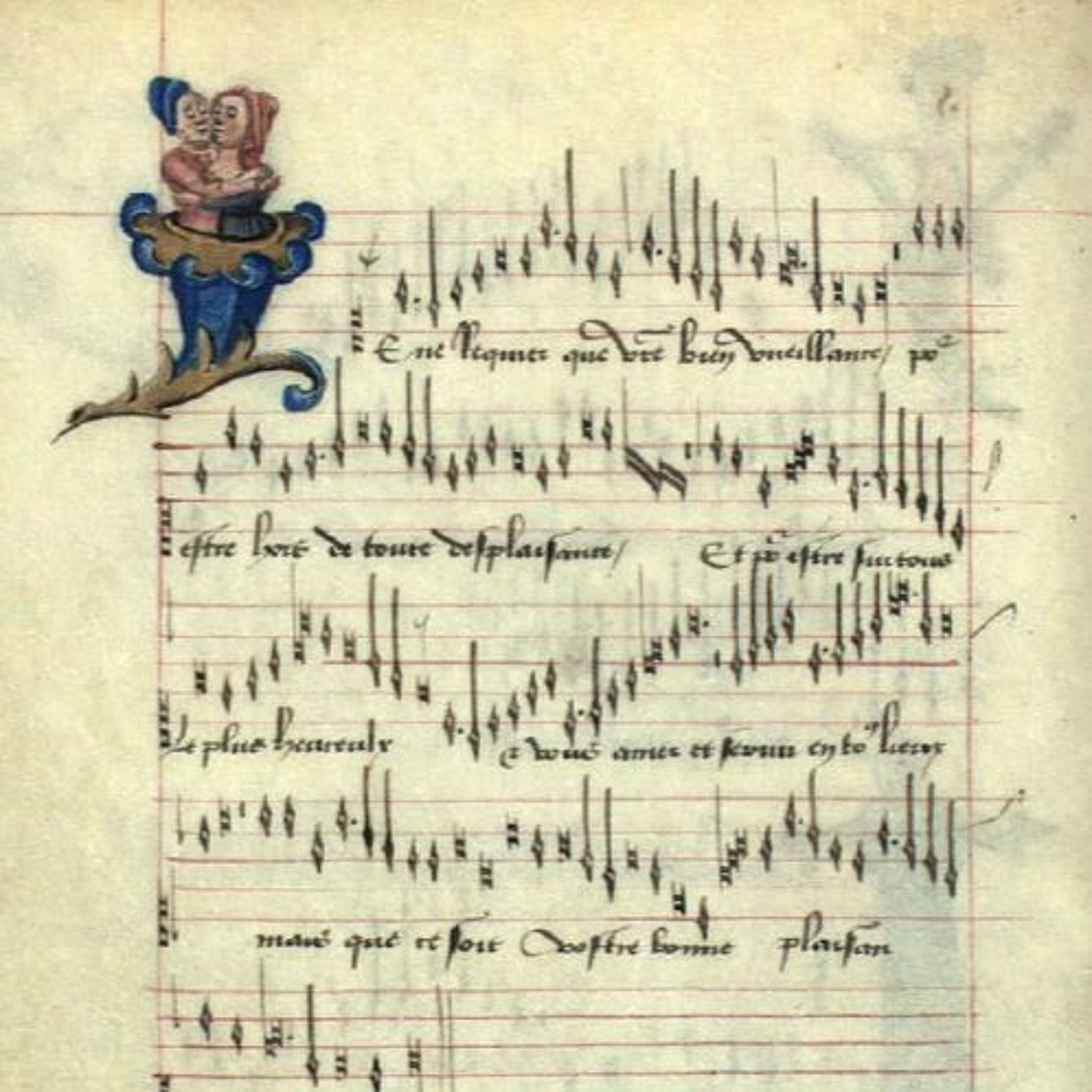
Hold That ThoughtLove Music Across TimeFrom today's top 100 Billboard songs to ancient Sumerian scripts, human beings have always sung about love. So how have love songs changed across the ages? Have they evolved to reflect society's understandings of love? Or have we been singing about basically the same things for millennia? Today, we'll look at one batch of love songs called the Loire Valley Chansonniers, made up of five songbooks from fifteenth-century France. Clare Bokulich, an assistant professor of musicology at Washington University in St. Louis, explains why these books are so special and breaks down the rare insight they give into not only historical...
2017-02-0825 min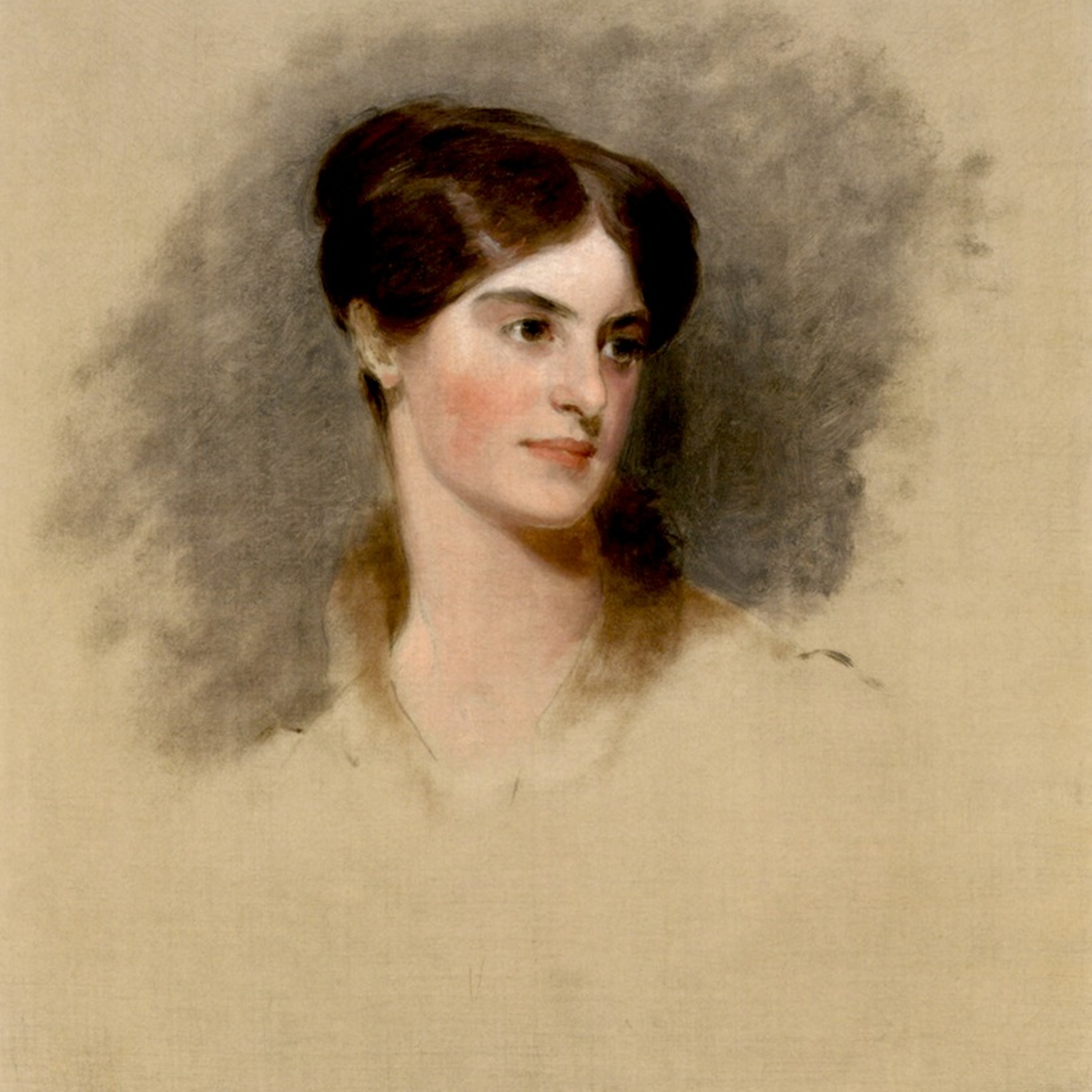
Hold That ThoughtPerforming Gold: Fanny Kemble, Modern Banking, and the Evolution of ActingWhen actress Fanny Kemble took the stage in 1831 as Bianca, the pure and mistreated wife in Henry Milman's play Fazio, she astounded audiences with her true-to-life portrayal of jealousy and grief. Julia Walker, associate professor of drama and English at Washington University in St. Louis, brings the performance to life and explains why it was so extraordinary. Walker connects Kemble's acting style to historical events and anxieties, especially changing ideas about money and banking.
2016-12-1512 min
Hold That ThoughtMetabolism: The Google Maps of Cancer ResearchWhen you hear the word "metabolism," what do you think about? Thanks to the groundbreaking work of chemist Gary Patti here at Washington University in St. Louis, instead of diet or weight loss, we think: "possible cure for cancer." Patti explains how metabolism is like Google Maps, helps us understand the emerging field of metabolomics, and shares the challenges and promise of metabolism research.
2016-12-0212 min
Hold That ThoughtSocial Citizens: How Peer Networks Influence ElectionsWhen you walk into a voting booth in less than a week to vote for the future president of the United States, you'll be all by yourself making a very personal decision - right? Betsy Sinclair, a political scientist at Washington University in St. Louis and author of The Social Citizen: Peer Networks and Political Behavior, believes that in reality, politics is often more social than personal. Here she discusses the place of Facebook, YouTube, and face-to-face interactions in political decision-making, and explains how social science experiments reveal the true importance of social networks in politics.
2016-11-0313 min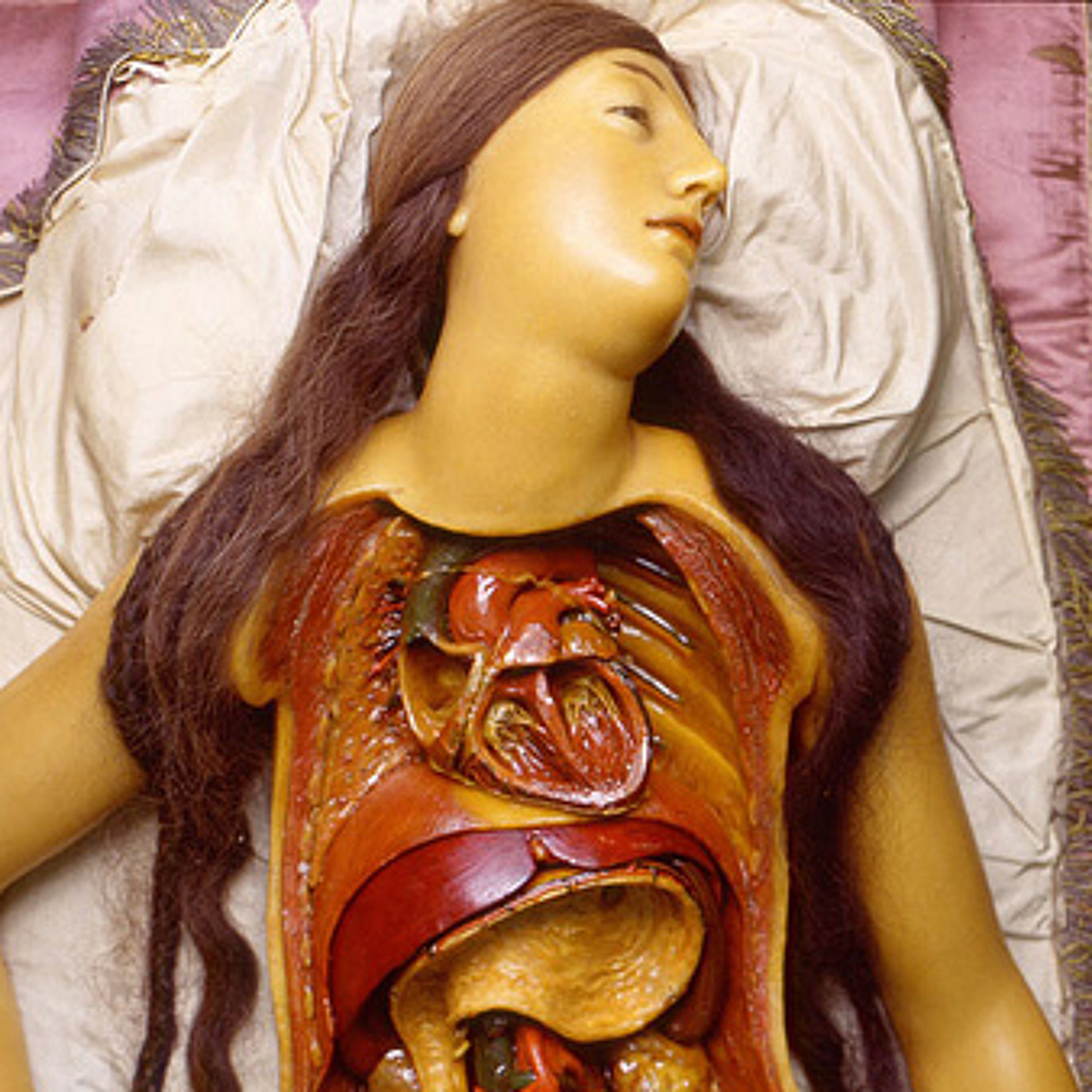
Hold That ThoughtVenus, DeconstructedAs a follow-up to last week's episode with Luis Salas on the ancient history of medicine and anatomy, we're reaching into the archives to share the story of story of one museum, La Specola, and its infamous 18th century exhibit of gruesome wax anatomical models. Our guide is Rebecca Messbarger, a professor of Italian and Women, Gender, and Sexuality Studies and director of the Medical Humanities minor at Washington University in St. Louis. In this episode from 2014, Messbarger explains how La Specola and its wax inhabitants helped set the course for a new Enlightenment era, and how one figure, the...
2016-08-1016 min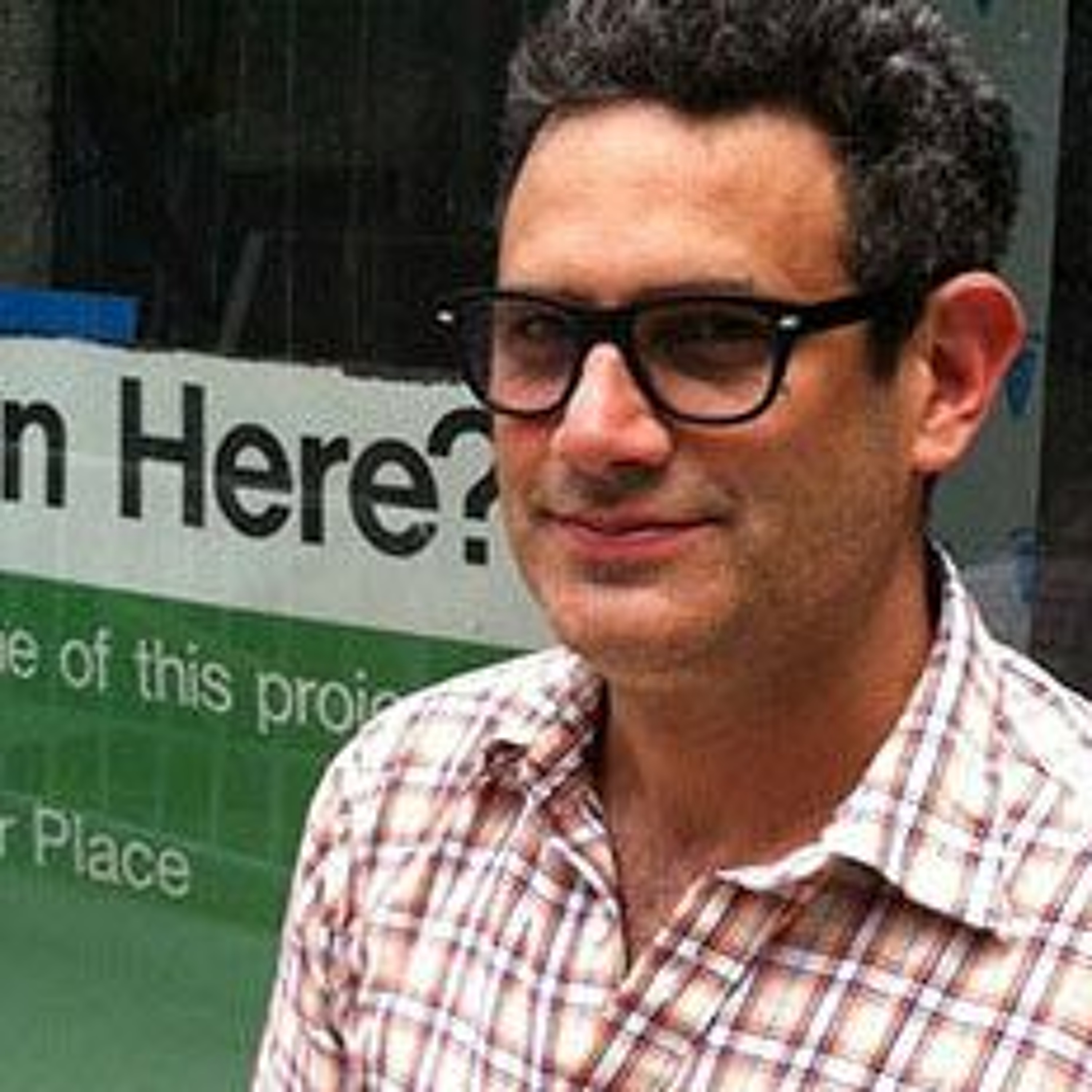
Hold That ThoughtThe Non-sense of ArtFor a while now, David Schuman, a fiction writer and the director of the Creative Writing MFA program at Washington University in St. Louis, has been interested in--what he calls--"the Void." The Void can also be thought of as the ineffable quality of art, the thing too great to be expressed in words, or as a musical score, or even with paint or clay, but that is felt nonetheless. Call it what you will, David wrestles with the unnamable and calls upon other writers and artists who have shared his fascination with the Void.
2016-07-2712 min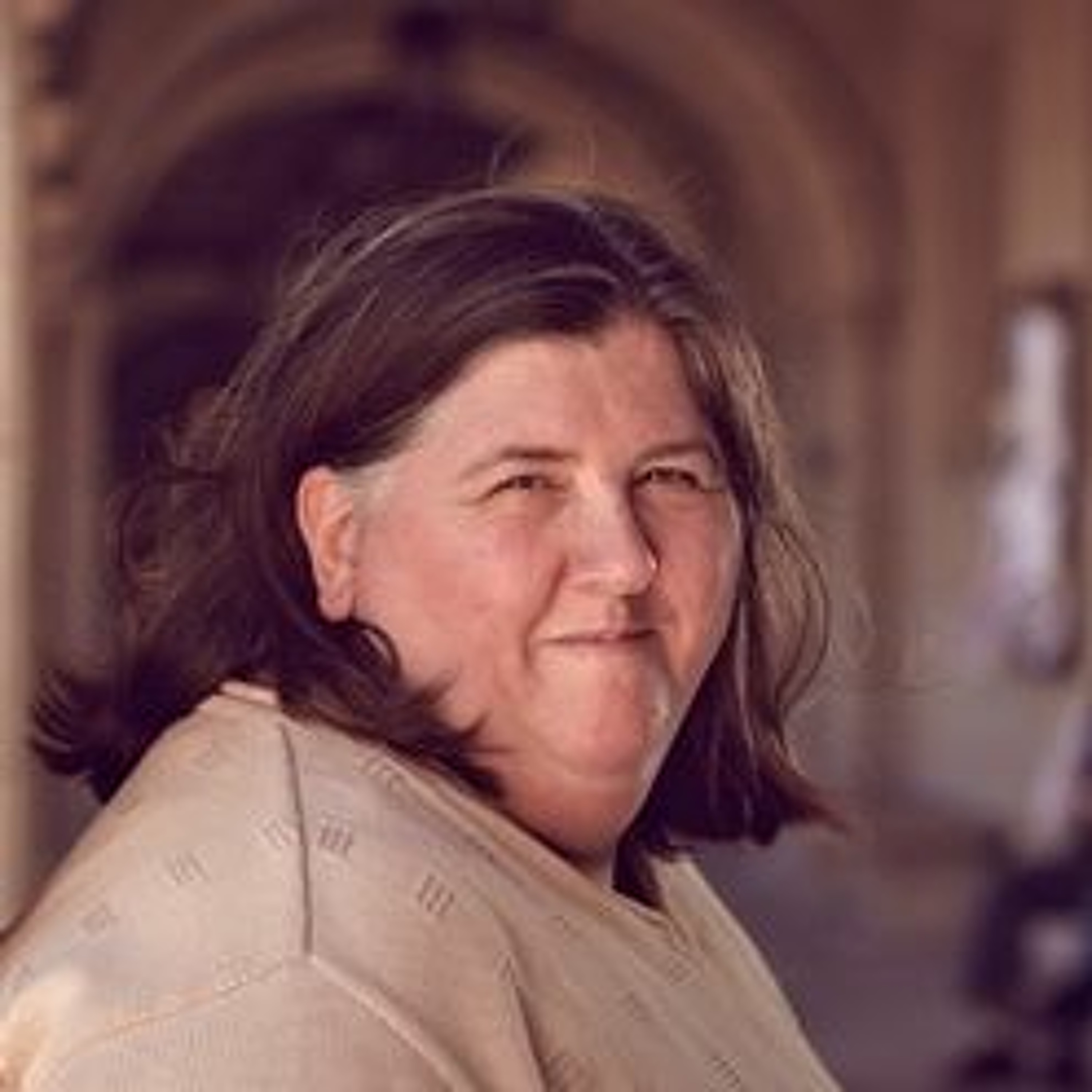
Hold That ThoughtGrief and Memoir: Writing about the Tough StuffToday, we consider the memoir. Kathleen Finneran, a writer in residence at Washington University in St. Louis, talks about her memoir "The Tender Land: A Family Love Story," which focuses on her family and how their lives were altered by the suicide of her younger brother. She considers how writing the book affected her grieving process and chronicles her family's surprising reaction to the book.
This interview was first released in the summer of 2014 as "Family Histories."
2016-07-1313 min
Hold That ThoughtCircadian RhythmsWe've all been there: staring at the ceiling at 2:43 a.m., unable to fall asleep while the world slumbers around us. How do our internal clocks stay synced to our environment? What exactly do circadian rhythms control? Might future research provide relief for late-night workers or the jet-lagged? Erik Herzog, professor of biology at Washington University in St. Louis, explains how the brain's "master clock" works and how genetics can influence our daily biological rhythms.
A version of this podcast was first released in 2013. To learn about Erik Herzog's ongoing efforts to support and encourage younger neuroscientists, check out our...
2016-05-1207 min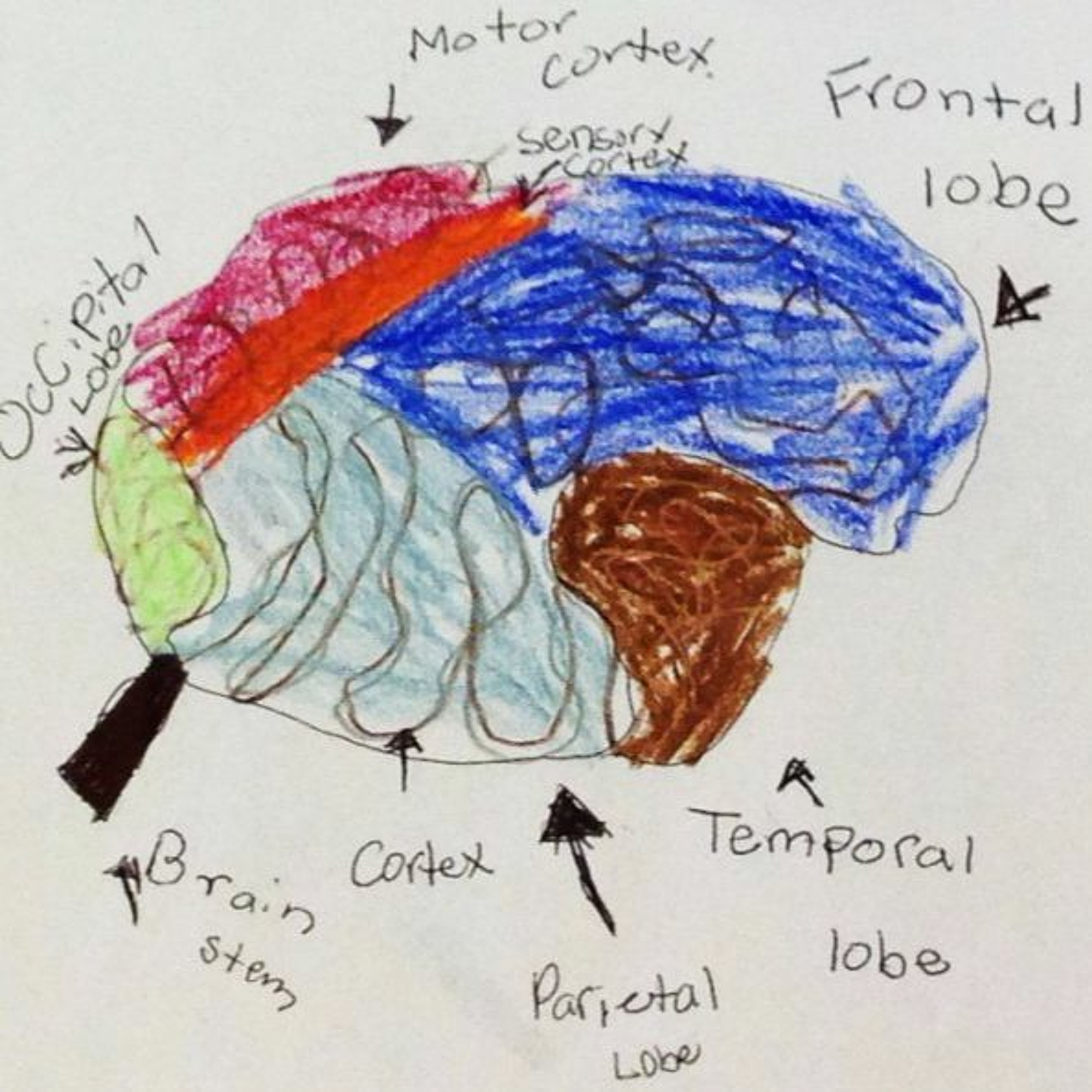
Hold That ThoughtBrain Discovery: Bringing Scientists Into the ClassroomMost elementary-school students have never met a scientist. Claire Weichselbaum and Brian Lananna, graduate students in neuroscience at Washington University in St. Louis, want to change that. Last year, the team cofounded Brain Discovery, an outreach program that brings neuroscience into classrooms. Over the course of the 6-week program, kids get to know a "scientist buddy" and learn about the brain through fun experiments and activities. So far, volunteers with Brain Discovery have already reached some 250 students and spent over 1,500 hours in classrooms around St. Louis.
2016-05-0414 min
Hold That ThoughtReligion and Comic Books: A Tangled WebMost people don't normally associate comic books and superheroes with religion. However, Roshan Abraham, a comics studies scholar and assistant professor of religious studies and classics at Washington University in St. Louis, reveals how religion is actually in the DNA of comics. He traces the many ways religion influences, shapes, and appears in comics, and how scholars in both religious and comics studies face very similar problems.
2016-03-3013 min
Hold That ThoughtRecovering from StrokeAccording to the American Stroke Association, on average, someone in the United States experiences a stroke every 40 seconds. It's the leading cause of adult disability in the United States. Catherine Lang, director of the Neurorehabilitation Research Laboratory and professor of physical therapy, neurology, and occupational therapy at the School of Medicine at Washington University in St. Louis, wants to improve the ways that doctors and physical therapists help people recover from stroke. In this week's podcast, she shares some dramatic findings from one ongoing experiment.
2016-03-2310 min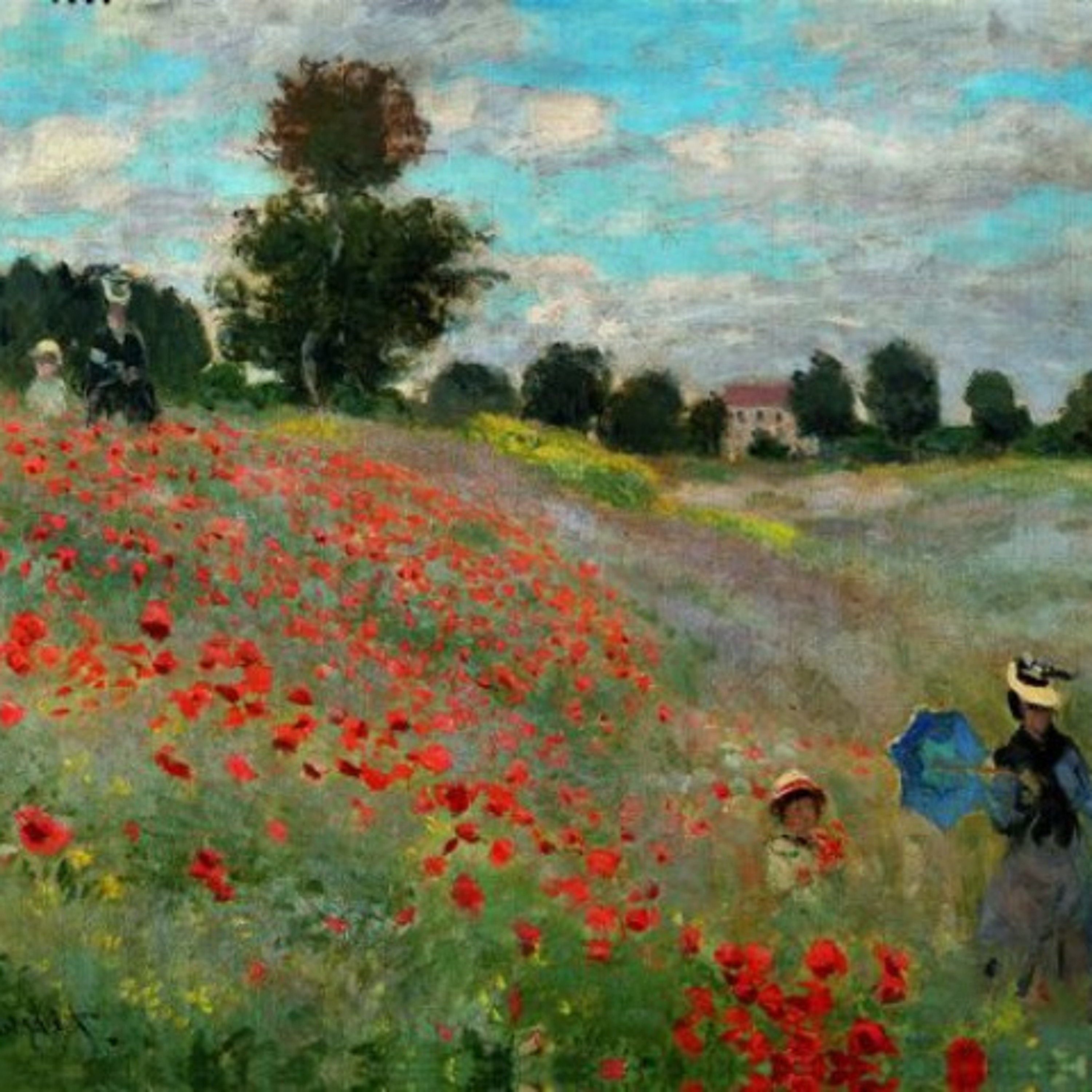
Hold That ThoughtClaude Monet and the Science Of StyleWhen you look at a painting by Claude Monet or Pablo Picasso, what do you really see? Mark Rollins, professor of philosophy and director of the performing arts department at Washington University in St. Louis, shares his fascination with both cognitive science and visual art. As Rollins explains, art can be viewed as a game between two brains. Here, he gives us a glimpse into one of Monet's hidden strategies.
2016-03-1611 min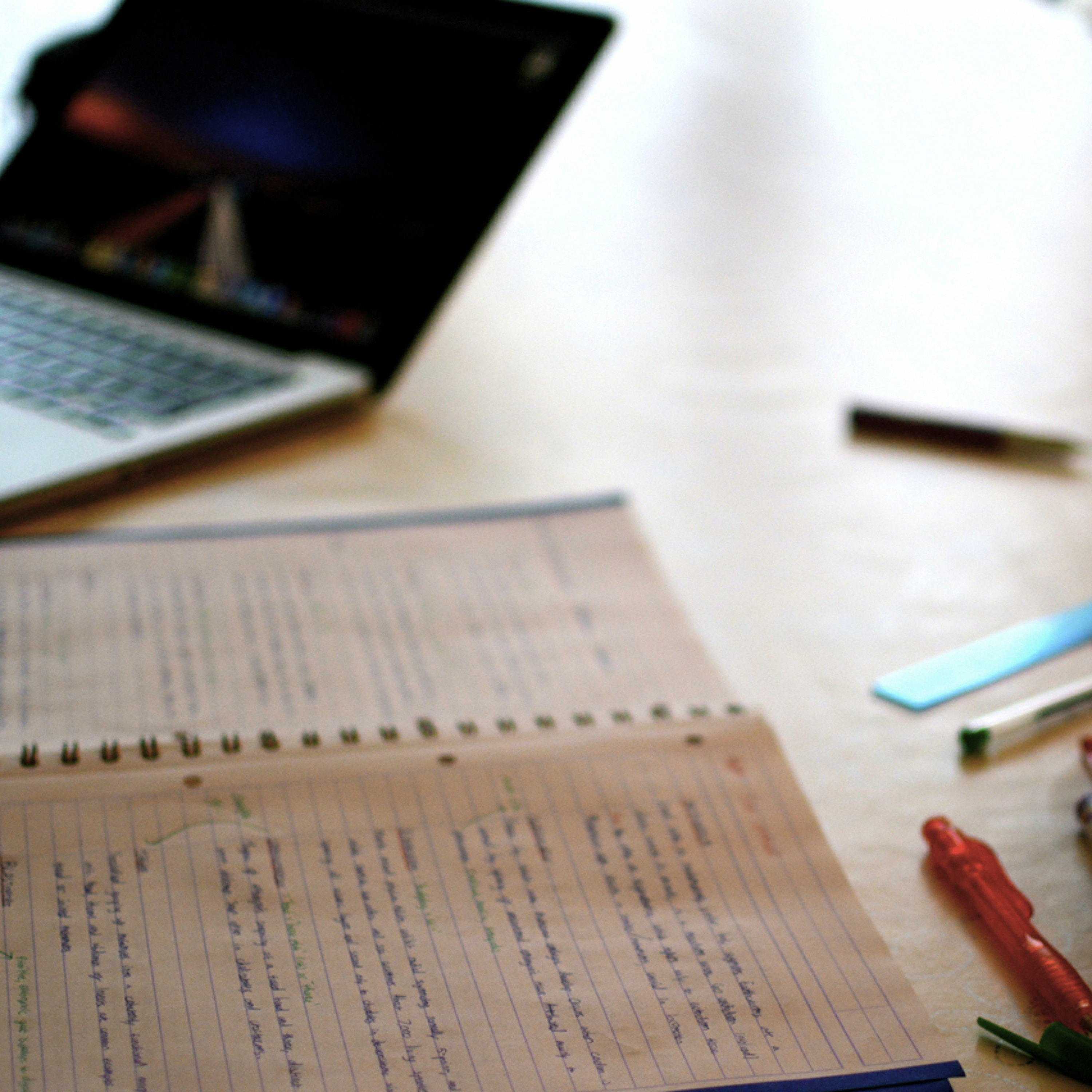
Hold That ThoughtSuccess, Motivation, and the BrainWhen you form a goal in your mind, and then manage to avoid distractions and carry out that goal, what's going on in your brain? Todd Braver, a professor of psychology and neuroscience at Washington University in St. Louis, shares some of his past and upcoming research into cognitive control.
2016-03-1012 min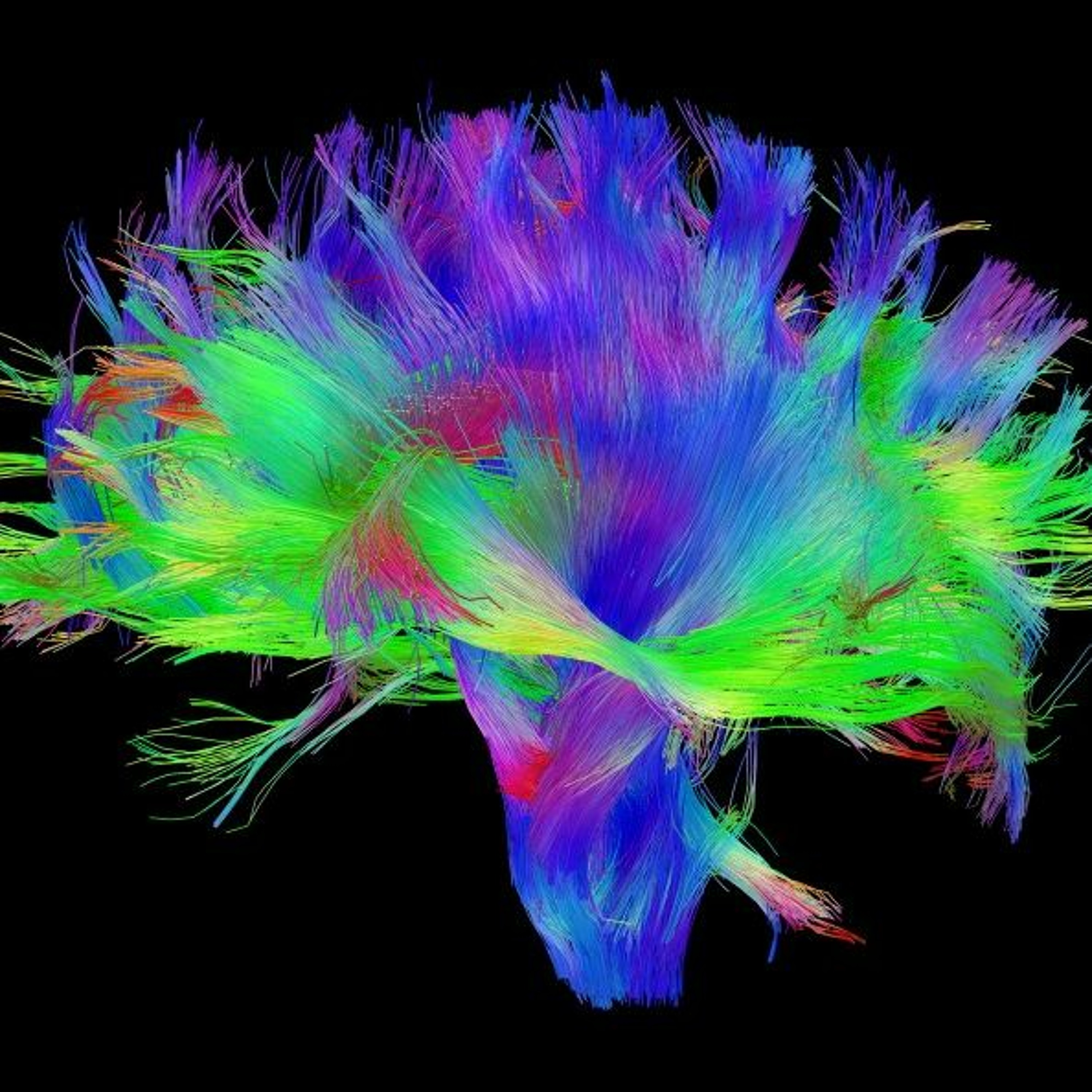
Hold That ThoughtMapping the BrainThrough the groundbreaking Human Connectome Project, researchers like Deanna Barch have spent years mapping the complex wiring of the human brain. Barch, who chairs the Department of Psychological and Brain Sciences at Washington University in St. Louis, provides a behind-the-scenes look into the project and helps us understand the links between brain connectivity and human behavior.
2016-03-0212 min
Hold That ThoughtThe New Anthropology of LoveLove and desire are deeply personal, right? And when we fall in love with someone, it's because there's something unique and innate in them that matches with something unique and innate in us, right? Actually, neither of these things are as true as you think, according to Dredge Byung'chu Kang, a cultural anthropologist and a post-doctoral fellow in Women, Gender, and Sexuality Studies at Washington University in St. Louis. He discusses some national and global relationship trends, including data from online dating sites, that reveal how society and political economy shape what we consider intimate. He also shares one case...
2016-02-1015 min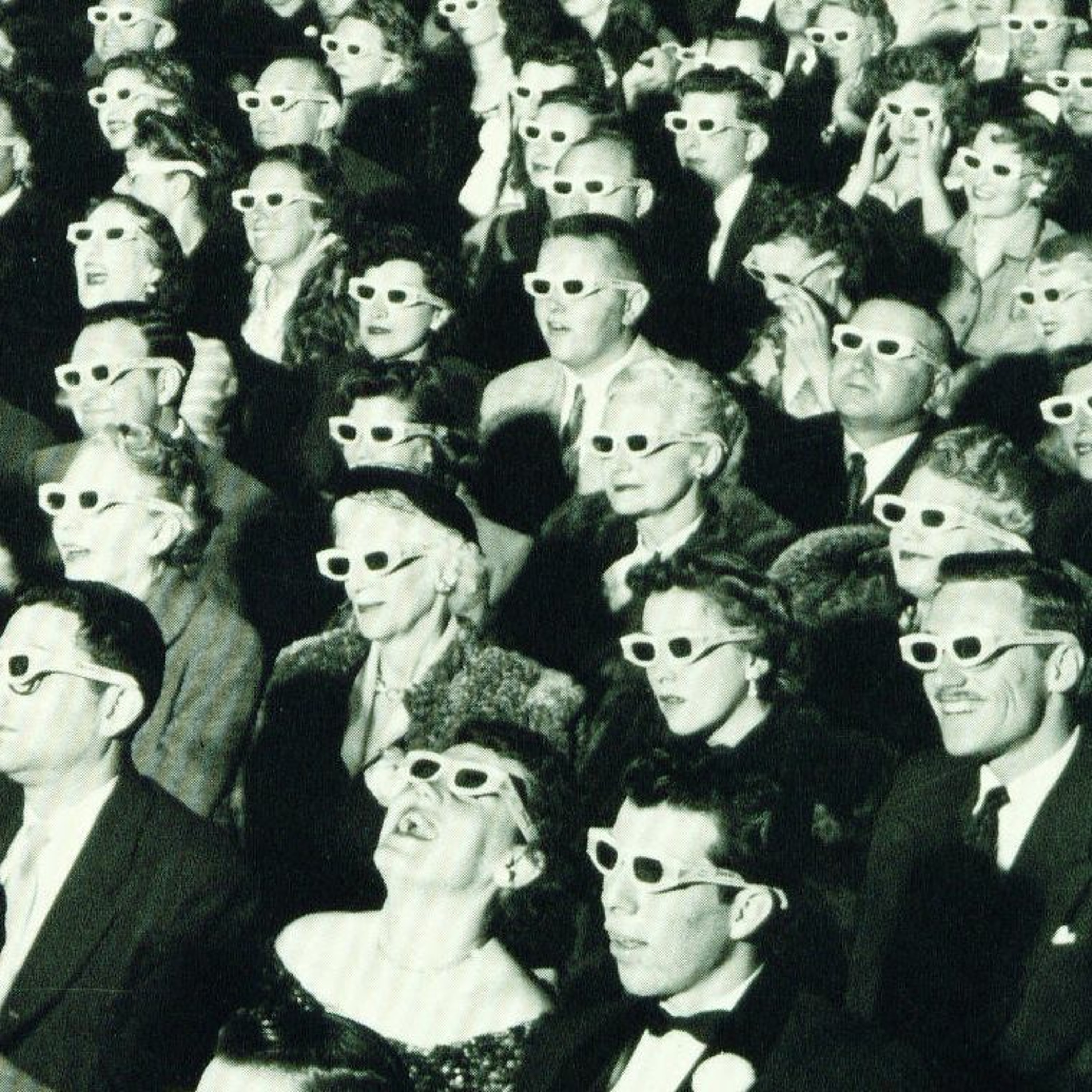
Hold That ThoughtYour Brain on Movies, Pt. 1Ever find yourself crying at a cheesy movie that you don't even like very much? Or catch yourself ducking and flinching during an action flick, even though you're perfectly safe in a movie theater, munching popcorn? Jeffrey Zacks, professor of psychological and brain sciences at Washington University in St. Louis, shares some of the reasons why. Zacks is author of the book Flicker: Your Brain on Movies.
2016-02-0312 min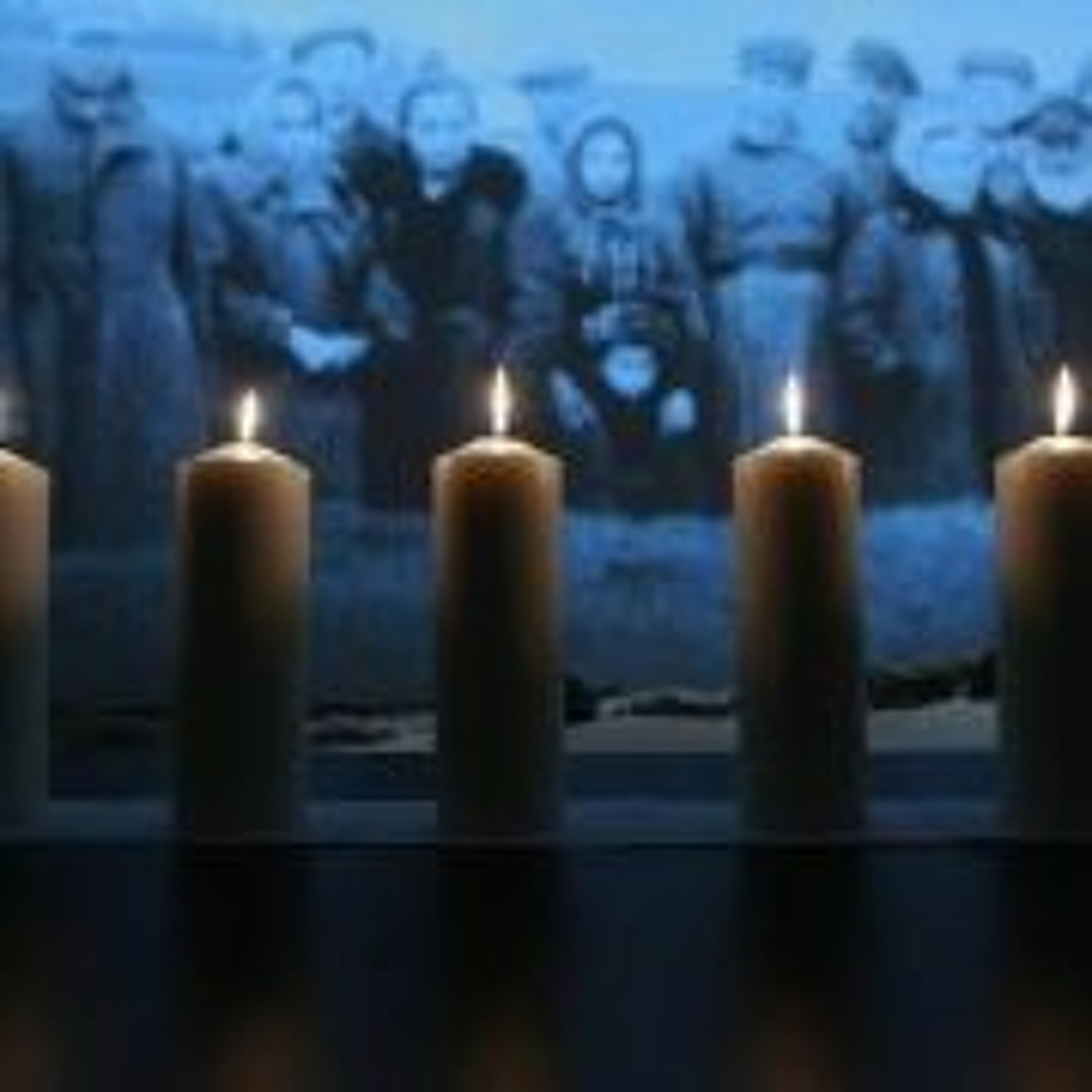
Hold That ThoughtViolence and MemoryHow should we remember historical moments of violence and loss? What are the links between terrible events like the Holocaust, the mass casualties of World War I, the Armenian Genocide, and crises around the world today? What challenges do historians face as they examine and interpret death and war?
Anika Walke and Jay Winter both face such questions and issues in their research. Here, the two historians candidly discuss the process of seeking meaning in history, as well as the personal motivations behind their work. Winter, the Charles J. Stille Professor of History Emeritus at Yale University, has published numerous...
2016-01-2728 min
Hold That ThoughtHow to Control Your EmotionsAre you a "think on the bright side" person, who always has a positive outlook? Or do you sometimes find it hard to control what you feel and how you express those feelings? Tammy English, an assistant professor of psychological and brain sciences and director of the Emotion and Relationships Laboratory at Washington University in St. Louis, studies emotion regulation. Here she discusses some common successful strategies for managing emotions and working toward long-term happiness.
2016-01-2112 min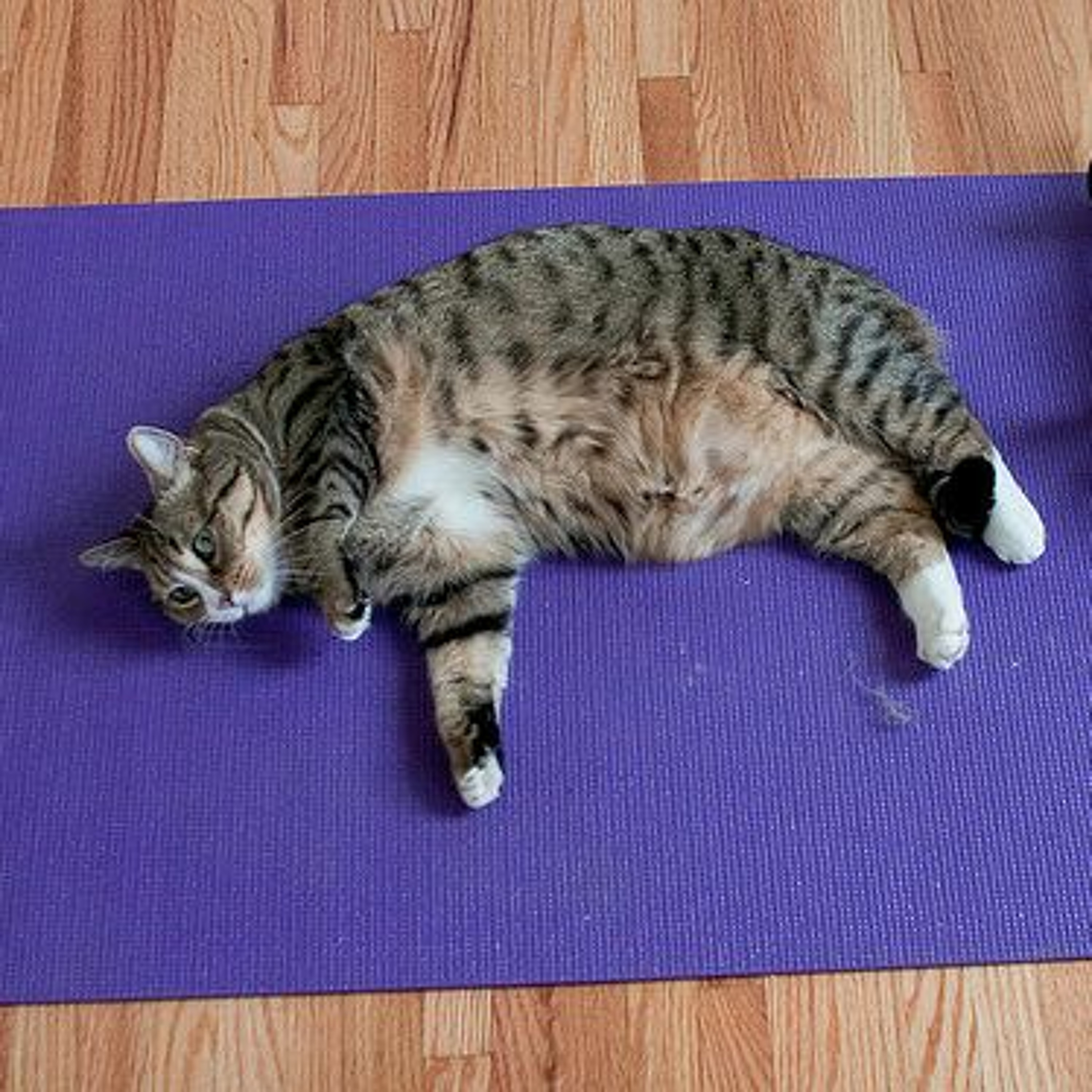
Hold That ThoughtHow to Strengthen Your WillpowerIt's mid-January, that time of year when a person's zeal to start fresh in the new year might be starting to fade. But don't give up on your resolutions quite yet! Psychologist Tim Bono has some research-proven tips for how to successfully build willpower. Bono, an assistant dean in Arts & Sciences at Washington University in St. Louis, teaches the popular course Positive Psychology: The Science of Happiness.
2016-01-1311 min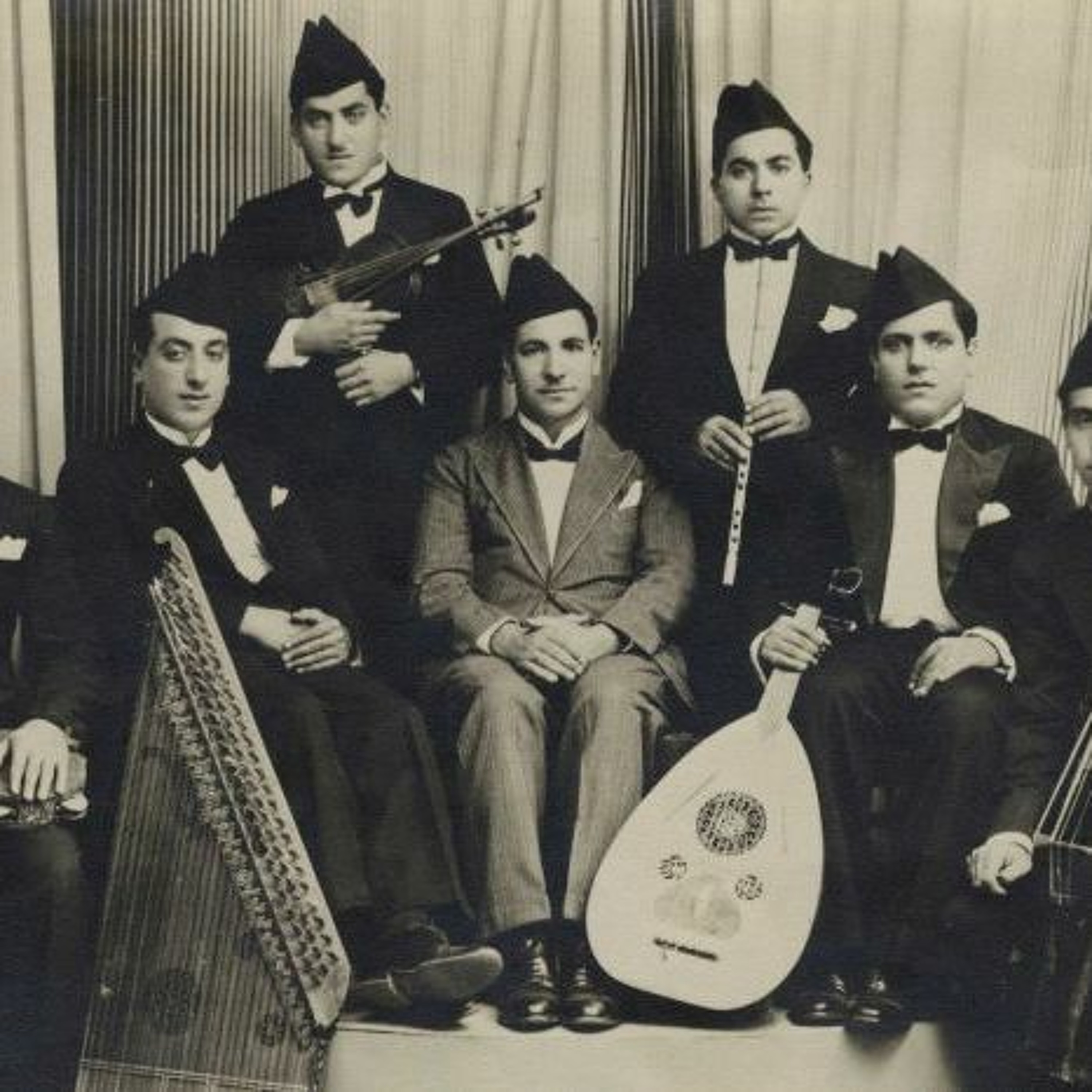
Hold That ThoughtRemembering BaghdadHow do you remember home? Nancy Berg, a professor of Hebrew and comparative literature at Washington University in St. Louis, examines this question as it relates to Jewish writers from Iraq. In the mid-twentieth century, the thriving Jewish community in modern-day Baghdad quickly came to an end. Years later, those who experienced life in Baghdad - and also the children of those exiled - turn to literature to share their memories. Berg shares some of these authors and stories and describes the vibrant cultural scene brought to life in these works.
2015-12-1011 min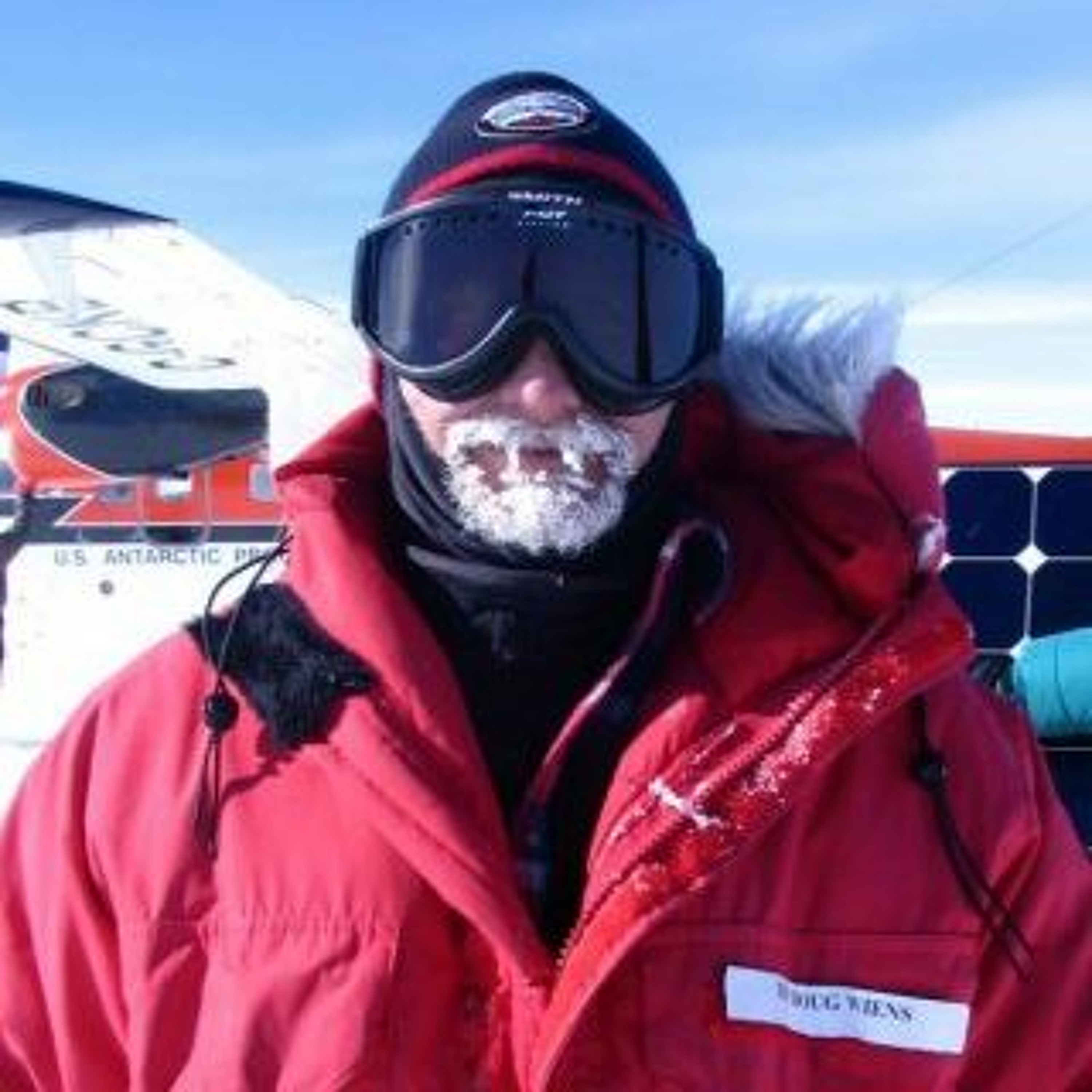
Hold That ThoughtExploring AntarcticaJoin Doug Wiens, professor of Earth and Planetary Sciences at Washington University in St. Louis, as he describes his explorations of Antarctica. For some fifteen years, Wiens and his colleagues have been studying the physics behind ice movement and examining questions about where and how ice in the the western Antarctic ice sheet is melting.
2015-12-0207 min
Hold That ThoughtIslam, Immigration, and What It Means to Be FrenchIn 2015 alone, hundreds of thousands of migrants have fled war-torn Syria and elsewhere and made their way to Europe. While many Europeans have welcomed the refugees, some countries have expressed reluctance to accept Muslim asylum seekers. When thinking about the ongoing crisis, anthropologist John Bowen, from Washington University in St. Louis, sees a discouraging consistency with the larger history of Islam and immigration in Europe. Here he talks about that history and and how Europe, and France in particular, can best move forward.
2015-11-1109 min
Hold That ThoughtIndia and BiotechnologyIndia has more hungry people than any other country in the world. Can biotechnology solve this enormous problem? Glenn Stone, professor of sociocultural anthropology and environmental studies at Washington University in St. Louis, describes the controversies and debates surrounding the role of genetically modified crops in the developing world. Stone writes about food, farming, and biotechnology on his blog, FieldQuestions.
2015-11-0410 min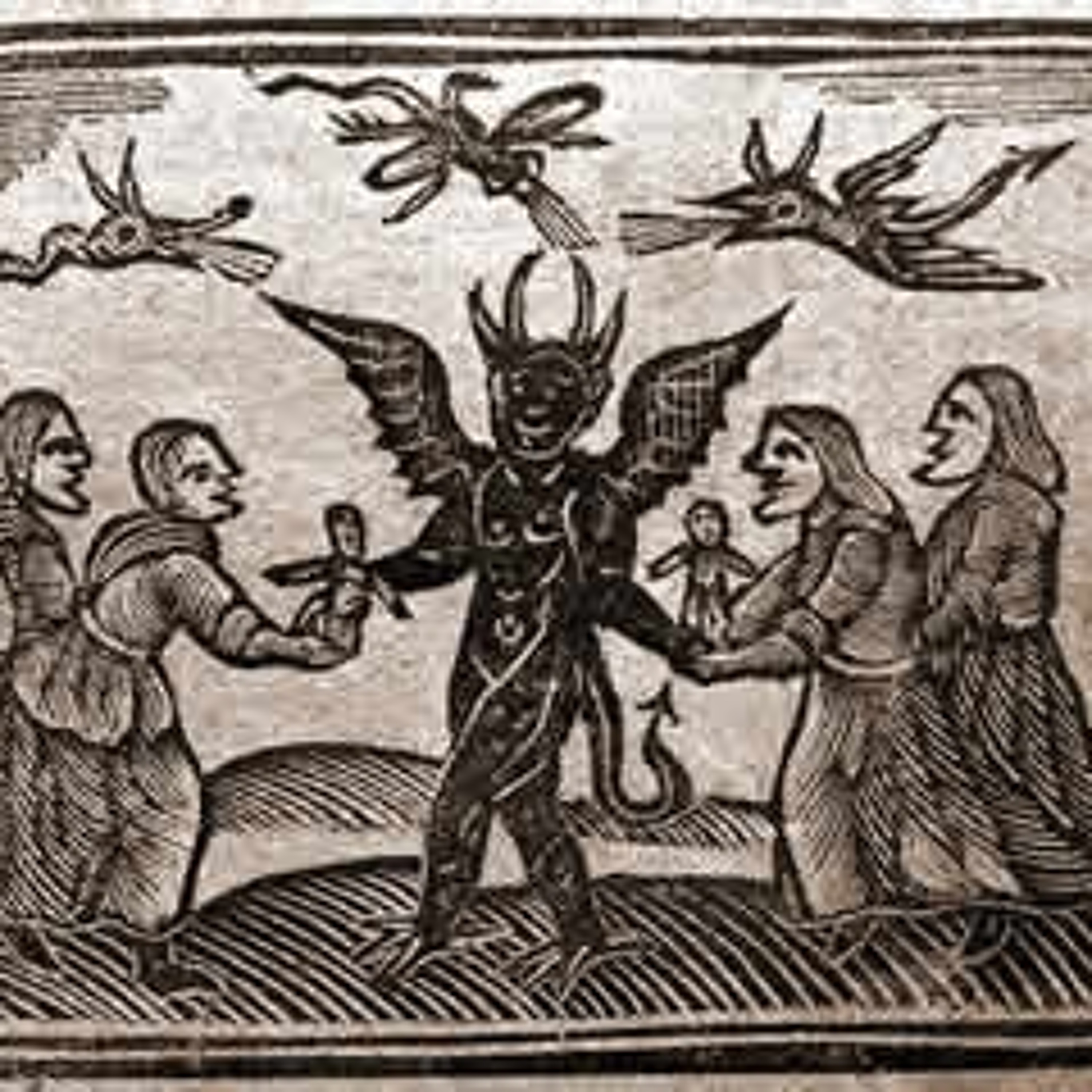
Hold That ThoughtThe Witches' Hammer: Magic and Law in Early Modern EuropeIn 1487, when the witch trials were just starting to take root in Europe, a Dominican priest published the Malleus Maleficarum, or The Witches' Hammer, a treatise on the prosecution of witches in a court of law. This text would be used over the next three centuries as the authority on the trial and torture of witches, laying out why women in particular were so susceptible to witchcraft. By the end of the witch craze in the 1720s, an estimated 80,000 had been tried and executed. In this extended episode, Gerhild Williams, a professor of comparative literature and Germanic literature and culture...
2015-10-2829 min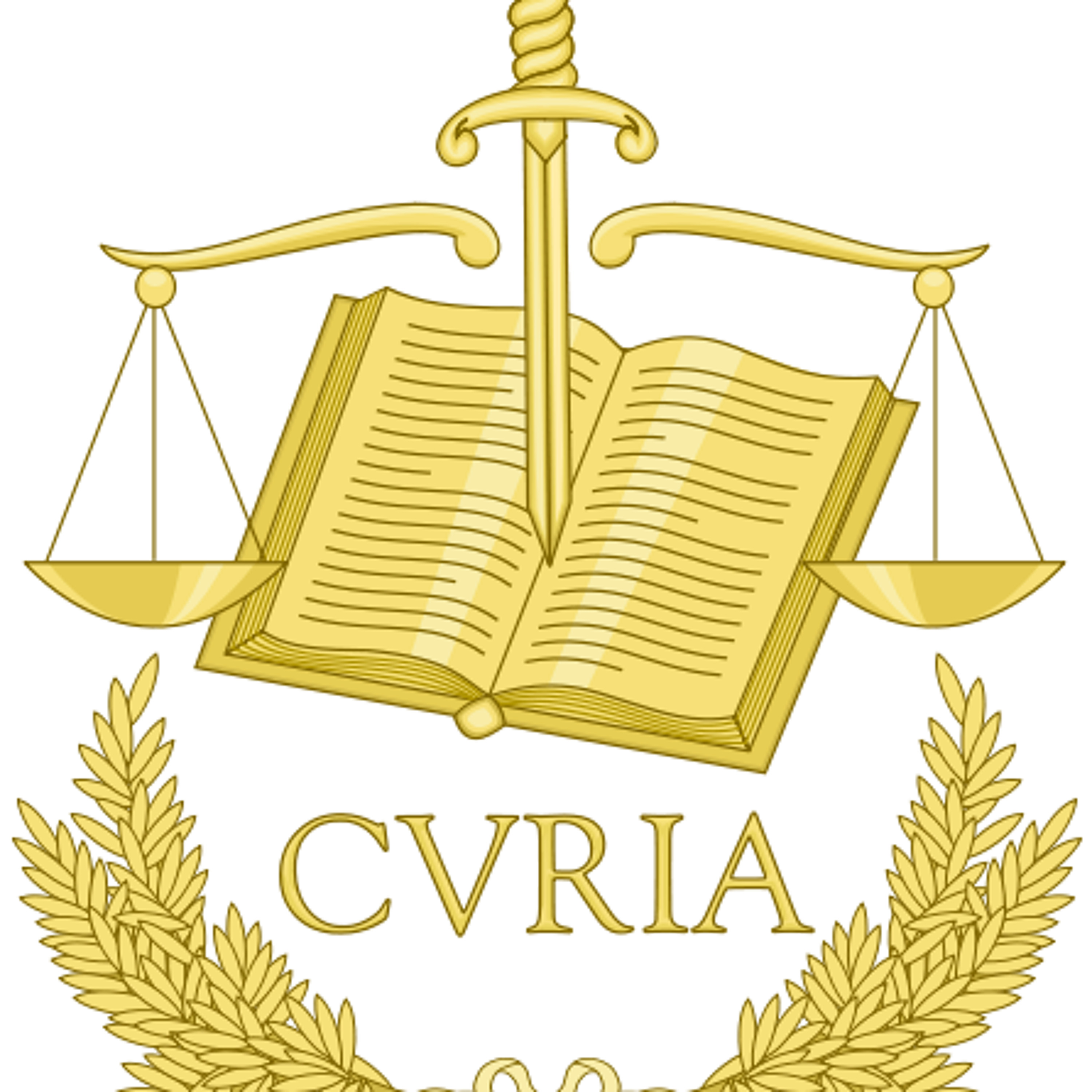
Hold That ThoughtWhen Countries CheatAs our world becomes increasingly interconnected, countries enter into more and more international agreements. Tens of thousands of such agreements help form common rules about everything from trade relations to environmental policy to immigration rights. But what happens when countries break the rules? In his latest book, International Courts and the Performance of International Agreements, political scientist Matt Gabel, from Washington University in St. Louis, examines how international courts work and how they can be most effective.
2015-10-2211 min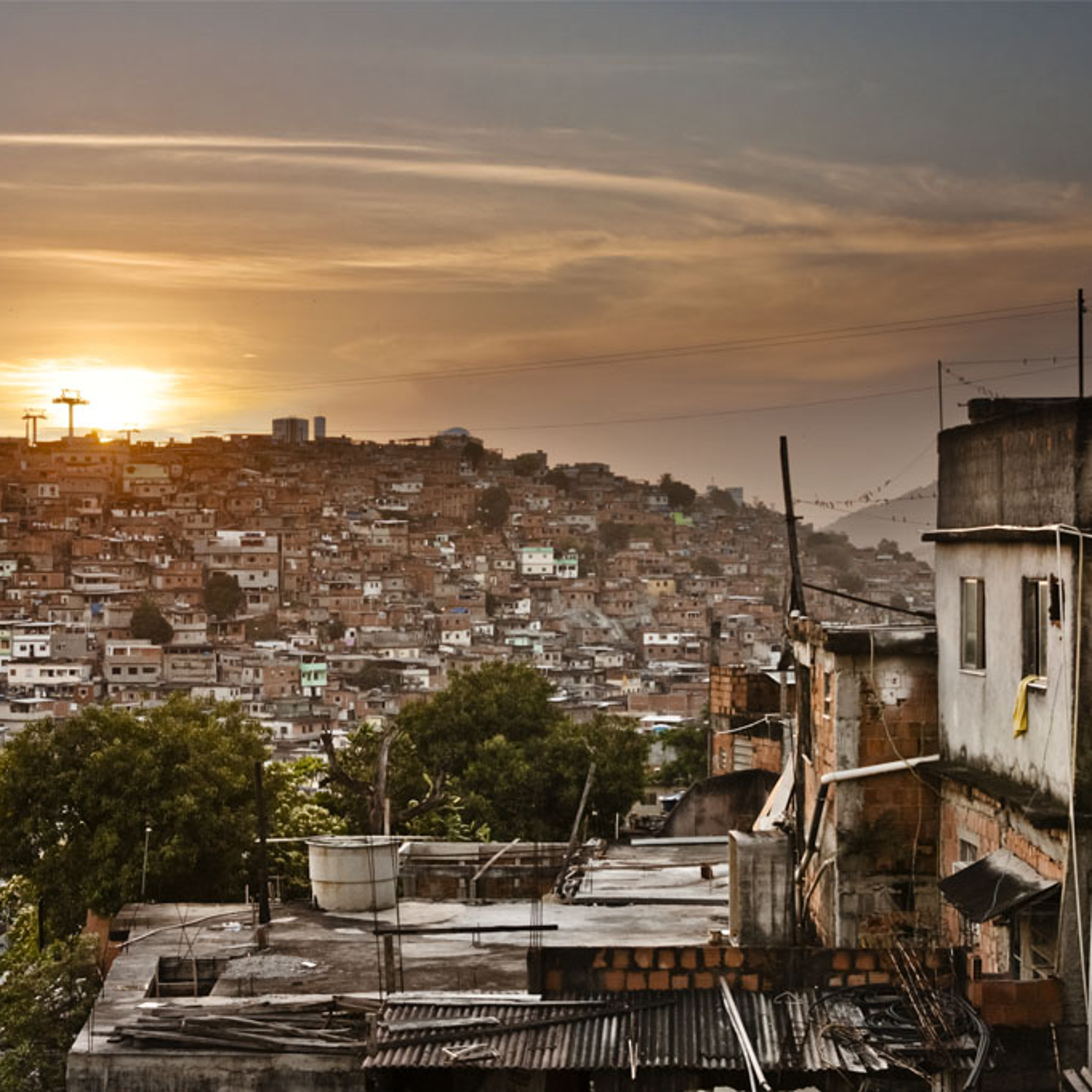
Hold That ThoughtThe Human Problem Facing Global CitiesIn an increasingly global and interconnected world, cities from Chicago to Rio de Janeiro confront similar issues. Where and how will people live as urban centers become both larger and more dense? What are the effects of urban renewal on lower-income populations? Carol Camp Yeakey, director of the Center on Urban Research & Public Policy and Interdisciplinary Program in Urban Studies at Washington University in St. Louis, shares her perspectives on urban studies in a global context.
2015-10-1410 min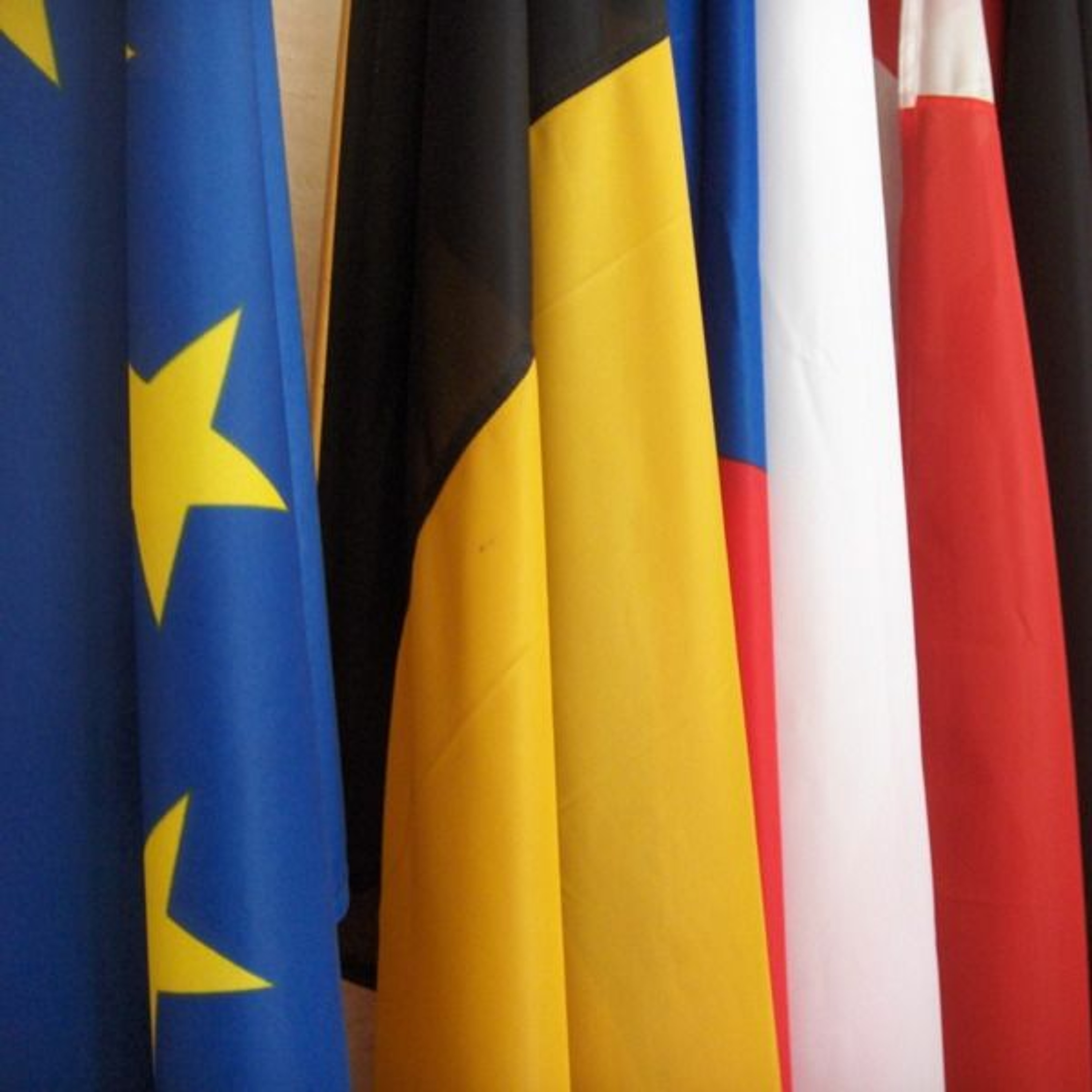
Hold That ThoughtIn A Global Economy, What Happens To Elections?When battling for votes and popular support, political parties across the globe have often chosen to focus on economic issues. But as countries become more and more integrated into a larger, global economy, does this remain true? Or, do non-economic issues like immigration, the environment, and social justice become more prominent? In a recent paper, graduate student Dalston Ward, along with two of his classmates and political scientist Margit Tavits from Washington University in St. Louis, examined the role of globalization in how political parties have changed strategies over time.
2015-10-0808 min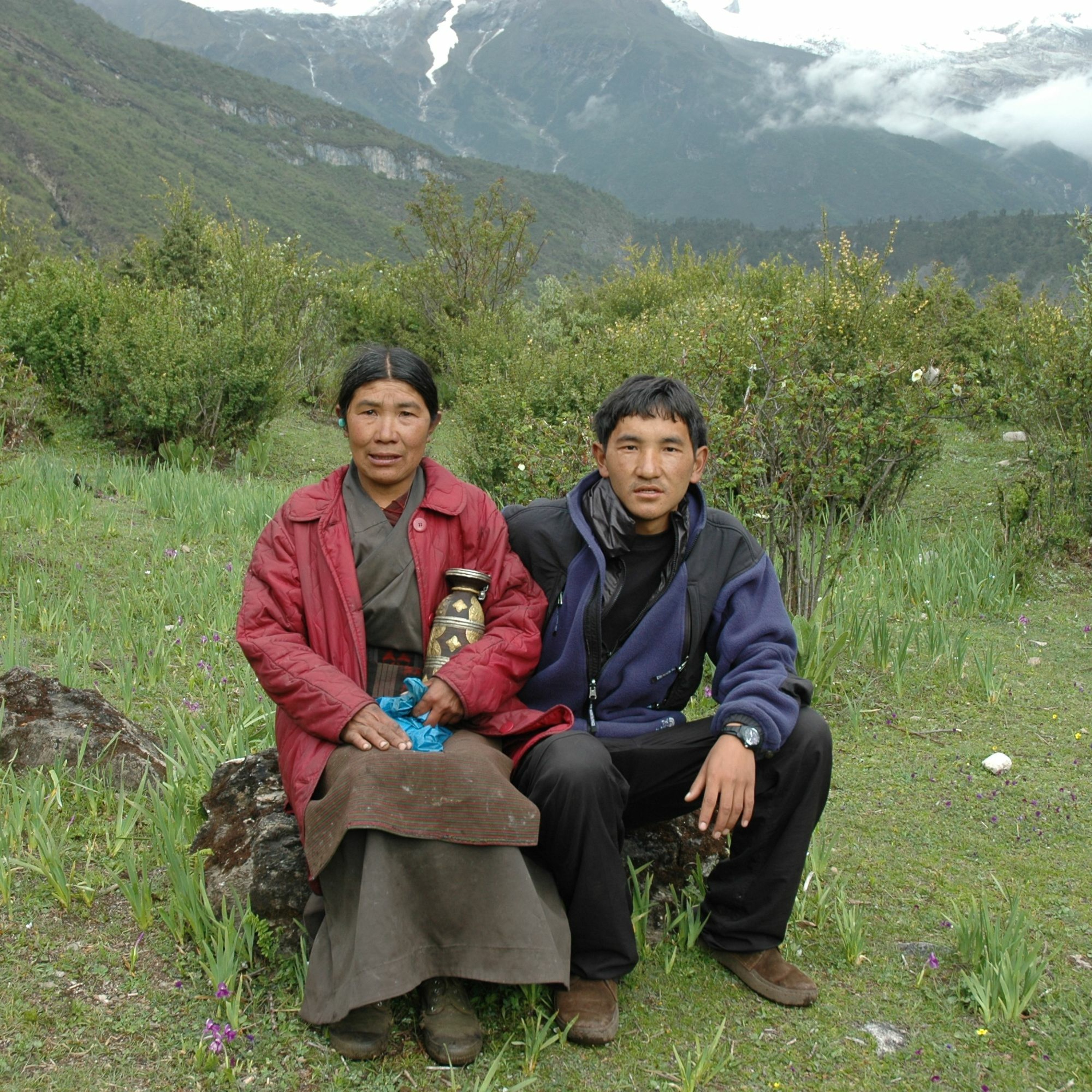
Hold That ThoughtMigration and Change in the Himalayan HighlandsHigh in the rugged mountains of Nepal, communities in the valley of Nubri are confronting rapid changes. In recent years, the majority of school-age children from Nubri leave their villages to be educated in boarding schools or monasteries outside the valley. What opportunities do these children have once they finish school, and what happens to these ethnically Tibetan communities if the children never come home? Geoff Childs, an anthropologist from Washington University in St. Louis, has been working in Nubri for decades. Here, he explains a complicated story of outmigration and cultural change.
2015-09-2412 min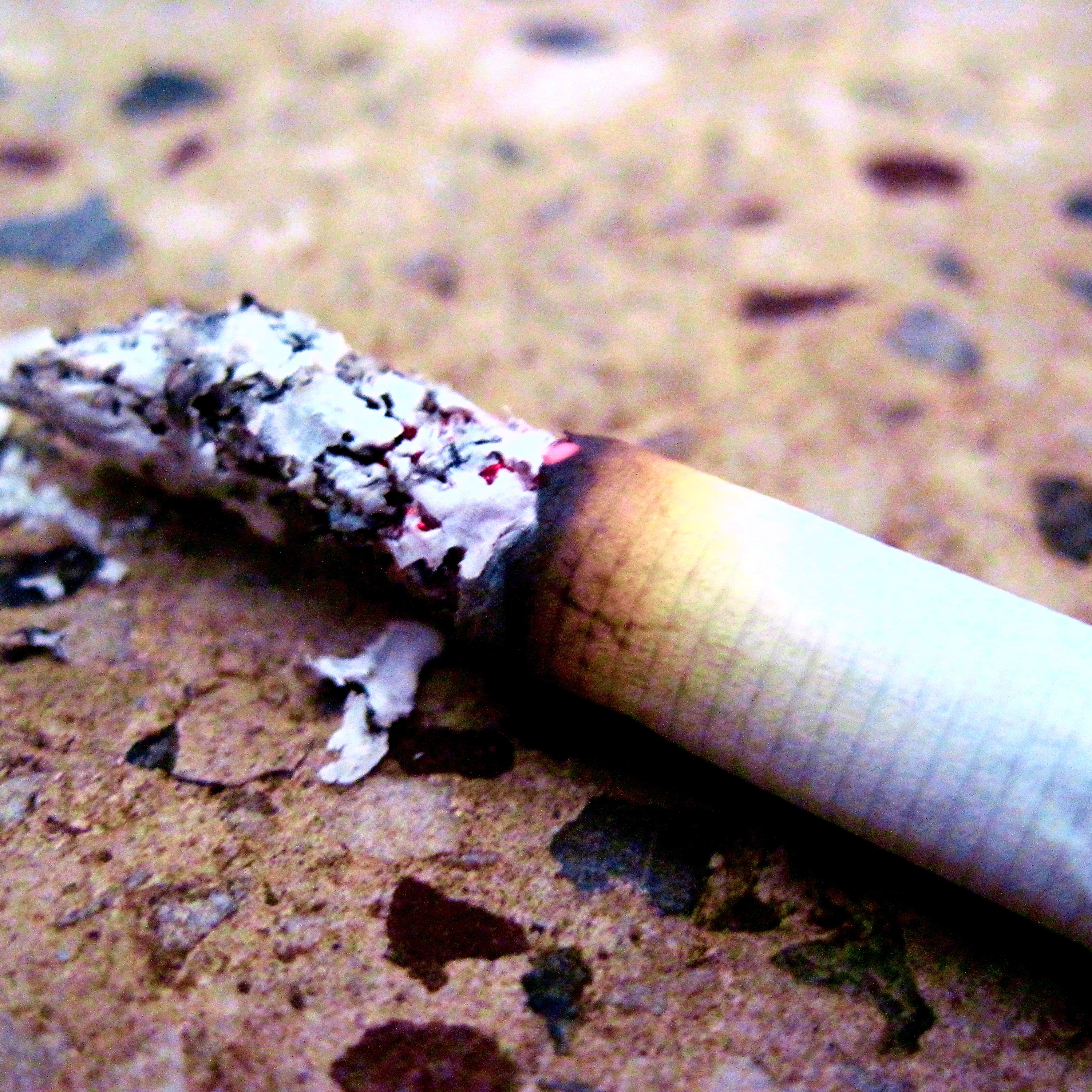
Hold That ThoughtAn Adult Choice? Corporate Responsibility and the Global Face of TobaccoTobacco has been a global industry for more than a century. But in the era of corporate social responsibility, how do tobacco companies justify their push to sell even more cigarettes around the world? Trade agreements like the currently proposed Trans Pacific Partnership make it easier for tobacco corporations to flood markets in low- and middle-income countries, where 80% of the world's billion tobacco users live. Peter Benson, an anthropologist from Washington University in St. Louis and author of Tobacco Capitalism, weighs in.
2015-09-0913 min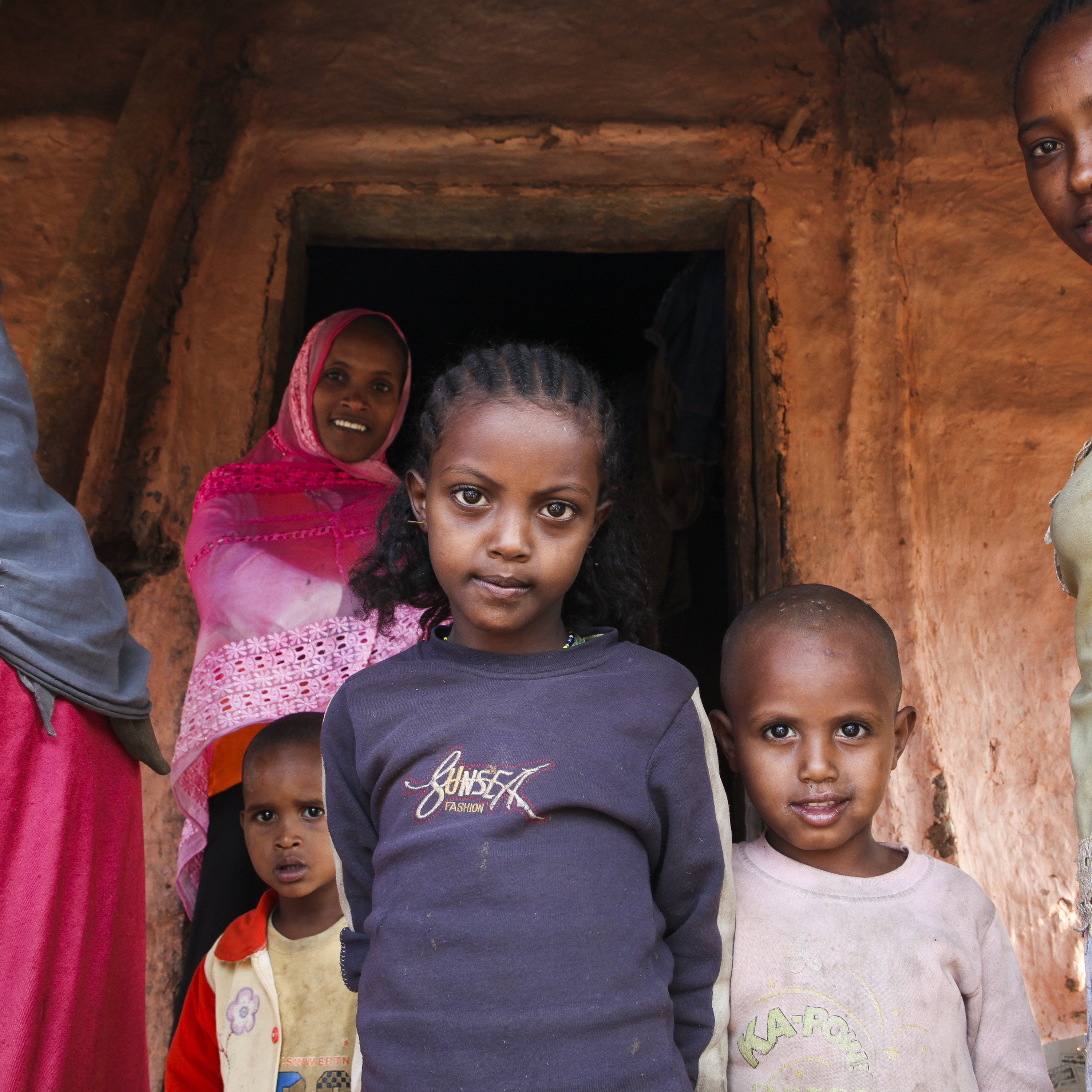
Hold That ThoughtA Few Dollars Can Help Girls Stay In School. Here's How.In the United States, a woman's monthly period is rarely more than a slight inconvenience. In places like the Tigray region of Ethiopia, however, the story is much different. There, many girls face adolescence without information and without basic materials like sanitary pads or tampons. Confused and embarrassed, menstruating young women often stay home from school. With the help of Dr. Lewis Wall from Washington University in St. Louis, one Ethiopian woman is attempting to create a local, sustainable solution to this problem. You can find out more about their efforts at www.dignityperiod.org.
2015-09-0210 min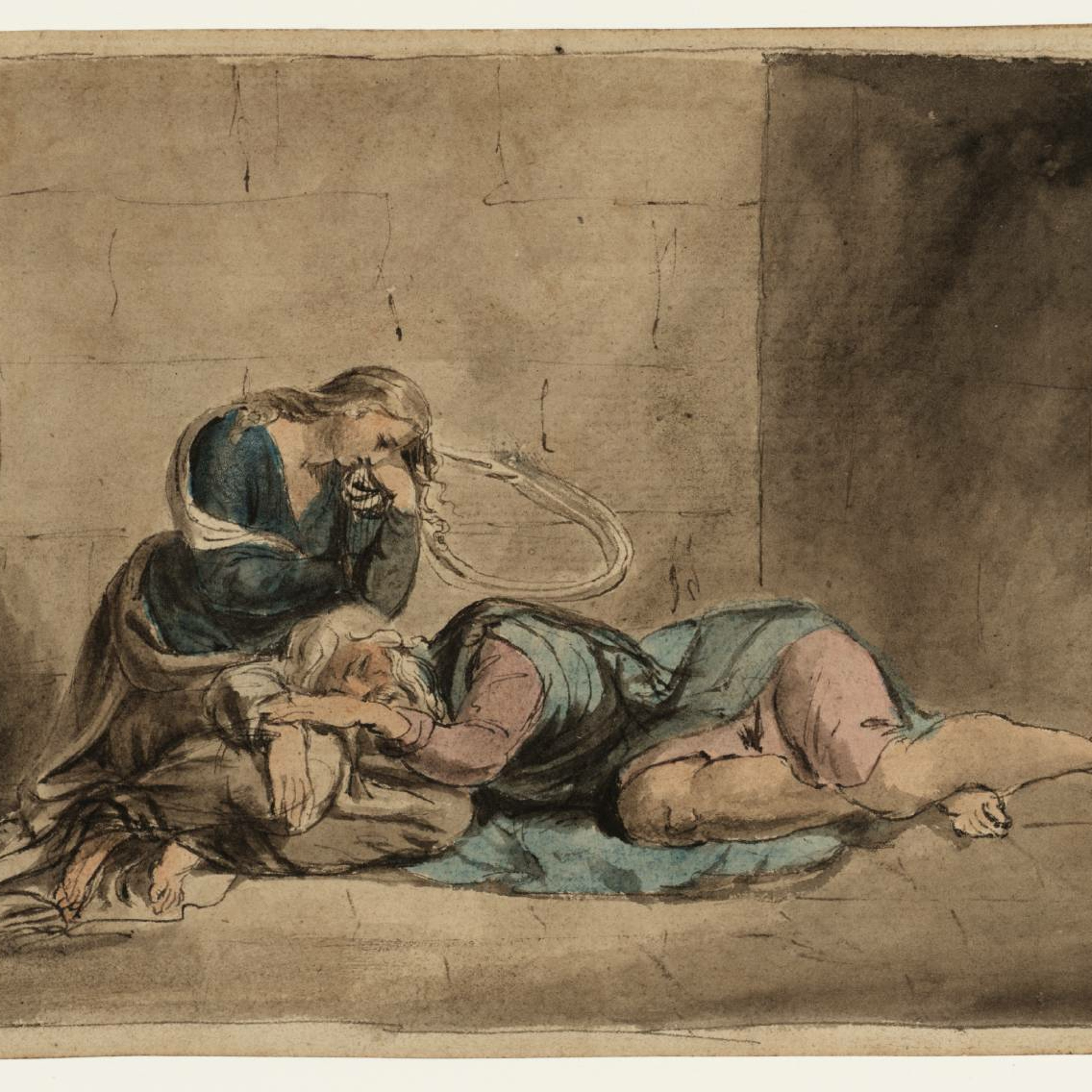
Hold That Thought"The Quality of Mercy": A Shakespearean themeMost authors have a "signature moment," a theme or scene that reoccurs in their work as if they're exploring it from every angle, and Robert Wiltenburg believes that the quintessential Shakespearean theme is mercy. Wiltenburg, the former dean of University College and an adjunct associate professor of English at Washington University in St. Louis, takes us through Shakespeare's comedies, tragedies, and romances to show how mercy evolves in each genre, highlighting great triumphs--and disasters--along the way.
2015-07-2115 min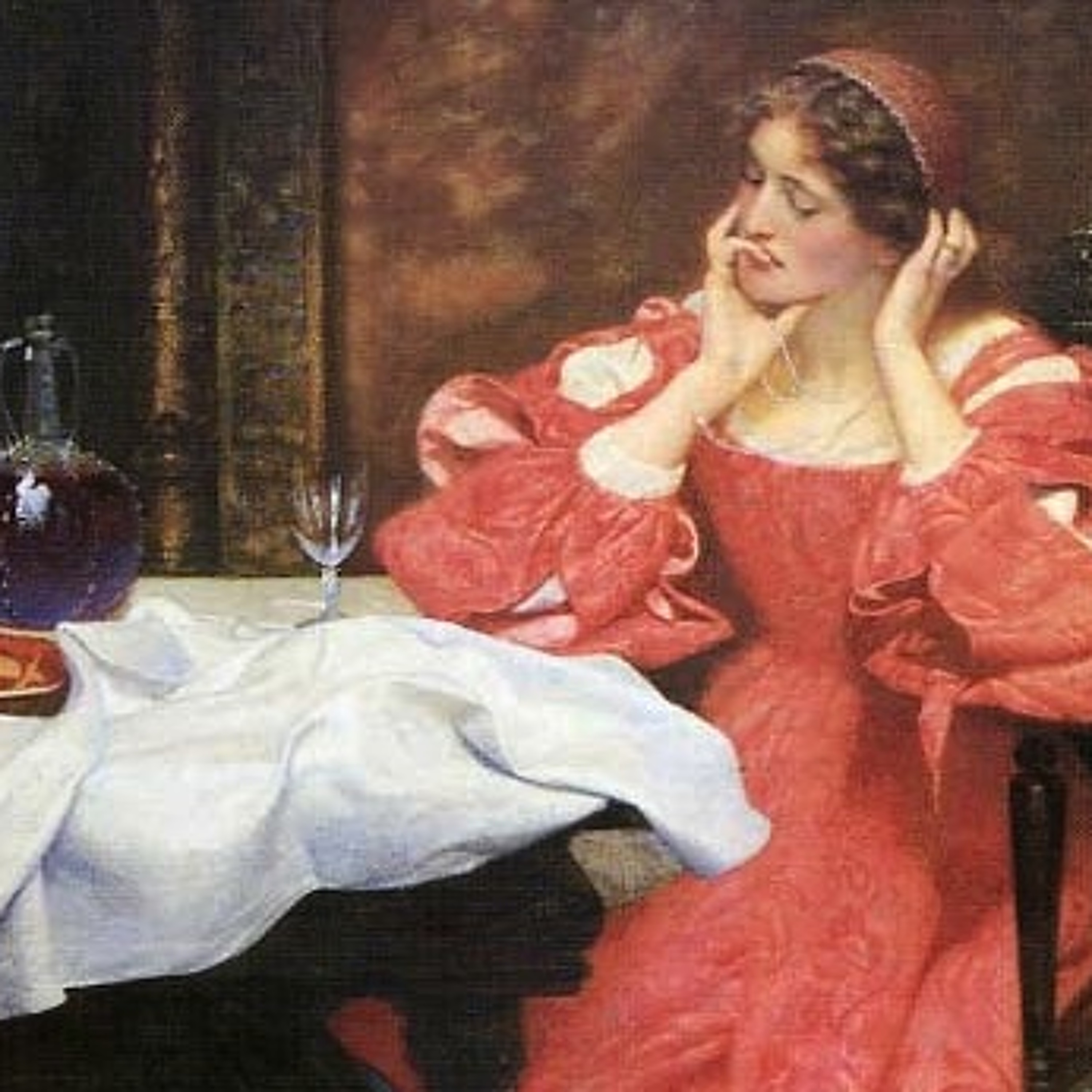
Hold That ThoughtBattle of the Sexes: The Women of ShakespeareShakespeare wrote a number of strong and memorable female characters like Kate in The Taming of the Shrew and Cleopatra of Antony and Cleopatra, but would it be fair to call him a feminist? Not really, says our guest Jami Ake, assistant dean and senior lecturer in Women, Gender, and Sexuality Studies and the Interdisciplinary Project in the Humanities at Washington University in St. Louis. She explains why questions of gender and power were prominent in early modern England society and theater and examines the range of roles women take on in Shakespeare's plays.
2015-07-1415 min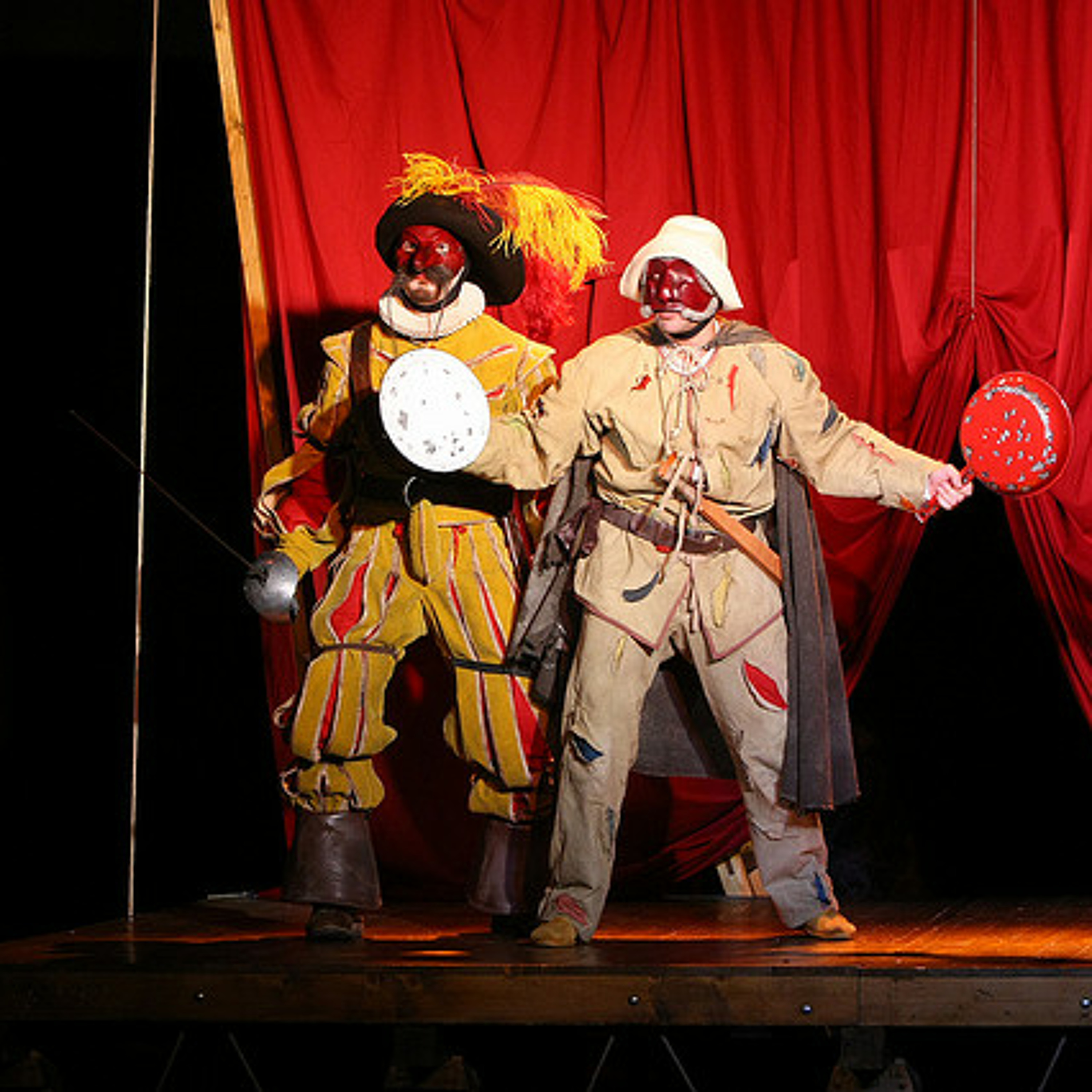
Hold That ThoughtCommedia dell'Arte & the Tragicomedy: Shakespeare's Italian InfluencesBy now it's clear that Shakespeare drew inspiration from a variety of sources. Robert Henke, a professor of drama and comparative literature at Washington University in St. Louis, studies the Bard in the European context and particularly his Italian sources and influences. He reveals the fingerprints of the famous Italian theater troupe, the Commedia dell'Arte, in Shakespeare's comedies and discusses the Italian plays and novellas at the heart of Romeo and Juliet and The Taming of the Shrew.
2015-07-0712 min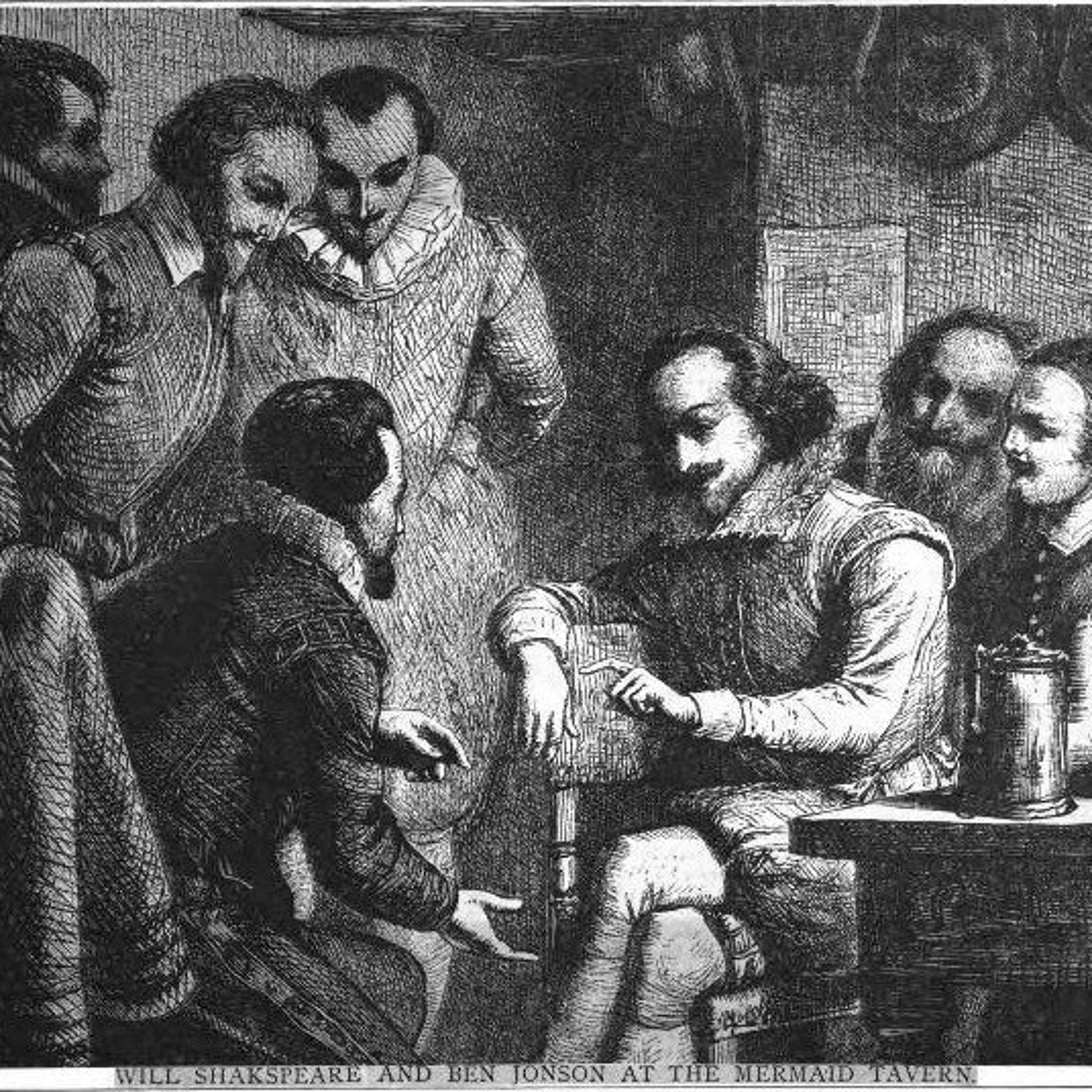
Hold That ThoughtFriends and Rivals: Shakespeare and the CompetitionThe early modern English theater scene of was fairly small and highly competitive. Playwrights like Shakespeare, Ben Jonson, and Edmund Spenser were friends, but also rivals. They collaborated, imitated, and satirized each other equally as they jostled for success. Joe Loewenstein, a professor of English and director of the Interdisciplinary Project in the Humanities and the Humanities Digital Workshop at Washington University in St. Louis, returns to share stories about these relationships and discusses the fluid nature of authorship in theater at the time.
2015-06-3014 min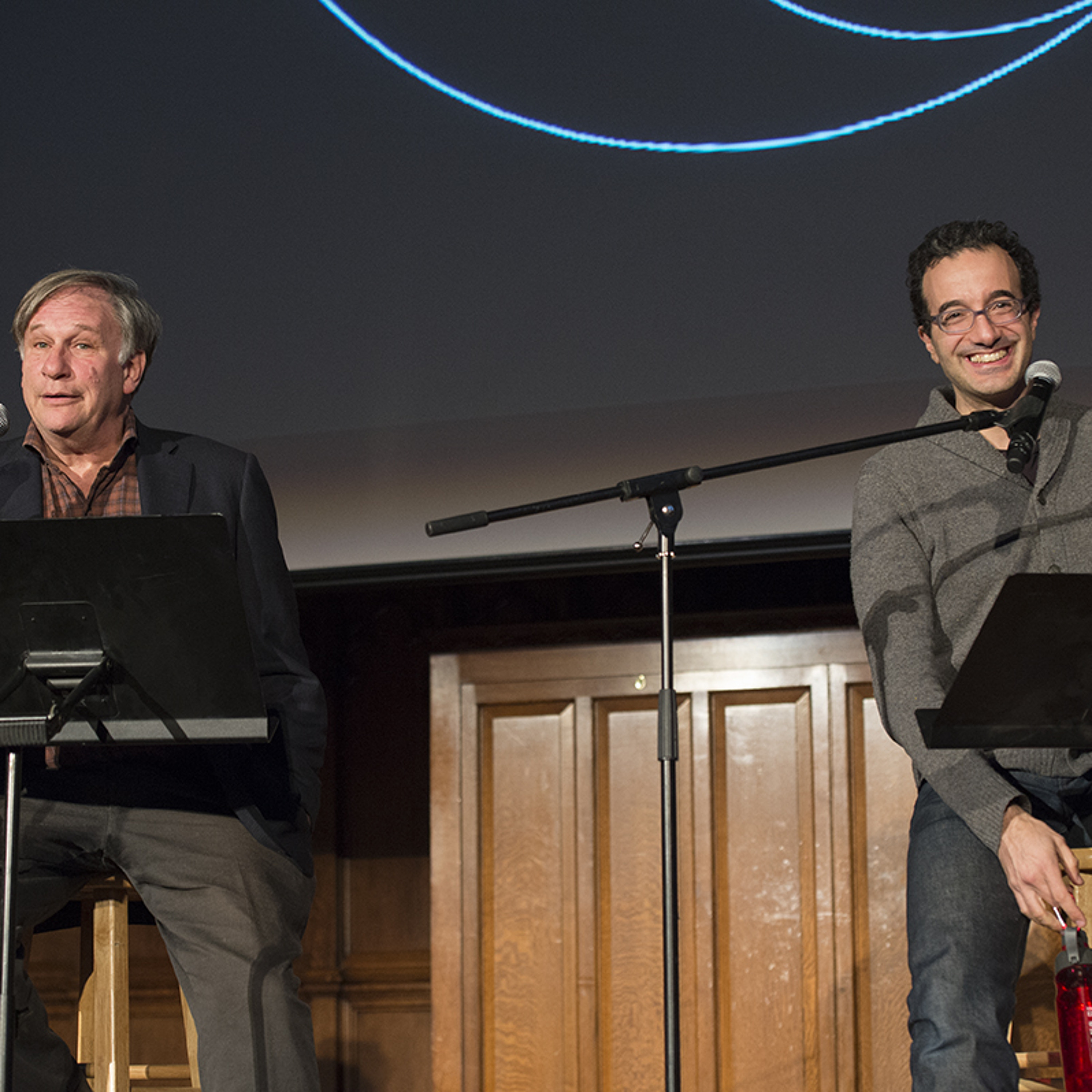
Hold That ThoughtGetting Lost With Radiolab: A Conversation with Jad Abumrad and Robert KrulwichCuriosity. Obsessions. Serial. Hermaphroditic snails. The “shape” of a radio show. When you sit down with Jad Abumrad and Robert Krulwich, creators and cohosts of the innovative, hugely popular podcast Radiolab, you never know where the conversation will lead.
As millions of listeners know, Abumrad and Krulwich regularly blur the boundaries between storytelling, science, and philosophy in their sound-rich show, which airs on more than 450 NPR stations around the country. Hold That Thought’s Claire Navarro and Rebecca King were thrilled to meet and interview both Abumrad and Krulwich earlier this year, when the duo visited Washington University in St. Louis...
2015-06-1733 min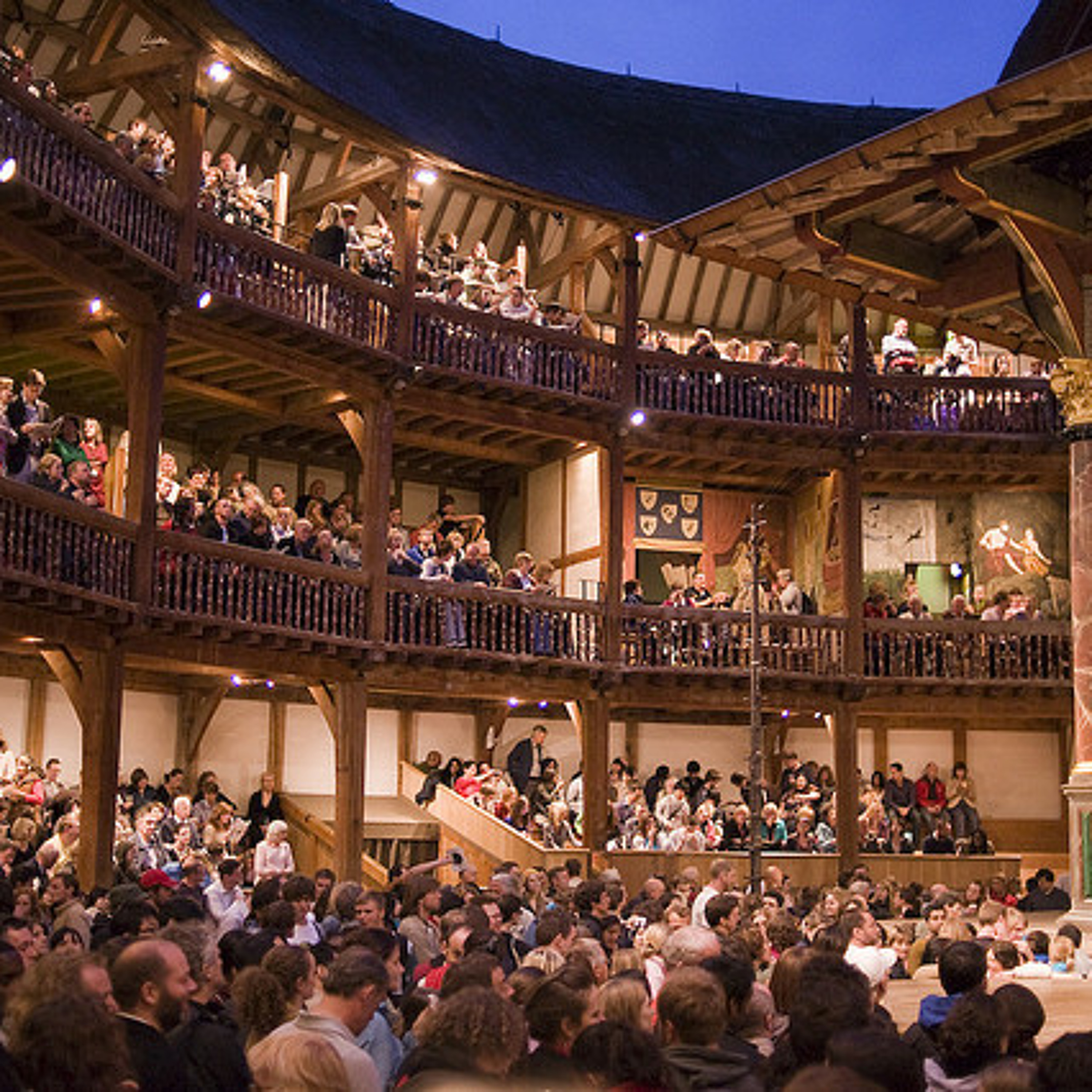
Hold That ThoughtThe Birth of Theater As We Know ItWhile Shakespeare wrote his plays, English theater itself was changing. The first actual theaters like the Globe were built, so companies could perform in places built soley for performance rather than marketplaces, pubs, or inns. Instead of religious and morality plays, writers brought politics, race, and class issues to the stage for the first time in London, which made authorities wary. Musa Gurnis, an associate professor of English at Washington University in St. Louis, explains what early modern theater was like for London-theater goers and how the theater gave English society a way to think about itself in a new...
2015-06-0913 min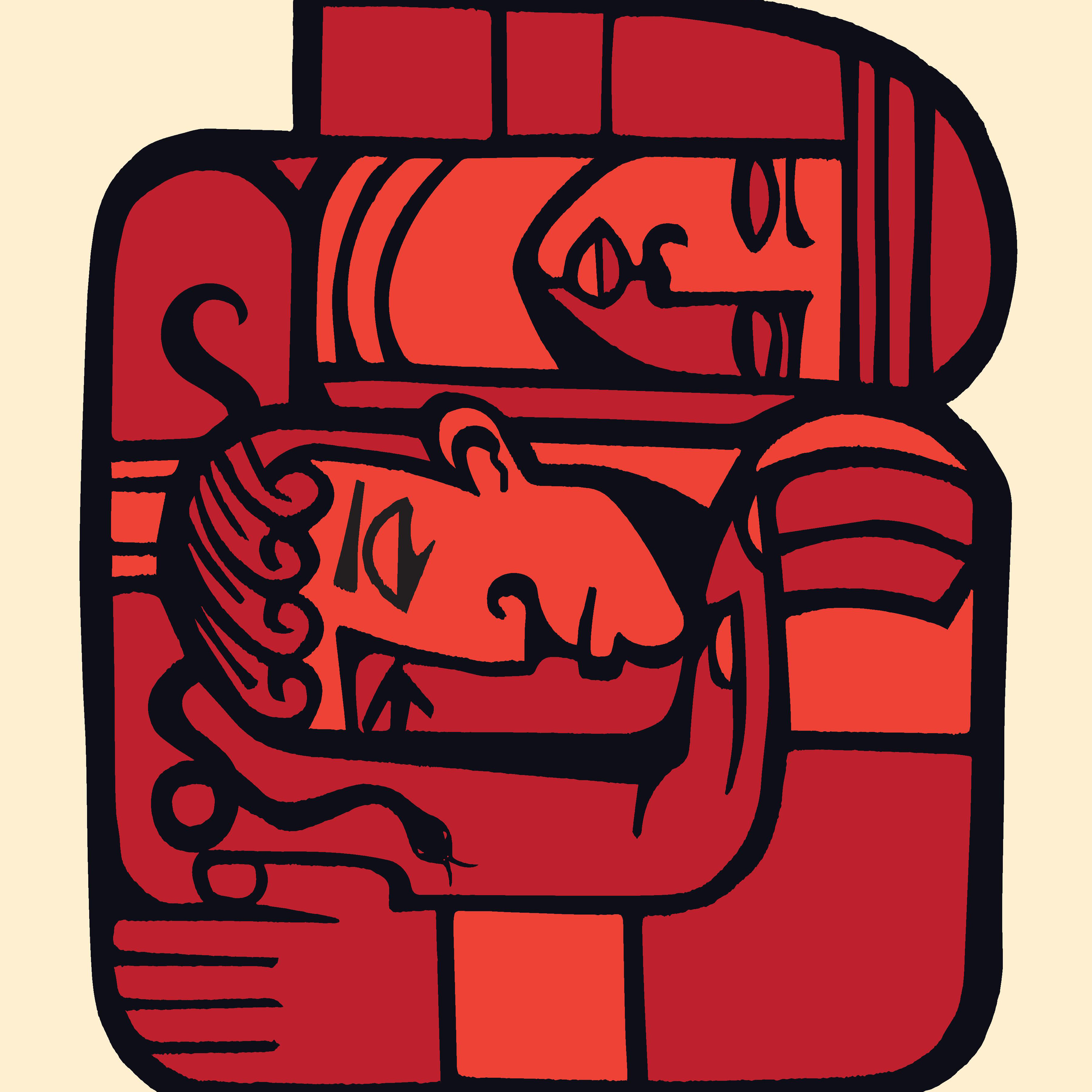
Hold That ThoughtThe Real Antony and CleopatraAfter talking with Shakespeare Festival St. Louis about their current production of Antony and Cleopatra, I decided to meet up with Roman historian Karen Acton at Washington University in St. Louis to get a sense of the real people behind the legend. Together, we look back at Plutarch's The Life of Antony, which William Shakespeare used to write his play, and the texts that survive about the lovers from their contemporaries, rivals, and ancient Roman writers.
2015-05-2514 min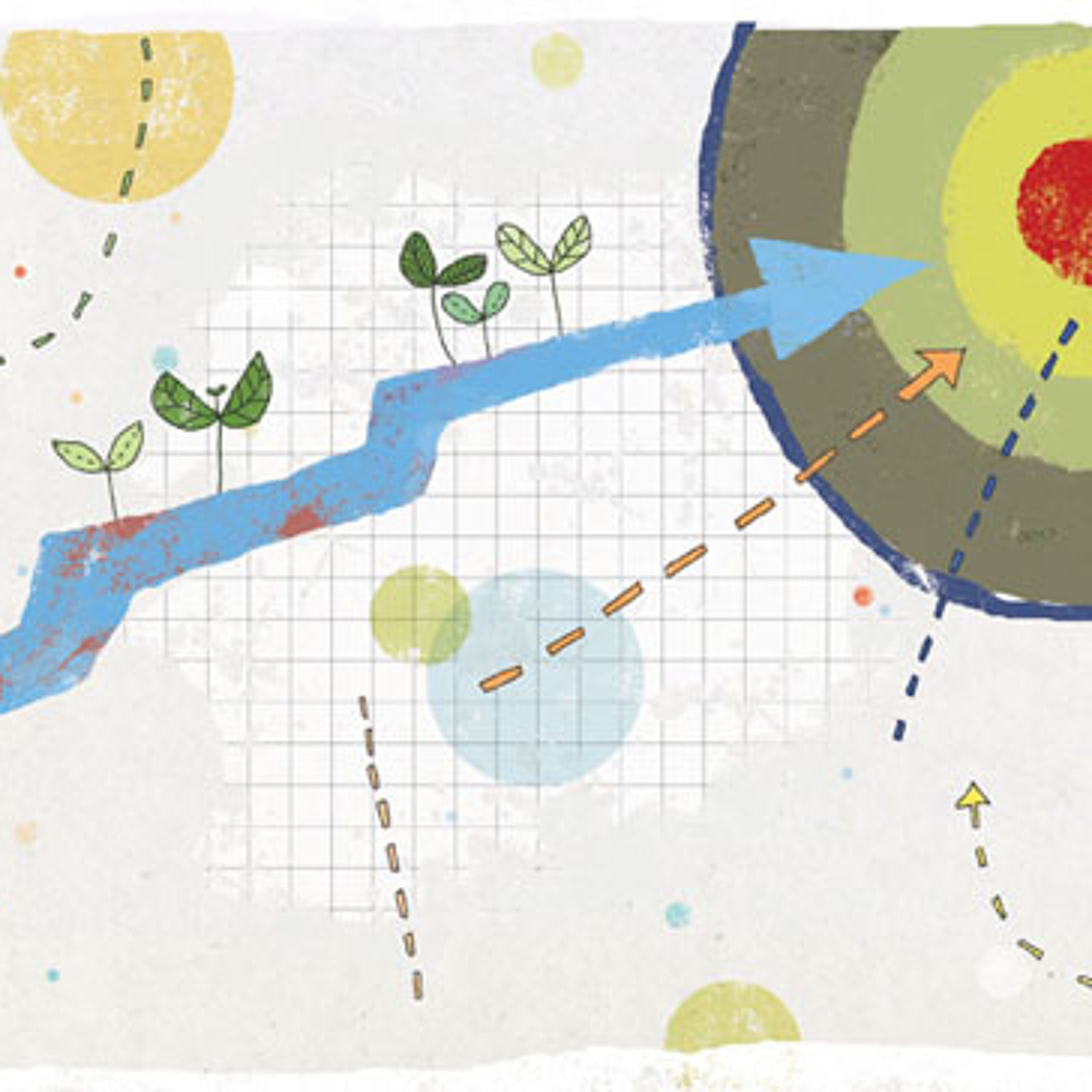
Hold That ThoughtGraduate Students Ask: Why Does Innovation Take So Long?Ever wonder why innovations in areas like health care and energy always seem just over the horizon, instead of already here? You're not alone. At Washington University in St. Louis, graduate students wrestling with this question created the "Where's My Jetpack?" speaker series to shed light on barriers to innovation. Rebecca Lowdon, cofounder of the graduate student group ProSPER, and Kimberly Curtis, assistant dean for graduate student affairs, discuss the creation of ProSPER, the "Where's My Jetpack?" series, and the importance of graduate student leadership.
ProSPER promotes science policy, literacy, and advocacy through career development, education, and community outreach. In...
2015-04-1617 min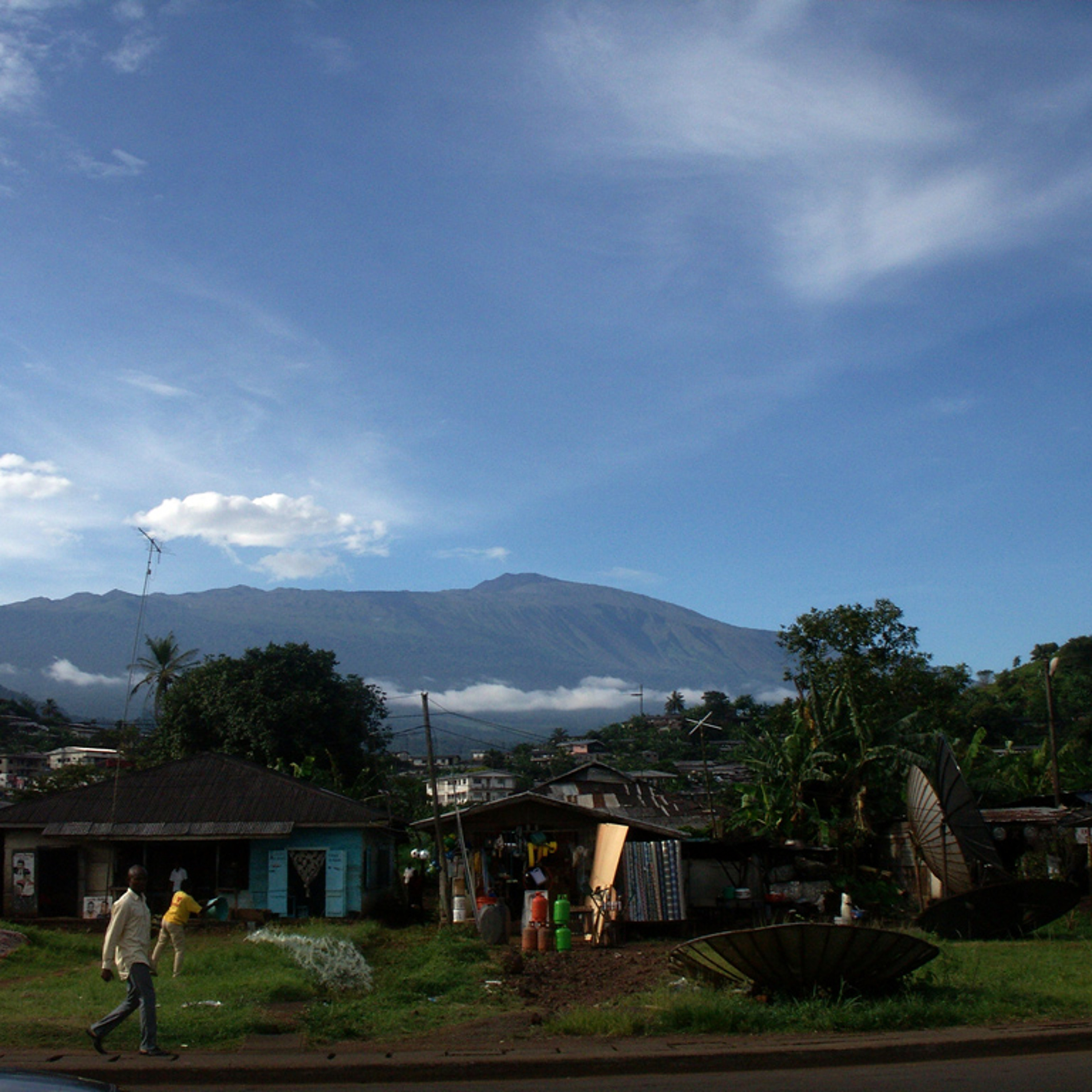
Hold That ThoughtA Volcanic MysteryAubreya Adams, a postdoctoral researcher at Washington University in St. Louis, describes the Cameroon Volcanic Line as "one of the most interesting features in Africa that most people have never heard of." These volcanoes are something of a mystery, even to geologists - nobody knows exactly how they were created. However, Adams' research is shedding light on the puzzle. Here she discusses her findings and shares some of the process behind seismology fieldwork.
2015-03-2012 min
Hold That ThoughtDiscovery in the Lau BasinDeep under the ocean, enormous tectonic plates push against one another and spread apart. Shawn Wei, a doctoral student and McDonnell Scholar at Washington University in St. Louis, wants to understand what's really going on down there. Deep in the Pacific Ocean, how do rock, magma, and water interact? To find out, Wei analyzed data collected at the famous Lau Basin, one of the most geologically active places on Earth - and his results surprised all the experts. Here, Shawn describes his discovery, his methods, and how science isn't always like what you seen in the movies.
2015-03-0612 min
Hold That ThoughtStories In RocksIn his rock deformation laboratory here at Washington University in St. Louis, Phil Skemer applies huge amounts of heat and pressure to rock samples. Crushing rocks may sound just like fun, but he and his team are seeking answers to fundamental questions about how Earth works. Why does our planet have plate tectonics, when neighbors like Venus do not? To look for clues, Skemer uses - and builds - instruments that replicate the intense conditions found deep in the interior of the Earth.
2015-02-2512 min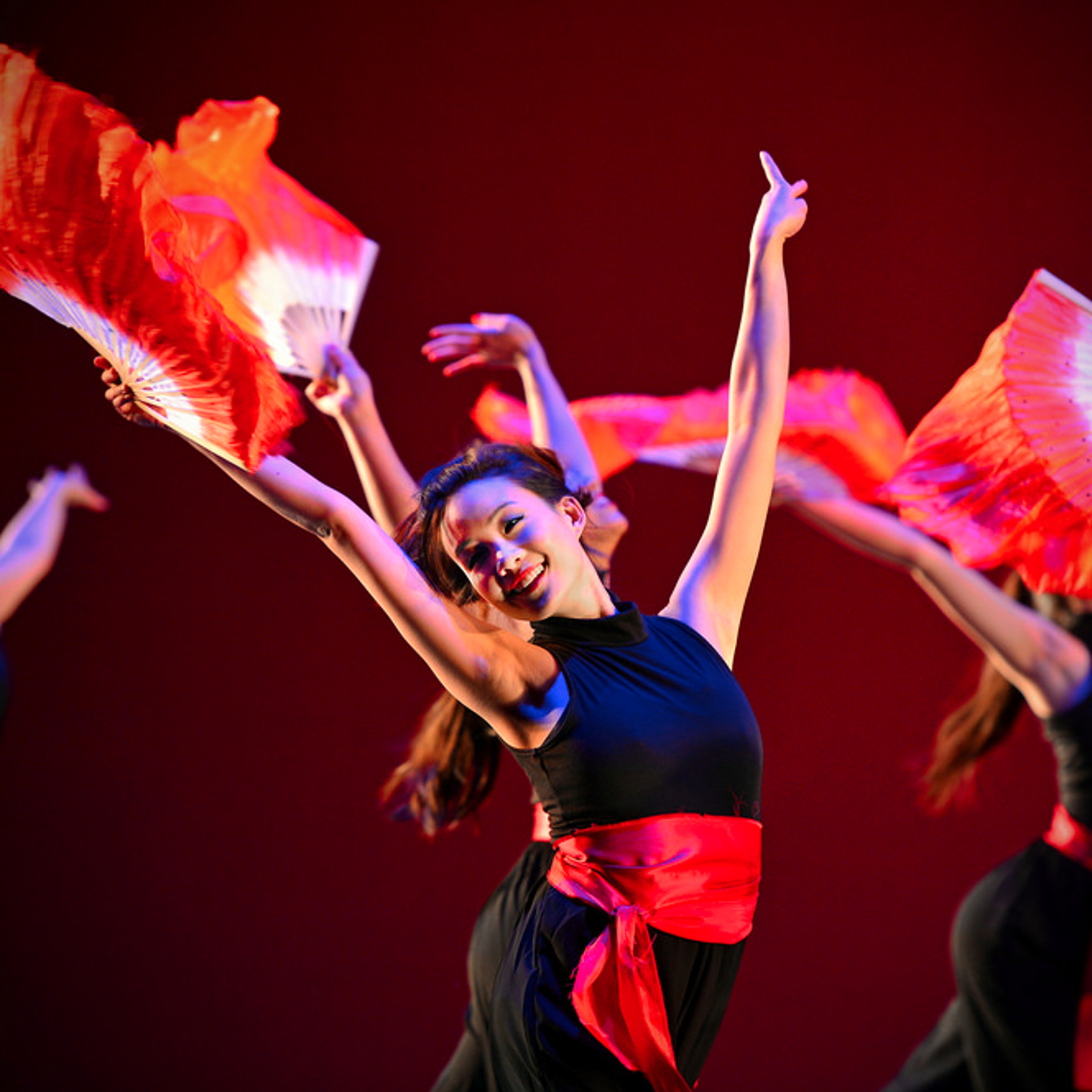
Hold That ThoughtMemories of Chinese New YearFor thousands of years, Chinese New Year has been celebrated in the spring to mark the beginning of a new lunar year. Traditions surrounding this festival have varied across time and cultures - here at Washington University in St. Louis, they include the student-run Lunar New Year Festival. To commemorate the occasion this year, Linchei Letty Chen, associate professor of Chinese language and literature, shares personal memories from new year's festivals she experienced growing up in Taiwan.
2015-02-1907 min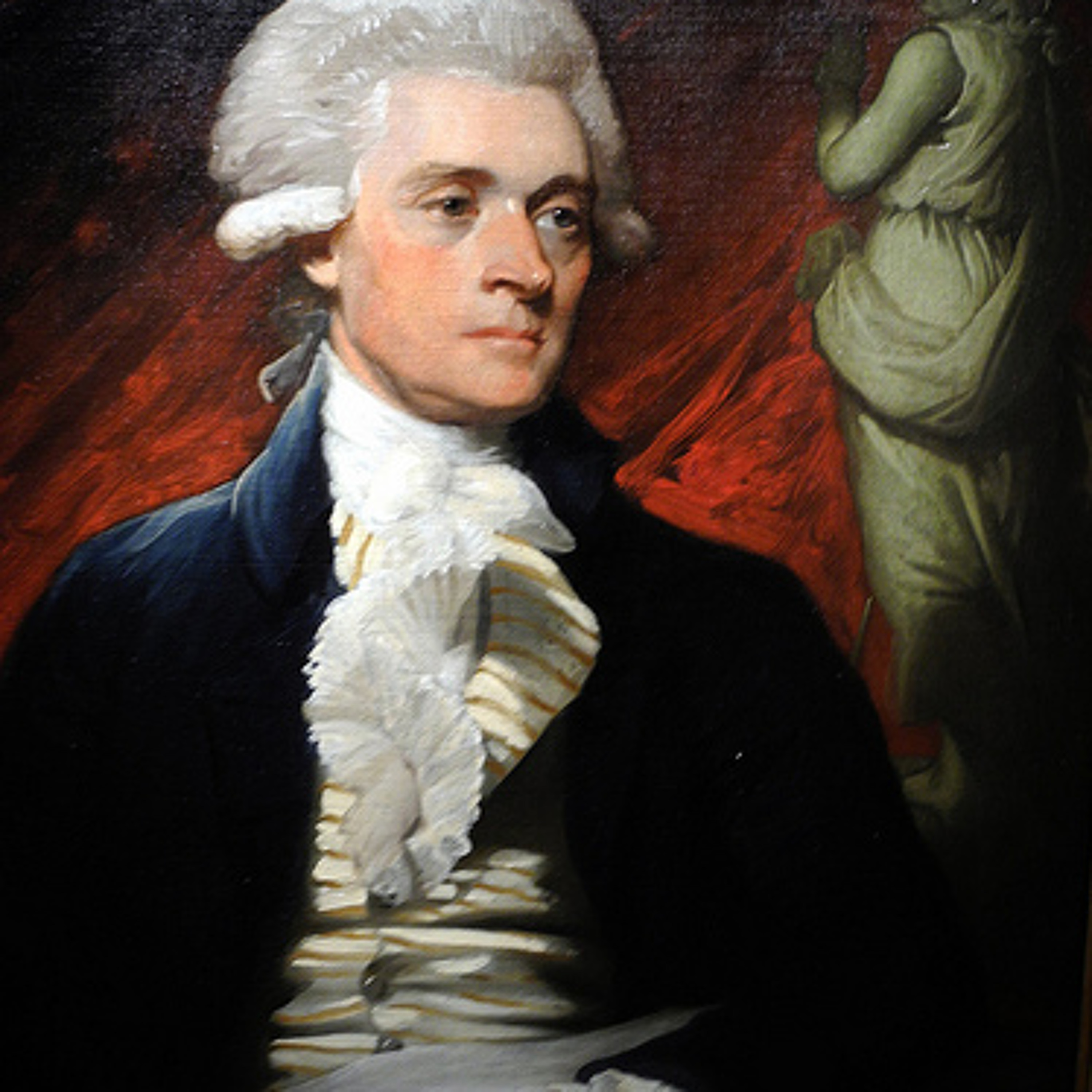
Hold That ThoughtThe Legal Mind of Thomas JeffersonBefore becoming the principal author of the Declaration of Independence, Thomas Jefferson was a successful lawyer in Virginia. His legal training influenced the way he thought about government and politics, yet this earlier part of his career has largely been ignored by historians. David Konig, professor of history and law at Washington University in St. Louis, has spent years analyzing the complex legal notes and papers that tell the story of Jefferson's time as an attorney. He is currently writing a biography that will shed light on this fascinating and neglected aspect of Jefferson's life and mind.
2015-02-0510 min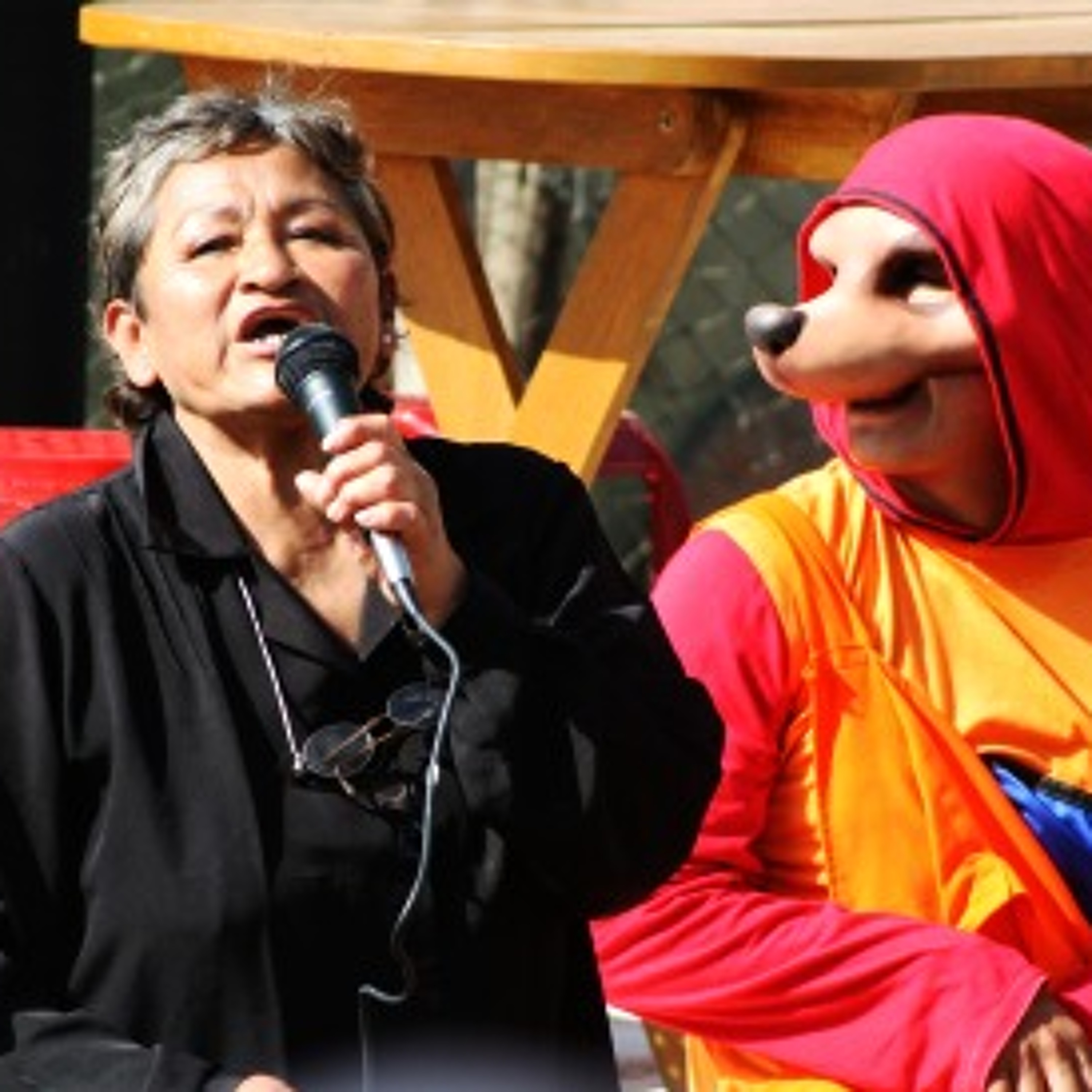
Hold That ThoughtTheater for HealthAccording to some estimates, just 6 percent of mothers in Peru wash their hands before preparing food. Is it possible that theater could help change this statistic? Art can surely offer personal comfort and emotional healing, but can it influence public health? By helping to develop the Arts for Behavior Change (ABC) program in Lima, Peru, Boston University music professor André de Quadros sought to answer these questions. In his research, teaching, and performances around the world, de Quadros emphasizes using the arts for social change. He spent time with the music department at Washington University in St. Louis this past f...
2015-01-2206 min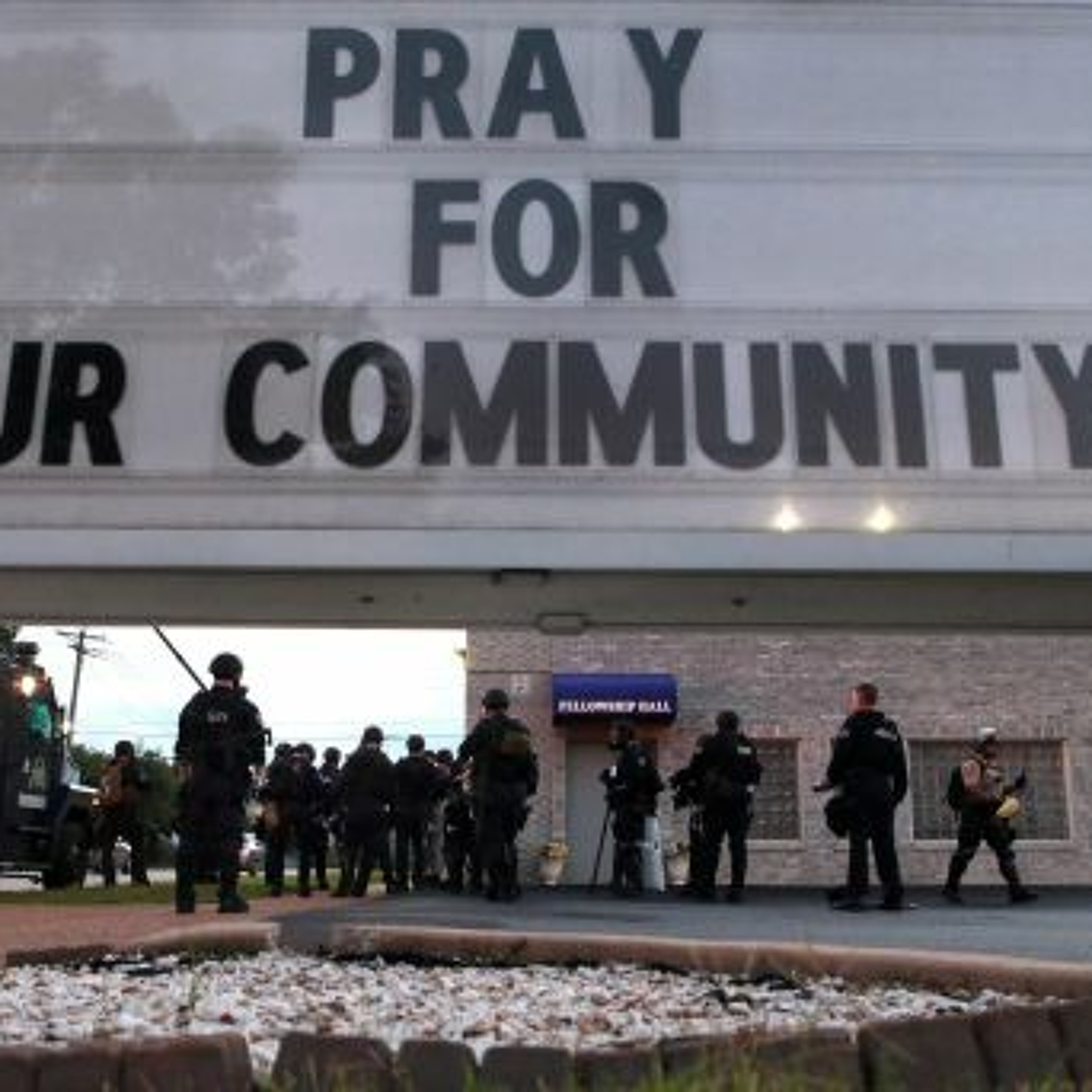
Hold That ThoughtFaith and Protest in FergusonFive months after the death of Michael Brown, the community of Ferguson, Missouri, continues to work toward healing and define common goals - in many cases, with the help of religious leaders and institutions. Laurie Maffly-Kipp, professor of religion and politics at Washington University in St. Louis, reflects on the role of faith and church leadership in social and political movements, both in Ferguson and throughout American history.
2015-01-1408 min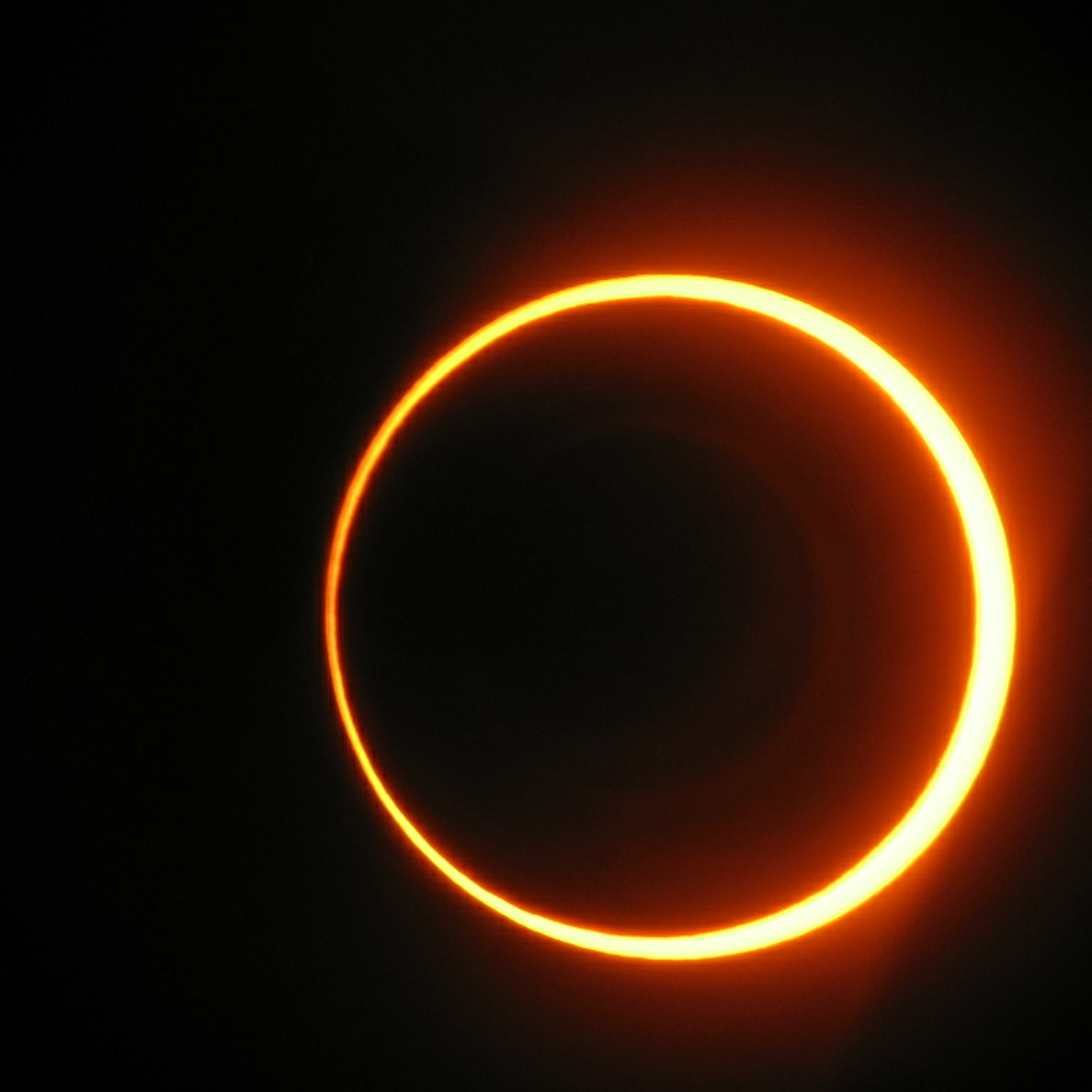
Hold That ThoughtFrom the Cutting Room: Predicting EclipsesDr. Michael Friedlander, professor emeritus of physics at Washington University in St. Louis, describes how using historical writings to calculate when future eclipses will take place has revealed new questions about the earth's rotation which scientists are still puzzling over.
2014-12-2303 min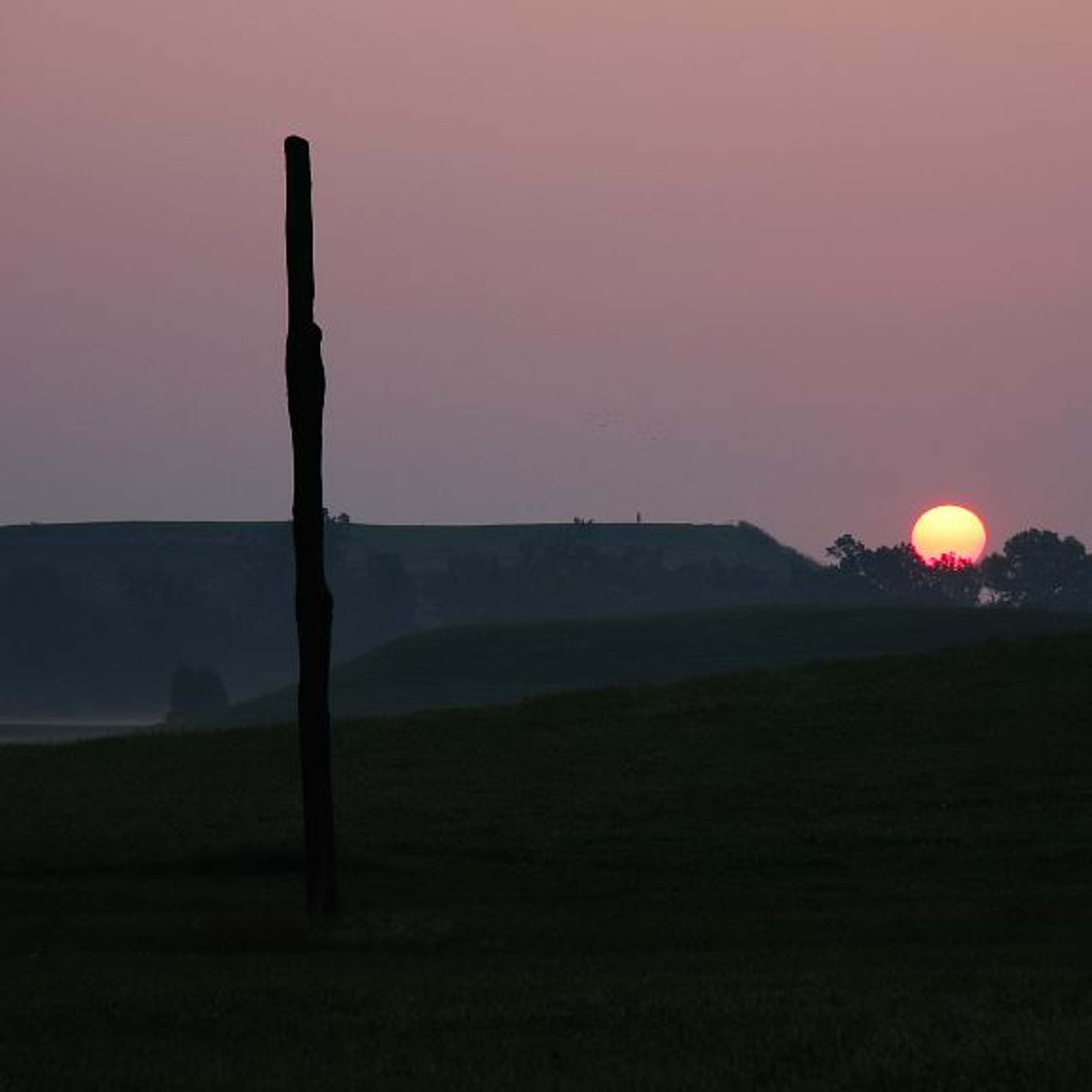
Hold That ThoughtDigging into ArchaeoastronomyThe Winter Solstice is on December 21 and marks the shortest day of the year, which was once a very important day to many cultures. In fact, there are thousands of structures across the globe, including the impressive Stonehenge, built by our early ancestors to predict the equinoxes and solstices. So why did they make all this effort? Michael Friedlander, a professor emeritus of physics, and John Kelly, a senior lecturer in archaeology, both at Washington University in St. Louis, introduce us to the field of archaeoastronomy, which they use to examine one of the greatest pre-Columbian civilizations in the United...
2014-12-1822 min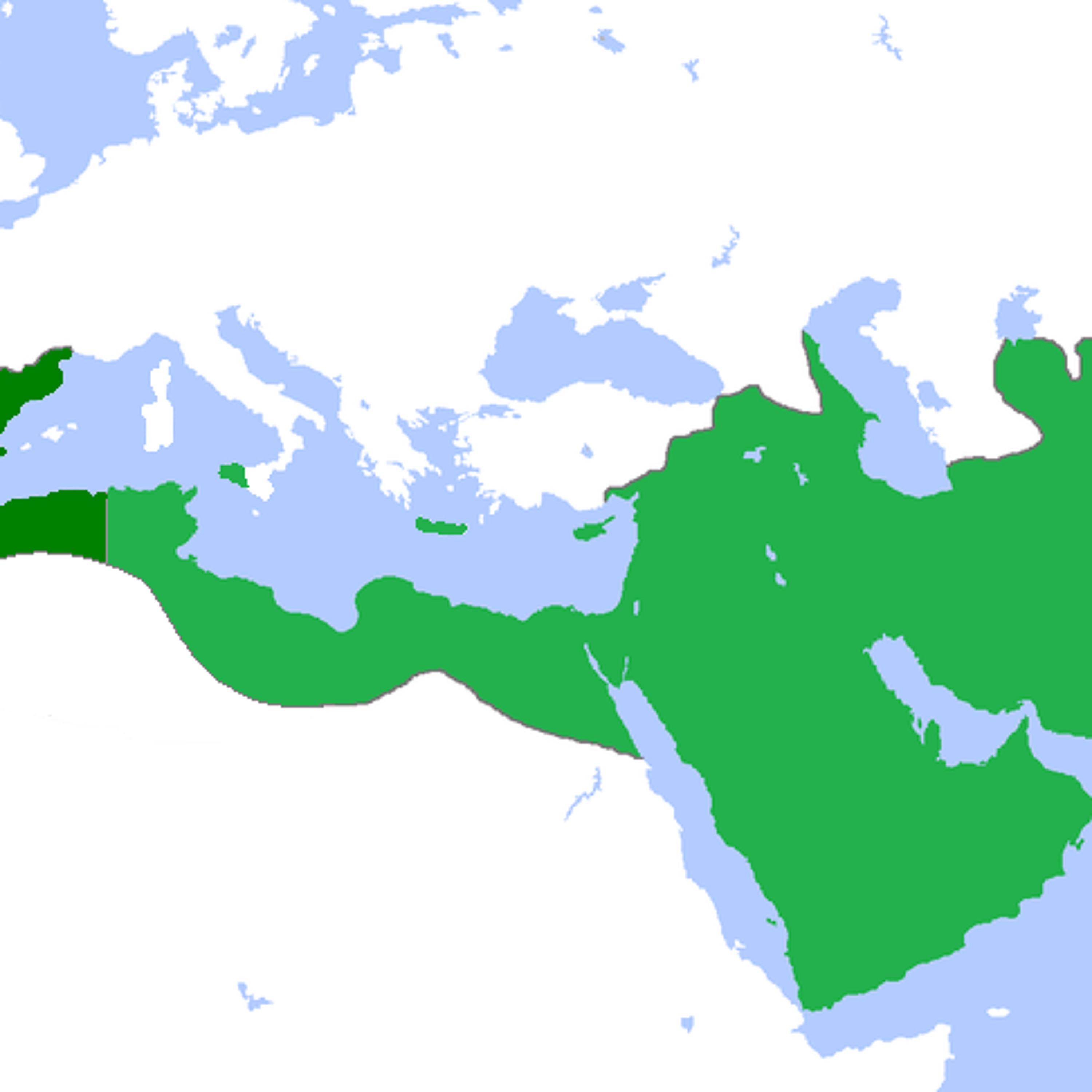
Hold That ThoughtAnarchism and Dissent in Medieval IslamHayrettin Yücesoy, professor of Islamic and Arabic studies at Washington University in St. Louis, takes us back to the political and theological debates of 9th-century Baghdad. Scholars later claimed that in the medieval Islamic world, religion and politics fit neatly together. However, as Yücesoy explains, the historical reality was much more complicated. Religious scholars, political leaders, and even elite anarchists all had competing ideas about the relationship between Muslim faith and politics.
2014-12-1109 min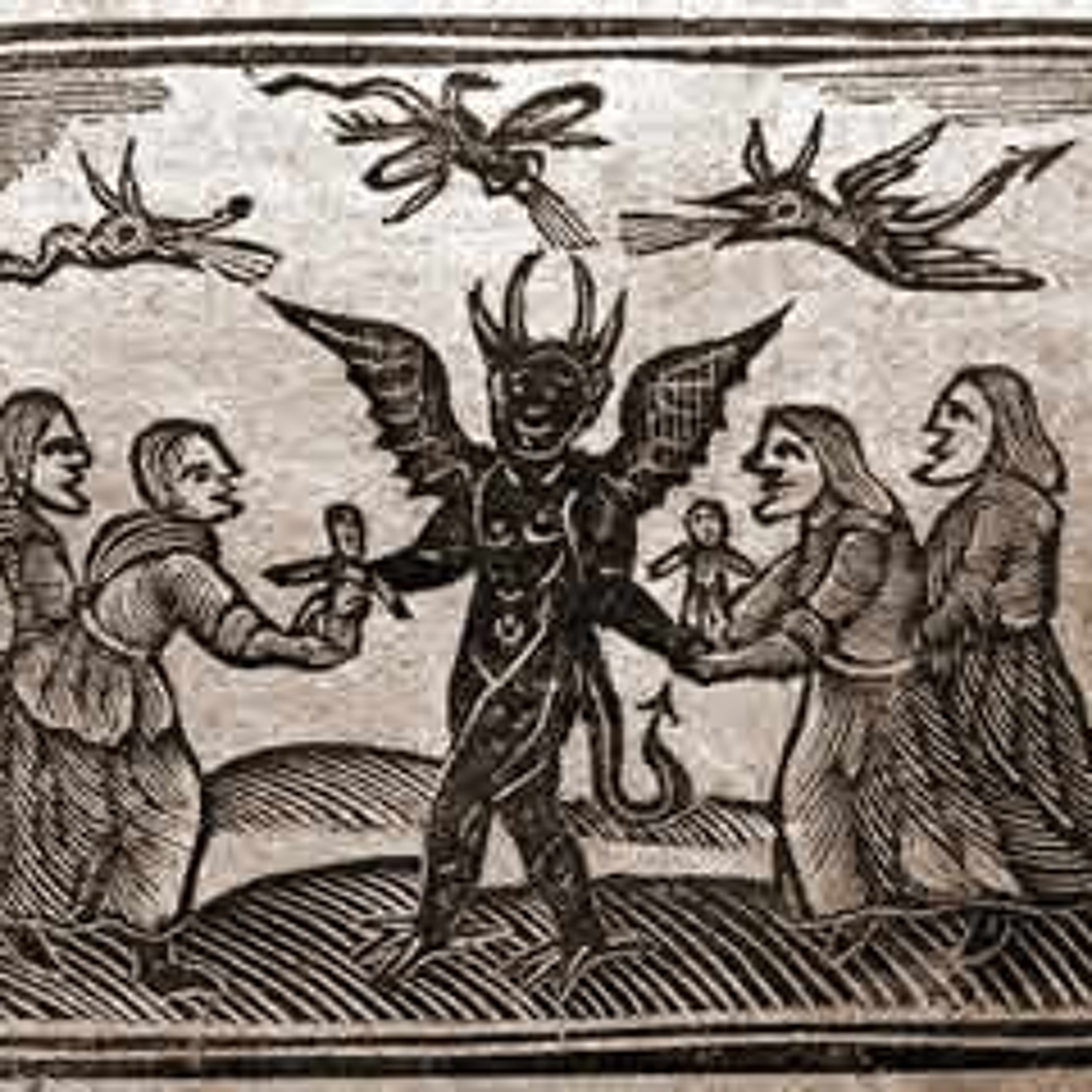
Hold That ThoughtThe Witches' Hammer: Magic and Law in early modern EuropeIn 1487, when the witch trials were just starting to take root in Europe, a Dominican priest published the Malleus Maleficarum, or The Witches' Hammer, a treatise on the prosecution of witches in a court of law. This text would be used over the next three centuries as the authority on prosecuting witches, laying out the rules for the trial, torture, and why women in particular were so susceptible to witchcraft. By the end of the witch craze in the 1720s, an estimated 80,000 had been tried and executed. In this extended episode, Gerhild Williams, a professor of comparative literature at Washington...
2014-10-2929 min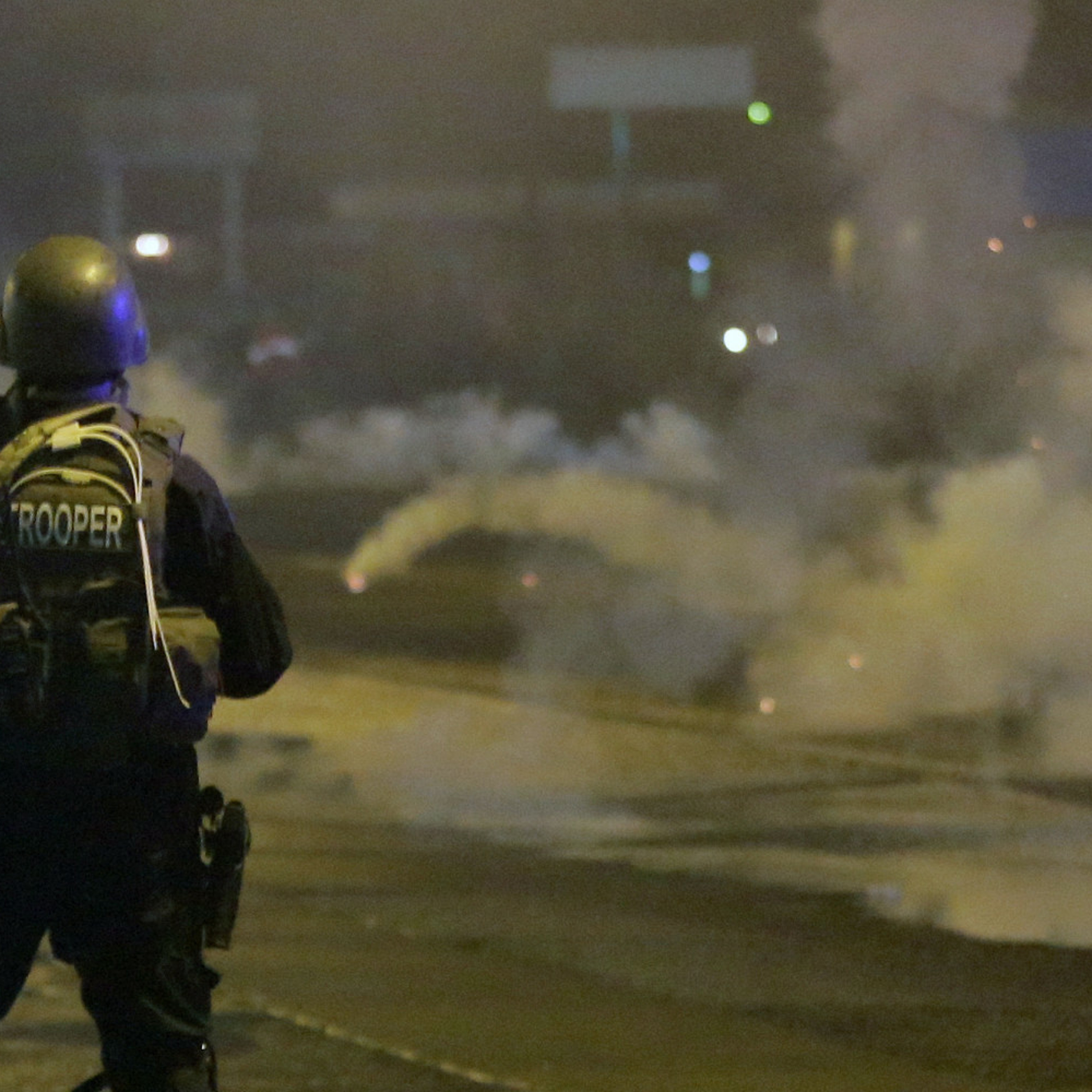
Hold That ThoughtStripes and Scars"Some commentators about Ferguson have tried to draw a sharp distinction between the rational, law-abiding community of Ferguson and the lawbreaking violent, criminal element. But it has never been so simple, either historically or today."
- Professor Iver Bernstein reflects on the recent events in Ferguson, Missouri
In July of 1863, James Pennington, a prominent African-American minister and former slave, saw his neighborhood destroyed in a violent episode now known as the New York draft riots. Professor Iver Bernstein shared Pennington's story in the podcast "Stripes and Scars," which first aired last fall. Now, in a new introduction, Bernstein considers the...
2014-09-0515 min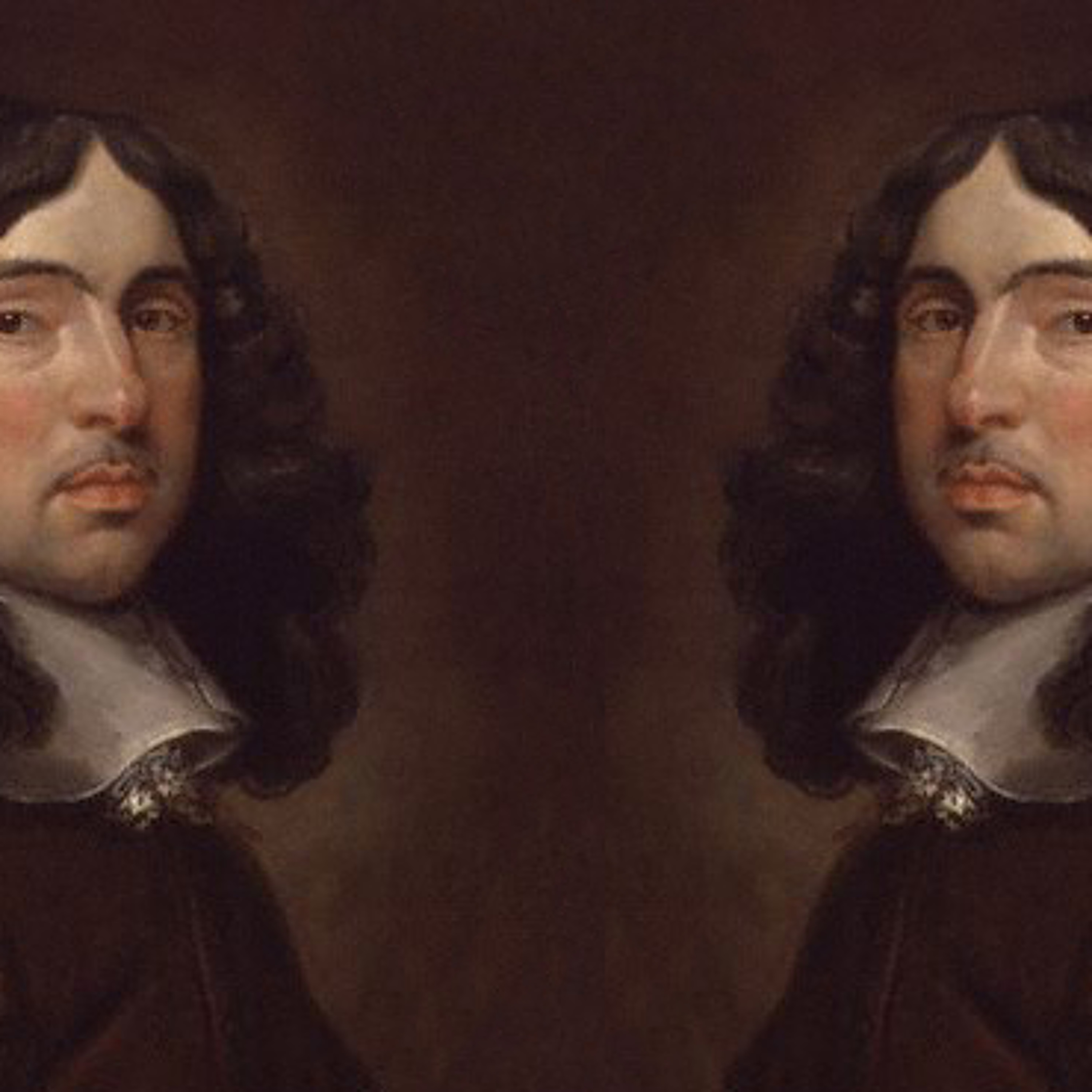
Hold That ThoughtThe Politician and the PoetThis episode features two experts: Derek Hirst, professor of history, and Steven Zwicker, professor of English, from Washington University in St. Louis. For decades now, the scholars have been researching Andrew Marvell, a 17th century English politician and poet. Marvell presents a challenge because the details of his life are relatively unknown, but what survives are his political texts, his poems, and the works his contemporaries wrote about him. Professors Hirst and Zwicker explain how they used their areas of expertise to bring these two seemingly-disparate versions of Marvell, the politician and the poet, together into one man.
2014-07-2316 min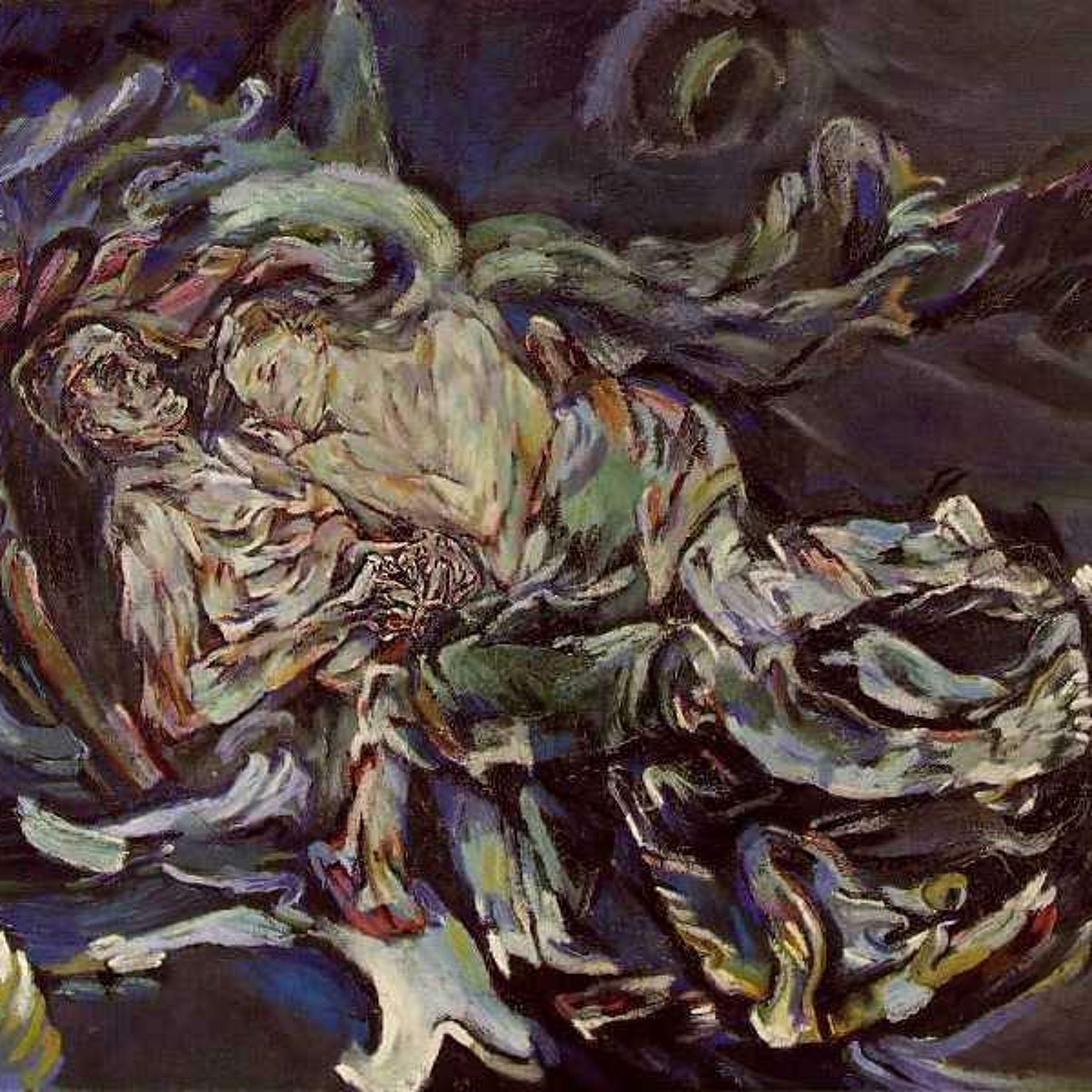
Hold That ThoughtCourting the MuseOskar Kokoschka, an Austrian expressionist painter and playwright in early 20th century Vienna, had a torrid affair with a woman--his muse--named Alma Mahler. When it ended, Oskar was devastated, feeling that he couldn't live or work without her. So, he did what any man would do: he had a life-size doll likeness of Alma made, which he continued to live with to inspire his work. Henry Schvey, a director, playwright, and professor of drama and comparative literature at Washington University in St. Louis, wrote a play based on this period of Kokoschka's life. He tells the story of how he...
2014-07-1612 min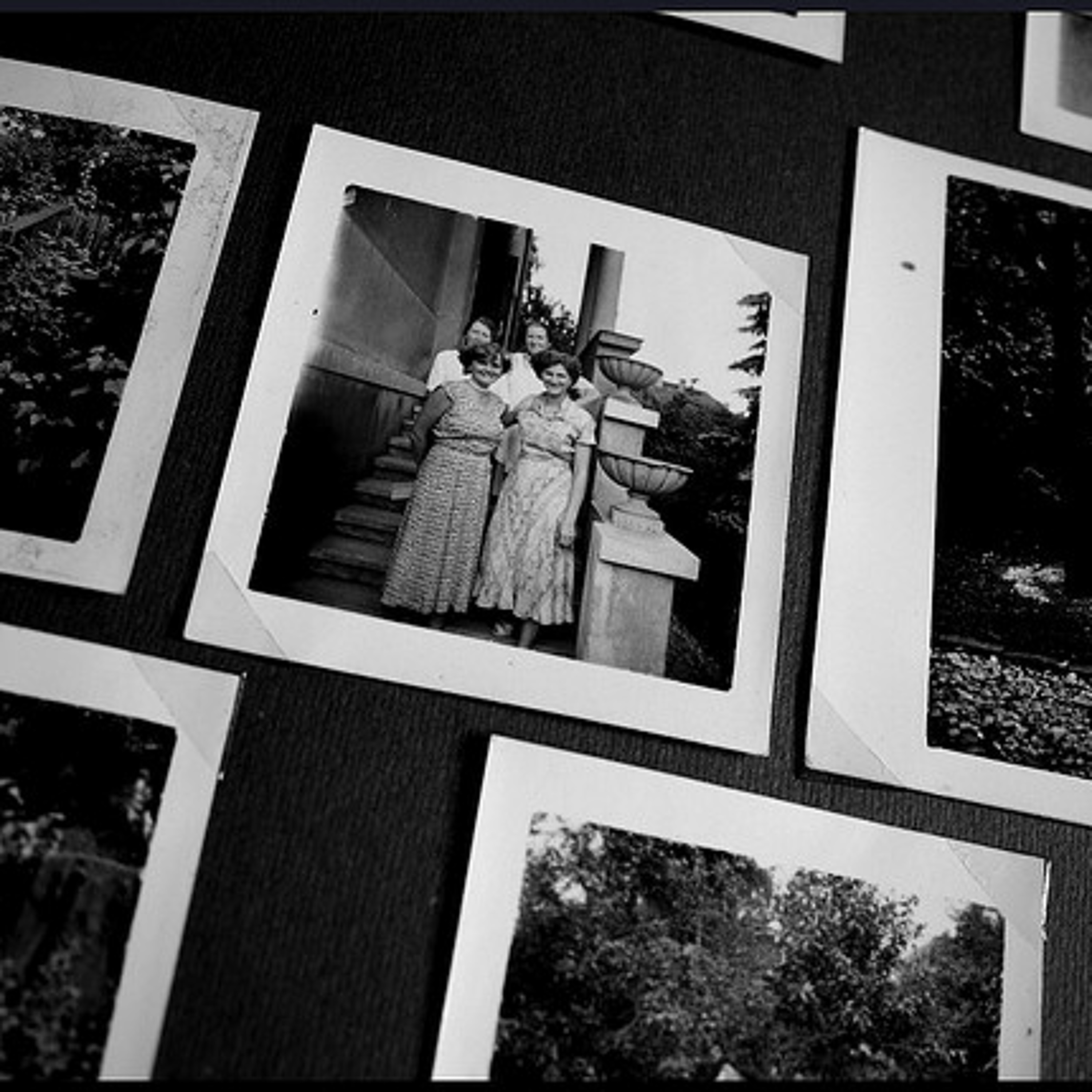
Hold That ThoughtFamily HistoriesToday, we consider the memoir. How do authors write about their own histories as well as family and loved ones who might very well read their book? Does time change the way we right about these stories and personal tragedies? Kathleen Finneran, a writer in residence at Washington University in St. Louis, talks about her memoir, The Tender Land: A Family Love Story, which focuses on her family and how their lives are altered by the suicide of her younger brother, Sean. She considers how writing the book affected her personal grieving process and chronicles her family's surprising reaction to...
2014-07-0913 min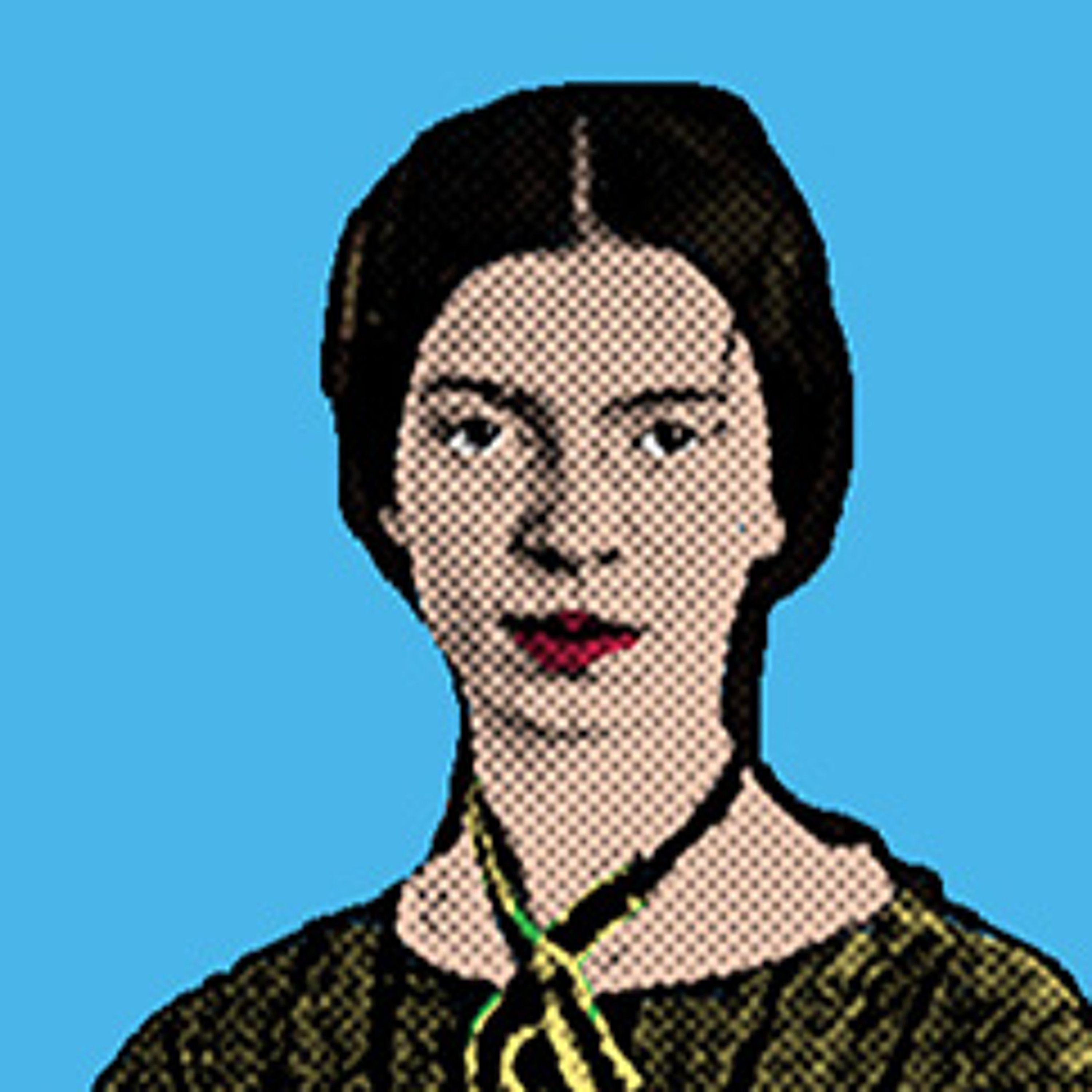
Hold That ThoughtPranking Emily DickinsonSo far, we've considered how authors and historians portray lived-lives in their creative or academic works, but what about creative works from the past? Can they too be "reinterpreted" in the present? Poet Paul Legault, co-founder of the small press Telephone Books and a writer in residence at Washington University in St. Louis, tackled questions such as these with his 2012 book, The Emily Dickinson Reader: An English-to-English Translation of Emily Dickinson's Complete Poems. He'll discuss how he sought to connect present readers with these works from the past by translating these beloved poems back into English, and how translation is...
2014-07-0214 min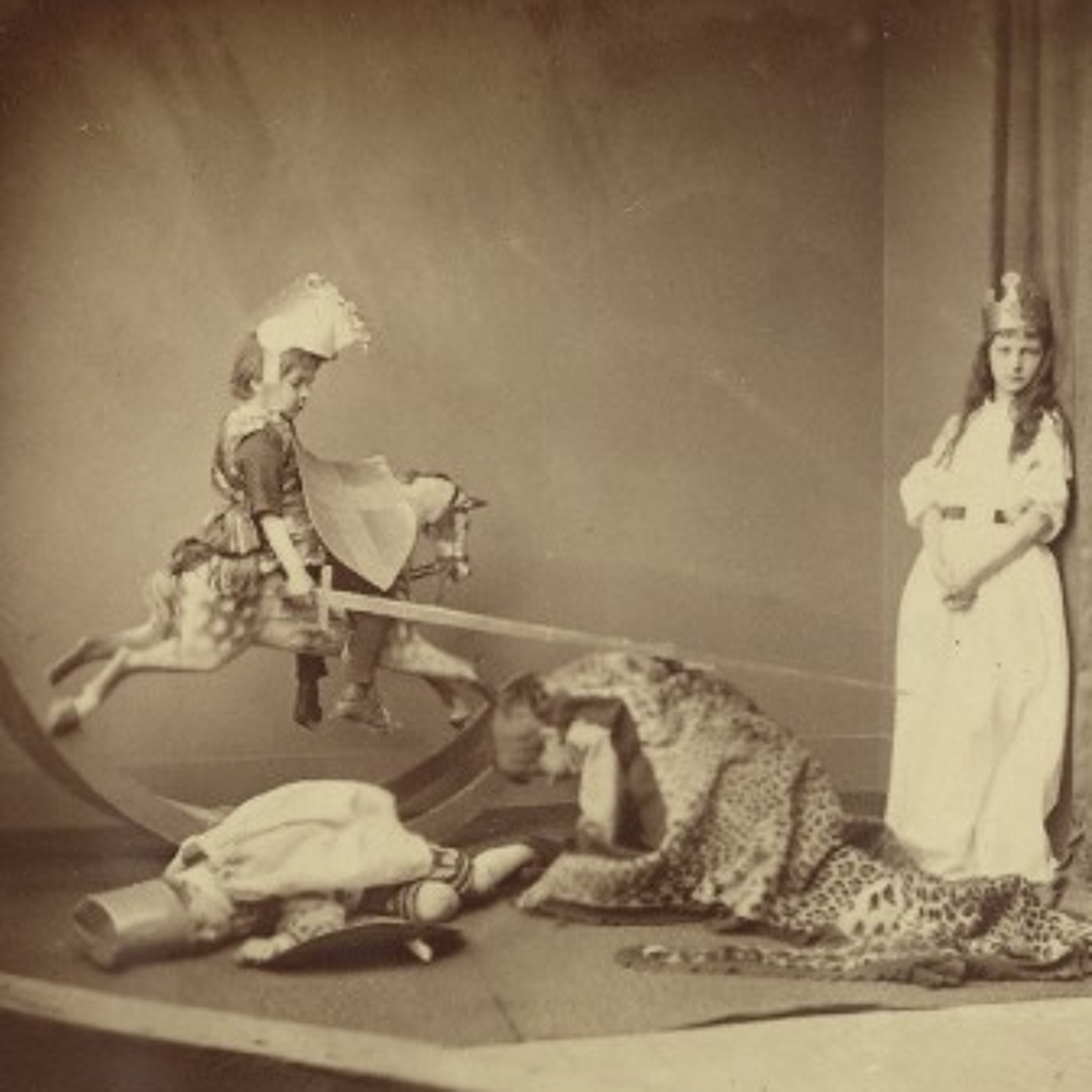
Hold That ThoughtUntethered HistoriesHistorical fiction is an ongoing balance between fact and fiction, but what if the story takes place outside of reality? What if much of the story takes place in a dream? How do you keep readers rooted in time and history? Author Sarah Shun-Lien Bynum, a Visiting Hurst Professor at Washington University in St. Louis, addresses questions such as these in her award-winning novel Madeleine is Sleeping. She explains how her favorite historical novels never feel "historical," and together we examine the role of time in fiction.
2014-06-2515 min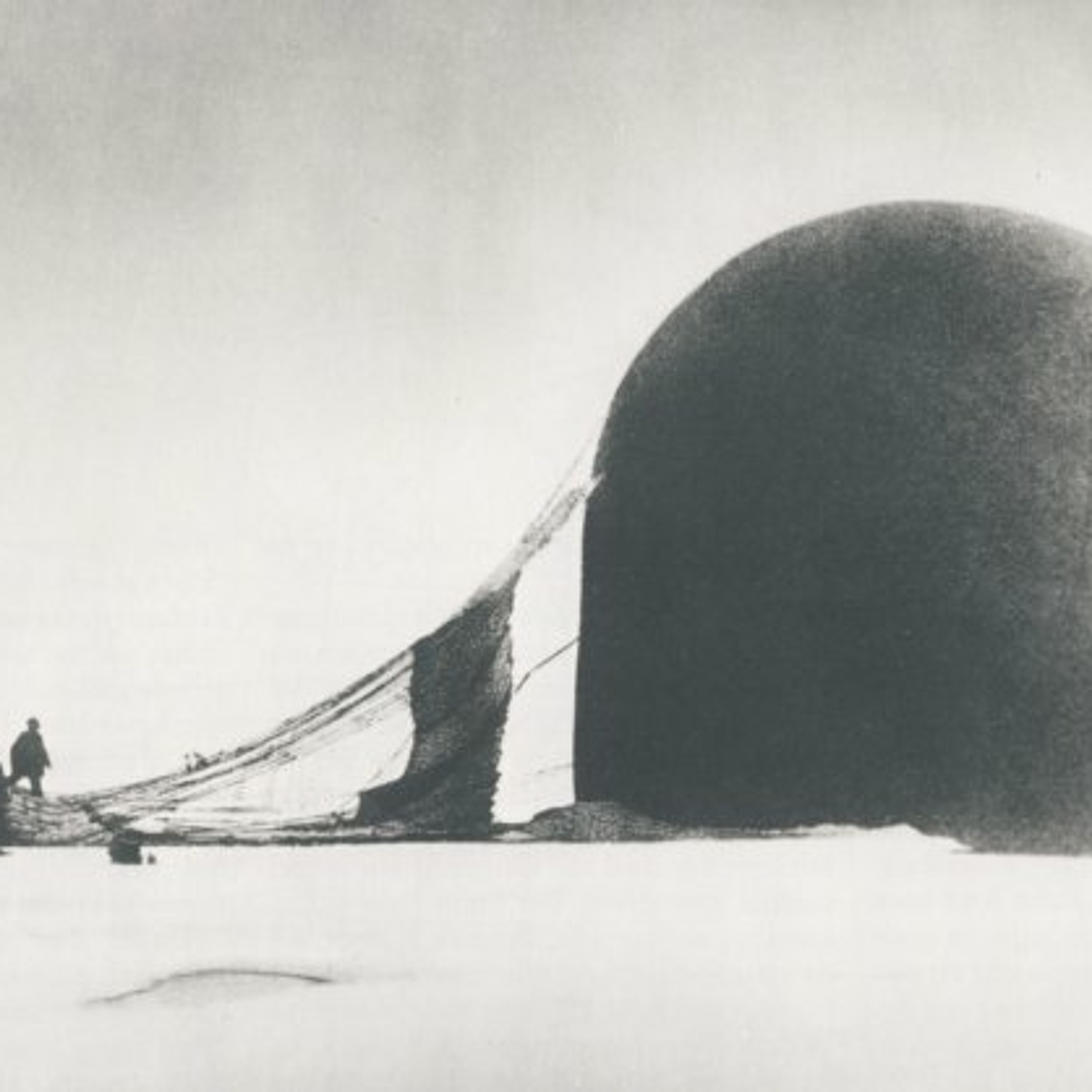
Hold That ThoughtA Mirror WorldHistory and fiction are sort of antonyms, so how do historical fiction writers bring fact and fiction together? How closely must historical fiction mirror recorded history? Author Marshall Klimasewiski, Senior Writer-in-Residence at Washington University in St. Louis, discusses the precarious balance writers of historical fiction must strike even when creating alternate histories. He also talks about two stories from his collection Tyrants and a novel-in-progress following Salomon August Andrée, a 19th century Swedish aeronaut who attempted to float to the North Pole in a hydrogen balloon.
2014-06-1813 min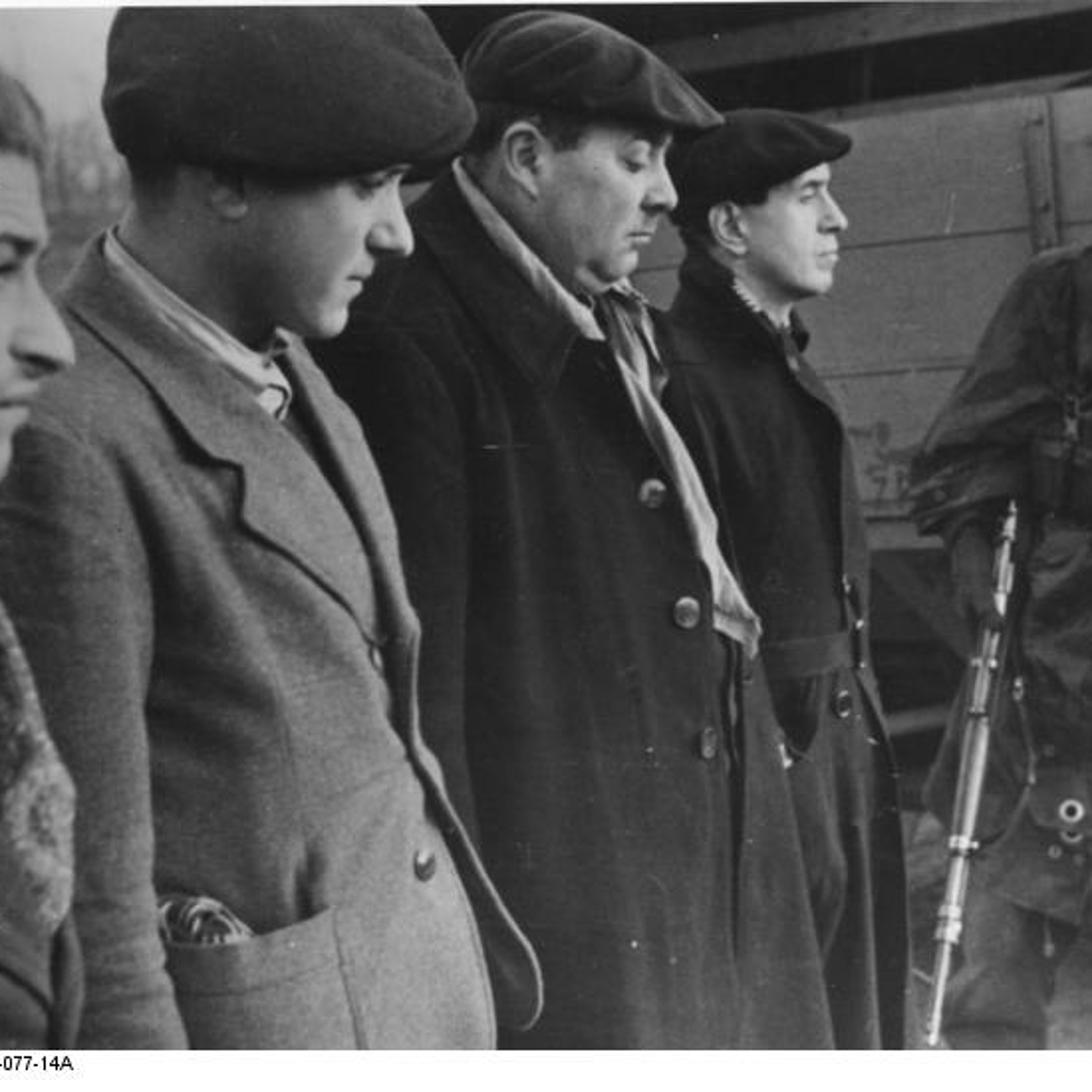
Hold That ThoughtBrave GeniusIn the spring of 1940, then-unknown writer Albert Camus and budding biologist Jaques Monod quietly joined the French Resistance as they watched their beloved Paris fall to the Nazis. Decades later, after stumbling across a few lines in a biography, Sean B. Carroll, an evolutionary biologist, author, and alumnus of Washington University in St. Louis, set out to prove that these two great minds were also friends. Rooting through French archives and talking to people at the heart of the French Resistance, Dr. Carroll uncovered documents no one expected to find and illustrates the exciting turns historical research can take.
2014-06-1113 min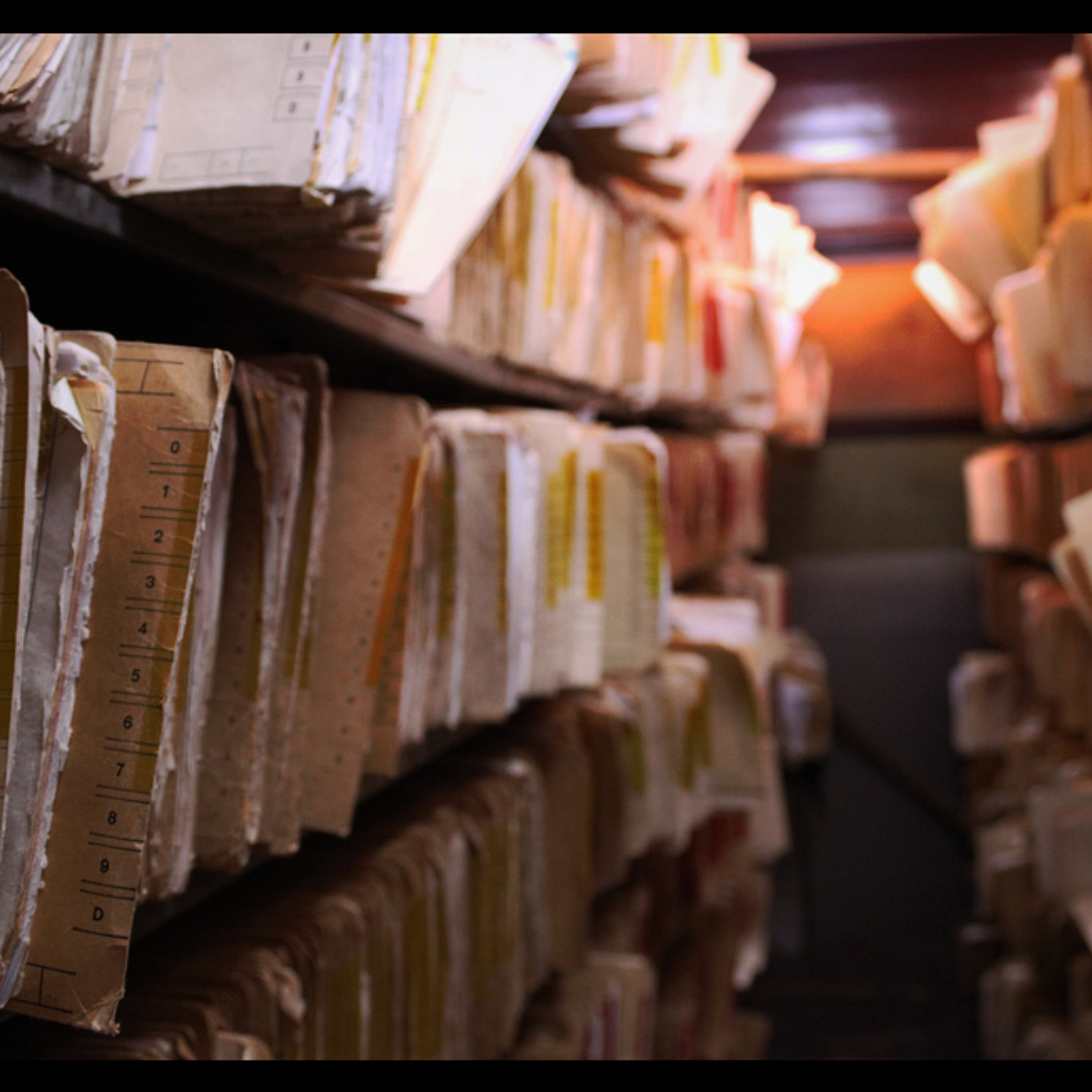
Hold That ThoughtPlease Burn After ReadingIn 1957, Ghana declared its independence from colonial rule, and a new leader named Kwame Nkrumah rose to take the helm. Jean Allman, professor of history and director of the Center for the Humanities at Washington University in St. Louis, has been studying the surprising networks that formed around Nkrumah, and in her research, she's discovered documents never meant for her eyes. She raises questions about the morality of the archival process and reveals how the NSA may change the future of history research.
2014-06-0412 min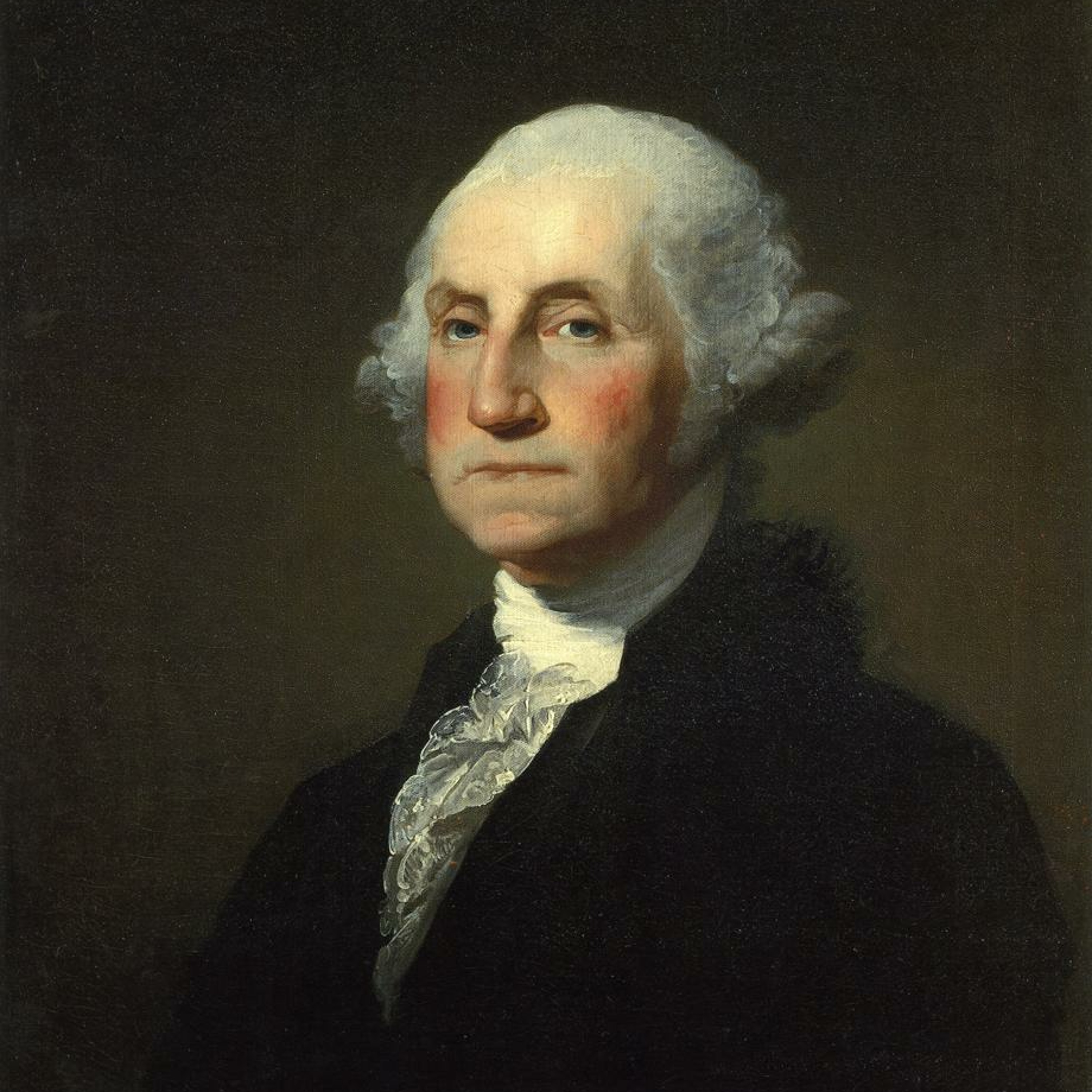
Hold That ThoughtCreating a Federal GovernmentIn the early years of the United States, how did the federal government operate on a day-to-day basis? What responsibilities did the government take on, how many people did it employ, and what crises did it face? Peter Kastor, professor of history at Washington University in St. Louis, sheds light on how debates over government have evolved over time, from the country's earliest days to the 2012 presidential election. For more information, visit Washington University's Humanities Digital Workshop.
"Creating a Federal Government" first aired in fall 2012 as part of Hold That Thought's ongoing series People, Places, and Ideas to Explore.
2014-05-2812 min
Hold That ThoughtAmnesia and IdentityPhilosophy professor Carl Craver from Washington University in St. Louis tackles some fundamental questions about the importance of memory. Is it our personal memories that make us distinctly human? Does our capacity for memory make us morally accountable for our actions? How does our ability to remember the past relate to how we think about the future? And where do all these questions leave people with amnesia?
"Amnesia and Identity" first aired in fall 2012 as part of Hold That Thought's 6-part series on Memory.
2014-05-2114 min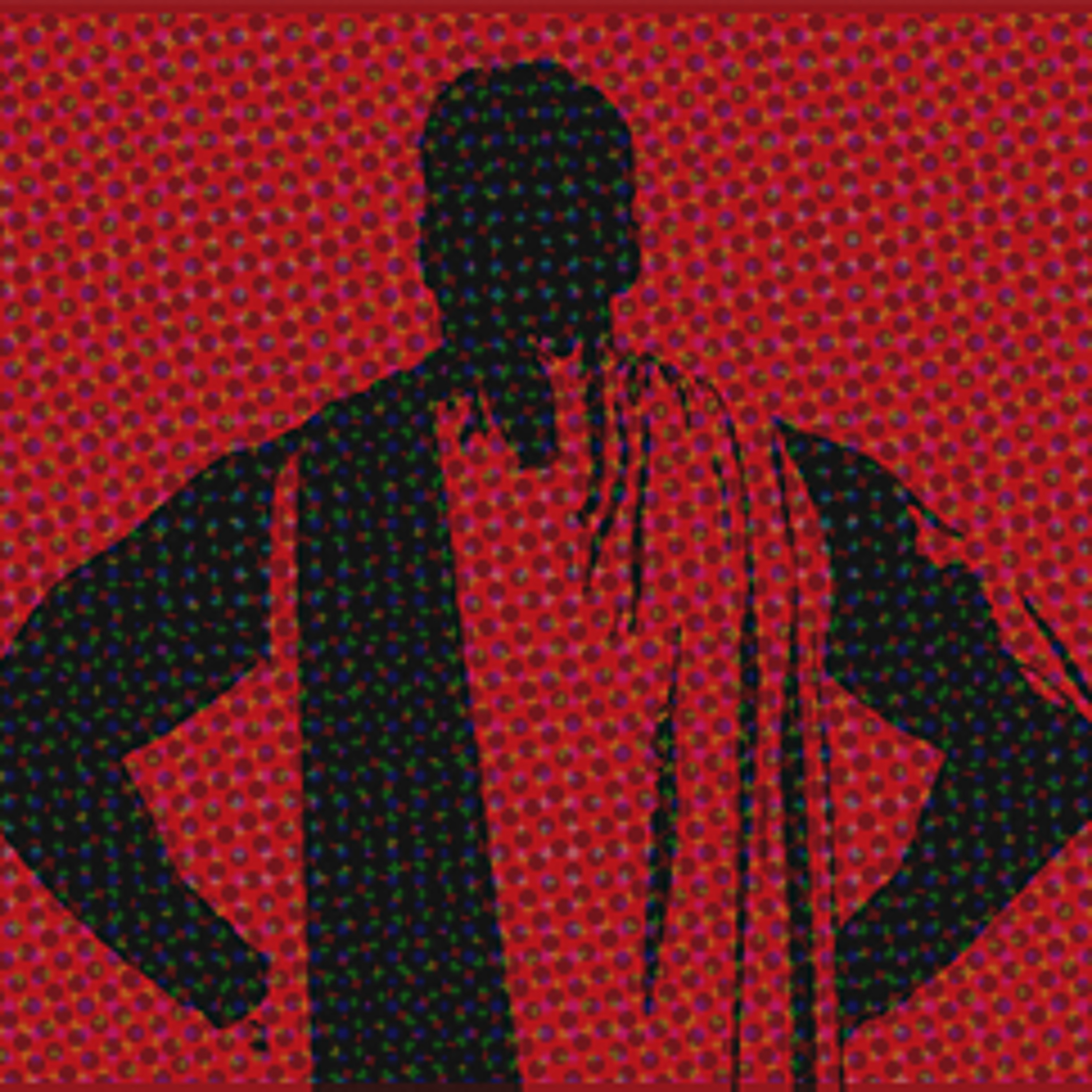
Hold That ThoughtBehind the Mask, pt2: The Evolution of a GenreLast week, we defined the superhero. However, superheroes have evolved greatly over the last seventy years. The Adam West Batman of the 1960s now only vaguely resembles Christian Bale's Batman of The Dark Knight, to say nothing of the rise of the anti-hero in Alan Moore's classic, Watchmen. How do we reconcile these heroes and their many iterations? Dr. Peter Coogan, the founder of the Institute for Comics Studies and lecturer within American Culture Studies at Washington University in St. Louis, returns to trace the evolution of the superhero genre. He explains how superheroes are both a reflection and product...
2014-04-0917 min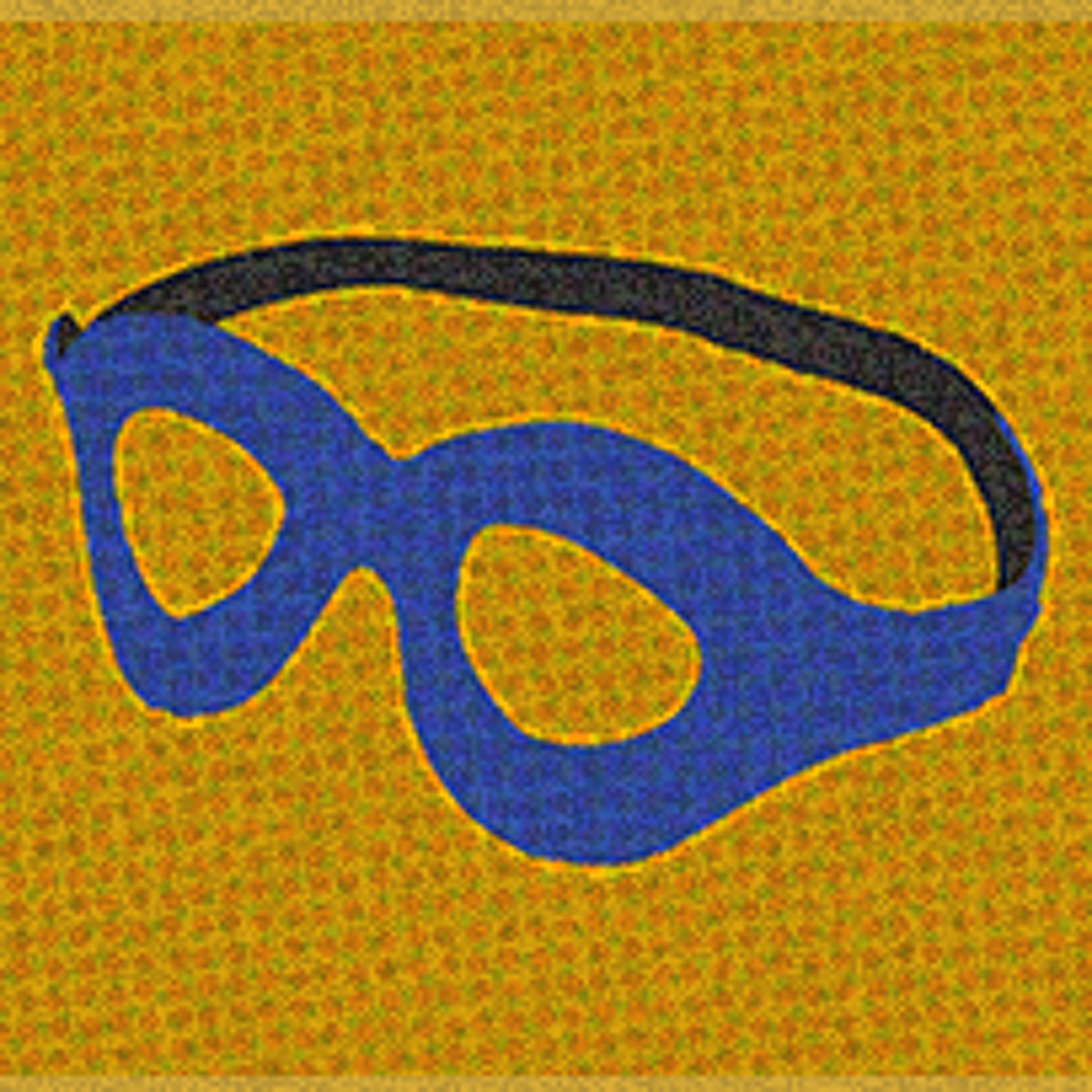
Hold That ThoughtBehind the Mask, pt1: Superheroes and SupervillainsIt's hard to recall a movie season in recent memory that hasn't been marked with at least one superhero blockbuster, so we're taking a closer look at these stories and heroes. In the first episode of this two part series, we consider what makes someone a superhero. Is it simply a question of superpowers? According to Dr. Peter Coogan, the founder of the Institute for Comics Studies and lecturer within American Culture Studies at Washington University in St. Louis, that's certainly part of the equation. He will layout the criteria caped crusaders must meet and the hallmarks of the wider...
2014-04-0214 min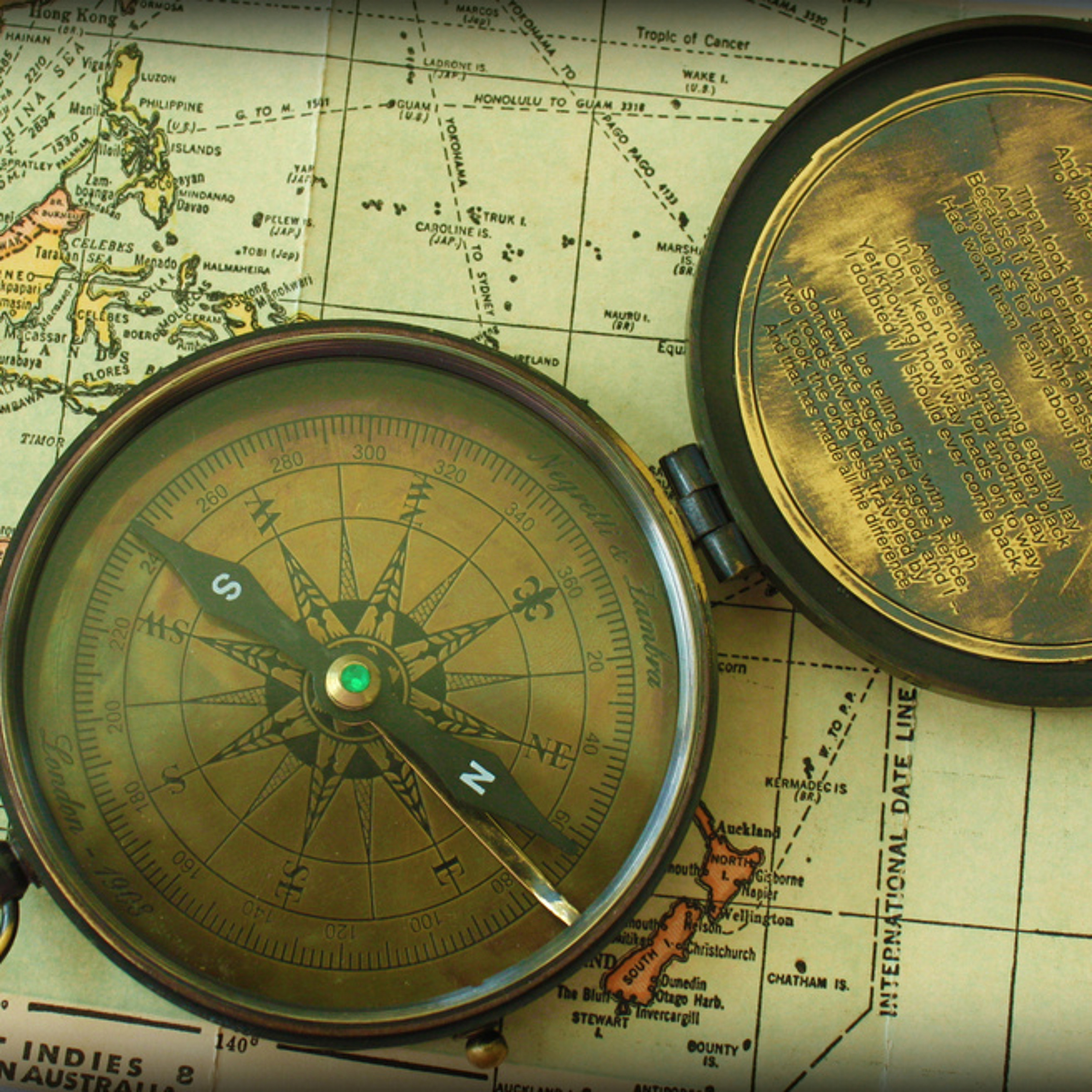
Hold That ThoughtThe Foreign Language QuestionWhat do the history of physics, the international women's movement, microfinance, the modern philosophical novel, and the fight against the spread of AIDS in Africa all have in common? According to Joe Loewenstein, professor of English and director of the Interdisciplinary Project in the Humanities, in order to study any of these topics and countless others, students are well-advised to begin the slow and rewarding process of mastering a foreign language. The important question becomes, which languages open which doors of opportunity?
The audio for this podcast was originally recorded as part of a video project promoting foreign language study...
2014-03-2608 min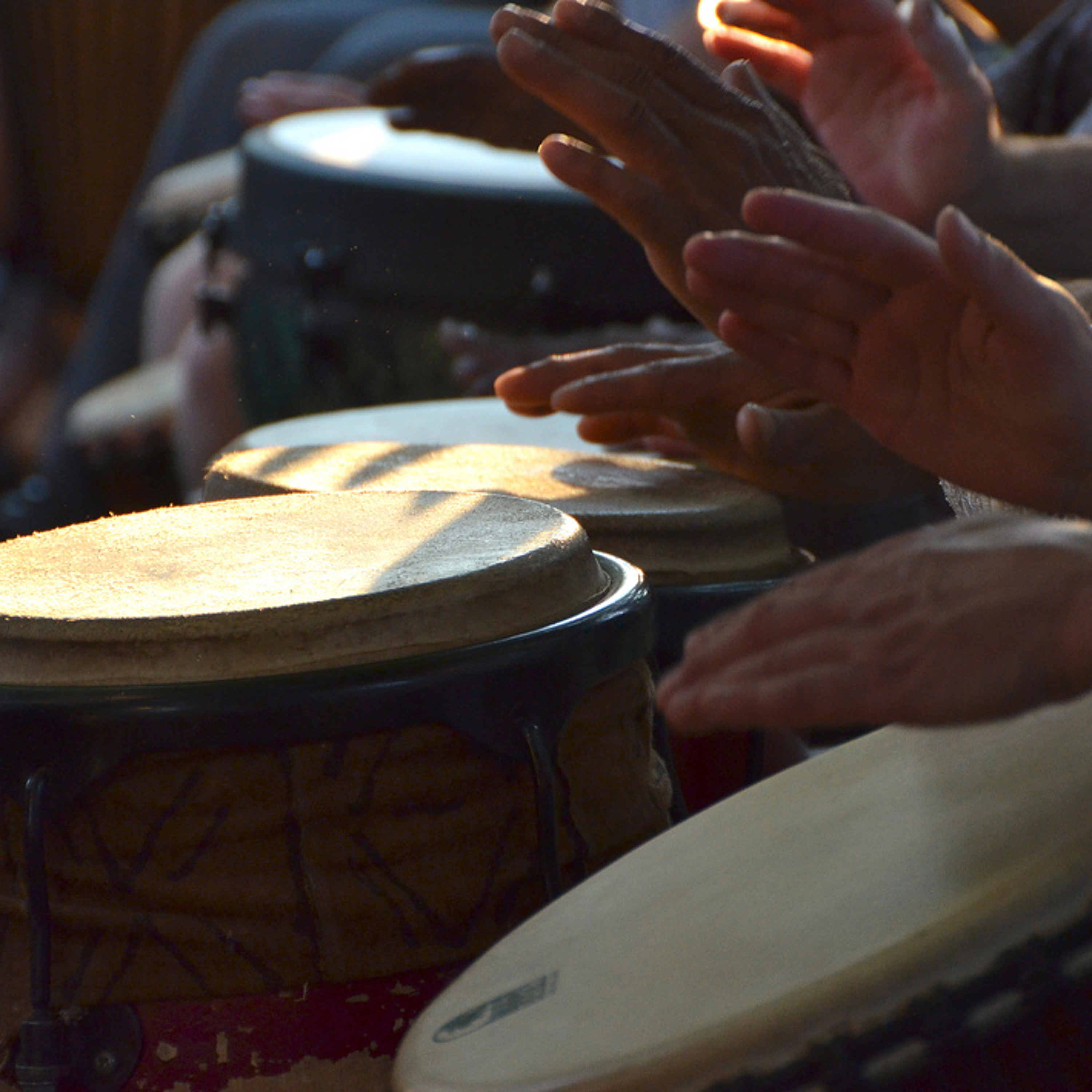
Hold That ThoughtThe Music Of ConversationWhether or not you can play the drums or keep your body in rhythm out on the dance floor, if you're reading this sentence, you're participating in the unheard music of language. In his research at Washington University in St. Louis, linguist Brett Hyde, assistant professor of philosophy, delves into the rhythms behind every conversation. By studying the accent patterns of languages around the world, Hyde's goal is to discover the underlying principles that organize these patterns. Feel free to clap along as you hear about the connections between music, poetry, and the distinct beats of every sentence ever spoken.
2014-03-1912 min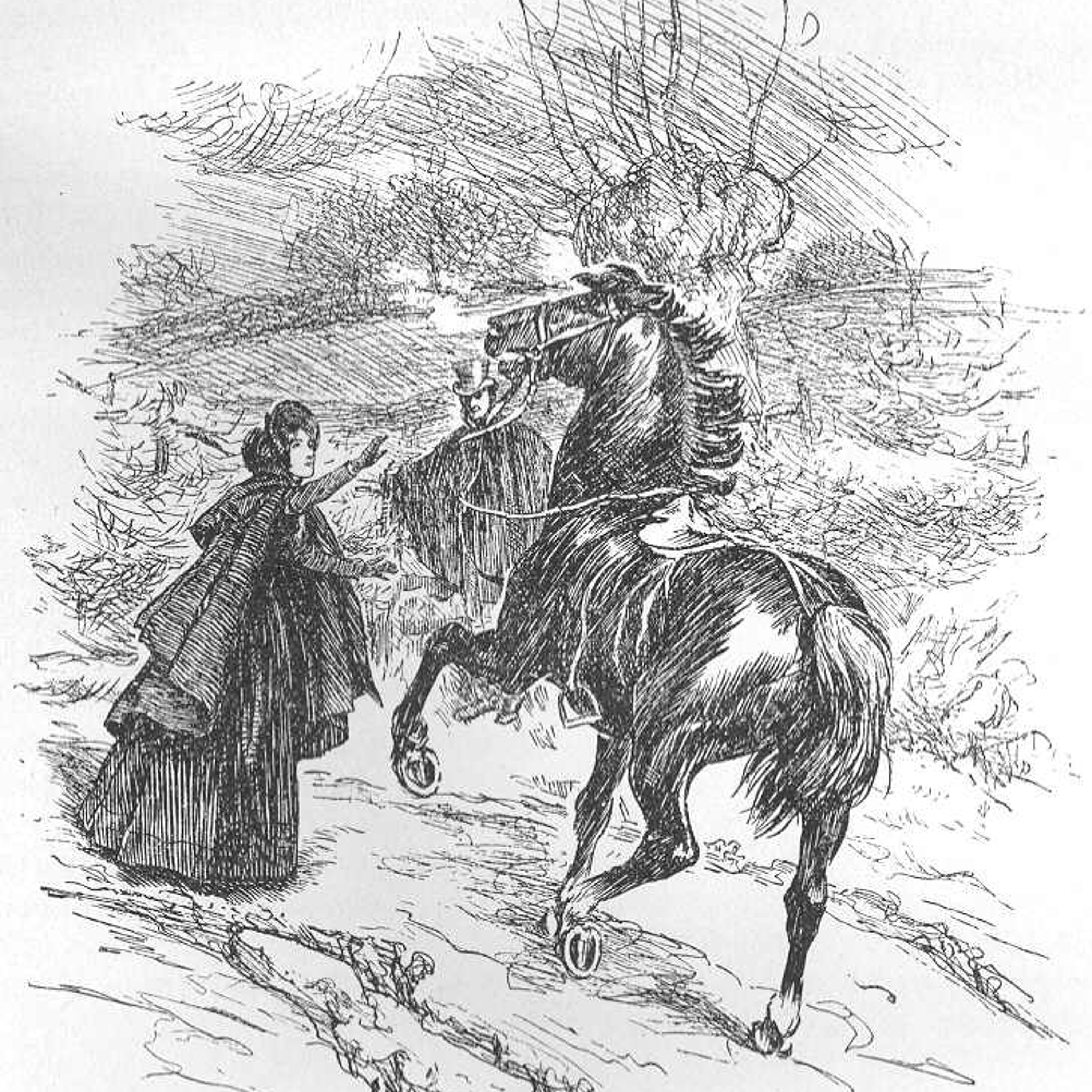
Hold That ThoughtJane Eyre and the Art of TranslationWhen you think of the novel Jane Eyre, you might think of its author, Charlotte Brontë, or perhaps certain elements of the plot, like Jane's time at Lowood School or her tumultuous relationship with Mr. Rochester. However, in a recent project, Lynne Tatlock is exploring how the original novel is only the beginning of the Jane Eyre story. Like many other 19th century texts, this novel was repeatedly translated into other languages and adapted into new works. Tatlock, a professor of Germanic Languages and Literatures and chair of the Comparative Literature program at Washington University in St. Louis, seeks to u...
2014-03-1211 min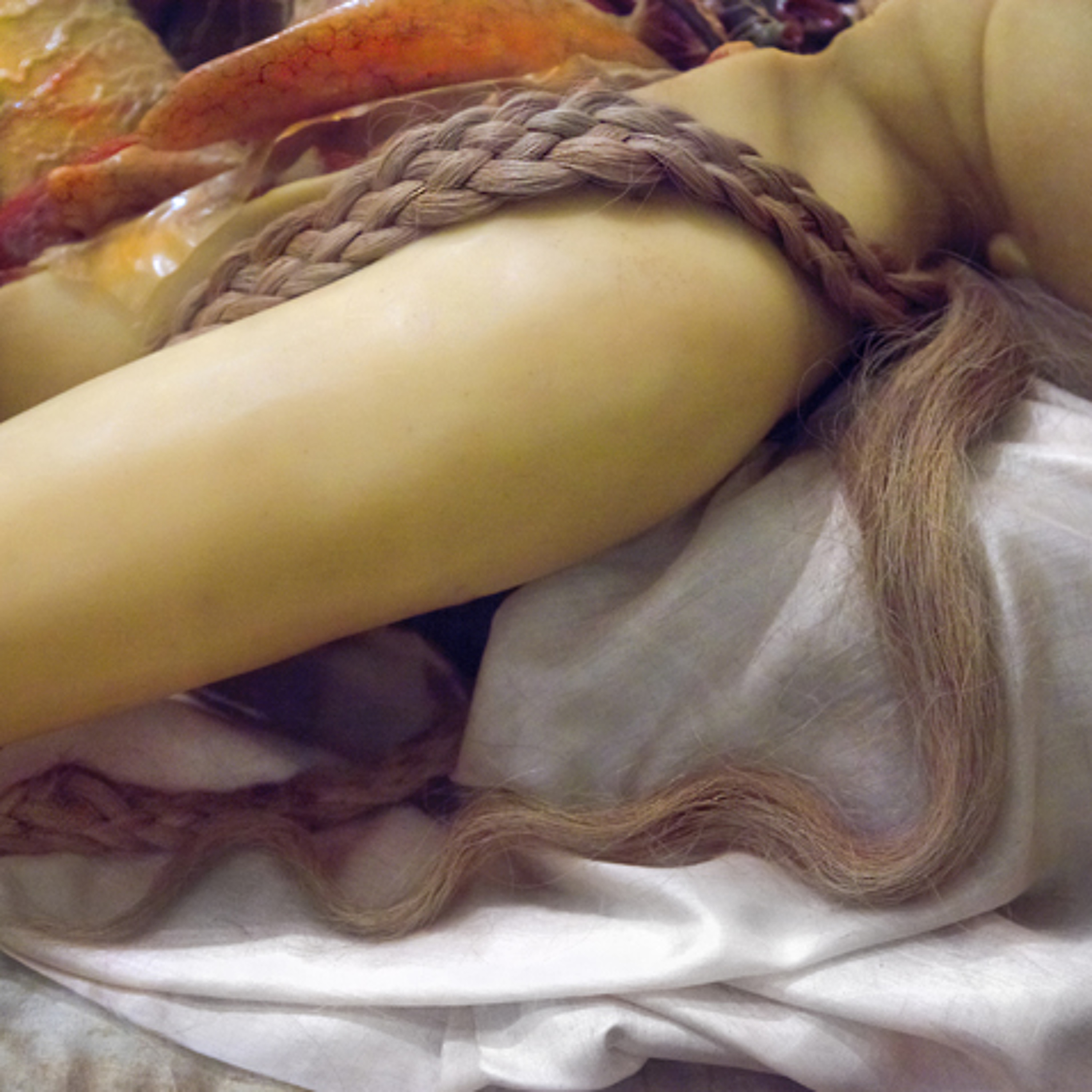
Hold That ThoughtVenus, DeconstructedToday, we're going back to 18th century Florence, Italy to tell the story of one museum, La Specola, and its infamous exhibit of gruesome wax anatomical models. At the time of its founding in 1771, the new Archduke Peter Leopold found himself confronting the deep-rooted legacy of his famous predecessors--the Medici. La Specola quickly became the crux of a larger movement within Tuscany, and the museum and its wax inhabitants helped set the course for a new Enlightenment era. Rebecca Messbarger, a professor of Italian and Women, Gender, and Sexuality Studies at Washington University in St. Louis, is our guide, and...
2014-03-0516 min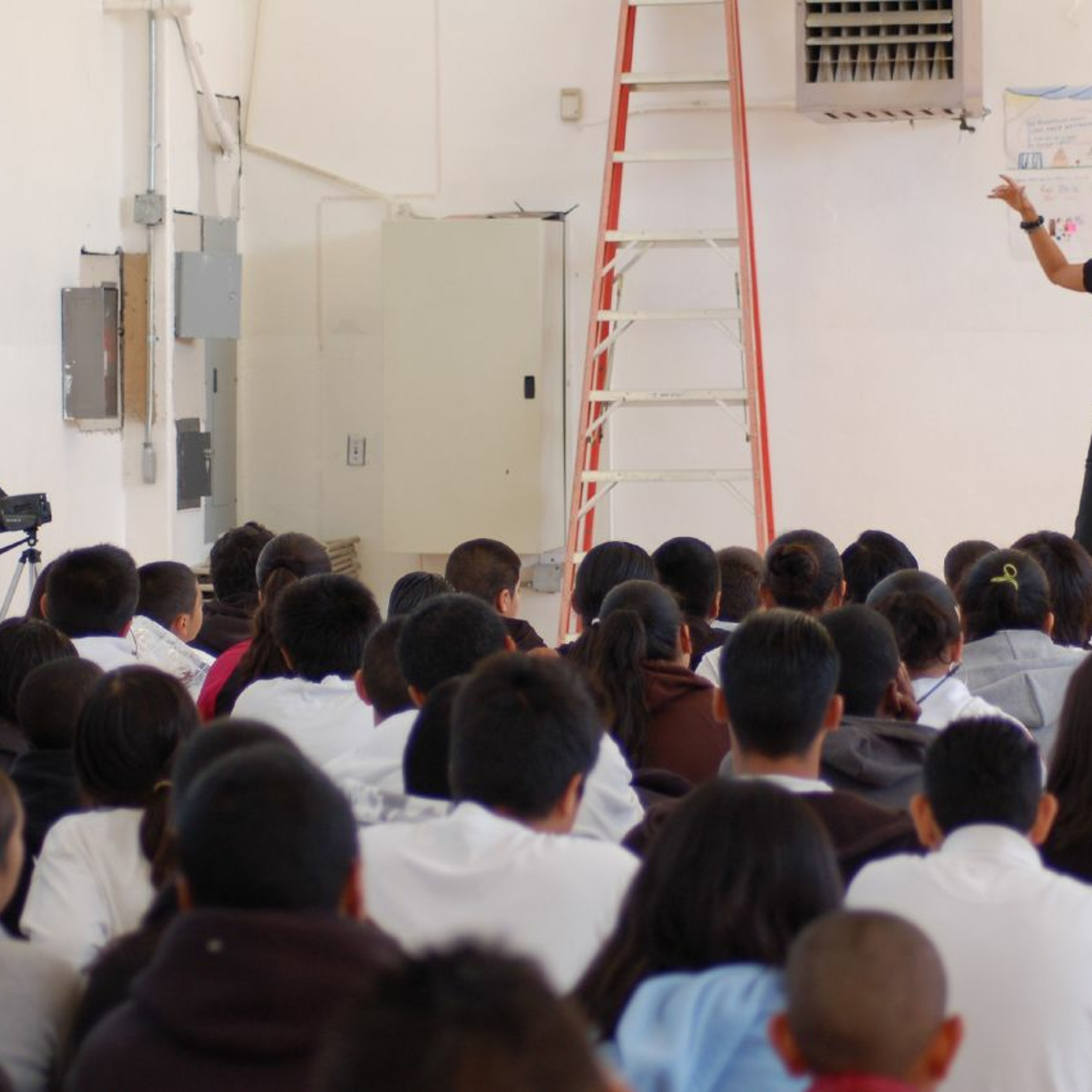
Hold That ThoughtYouth Poets Take the StageHigh-school students sometimes have a bad reputation when it comes to language and literacy. Teenagers may be well versed in YouTube and social media, but these outlets are more known for shortened words and poor grammar than articulate speech and writing. However, Korina Jocson, assistant professor of education at Washington University in St. Louis, sees a much different picture. As a researcher and teacher, Jocson has observed and analyzed the ways that students use the beauty and power of poetry to make sense of their experiences, to comment on culture and politics, and to create multimedia art and storytelling. The...
2014-02-2410 min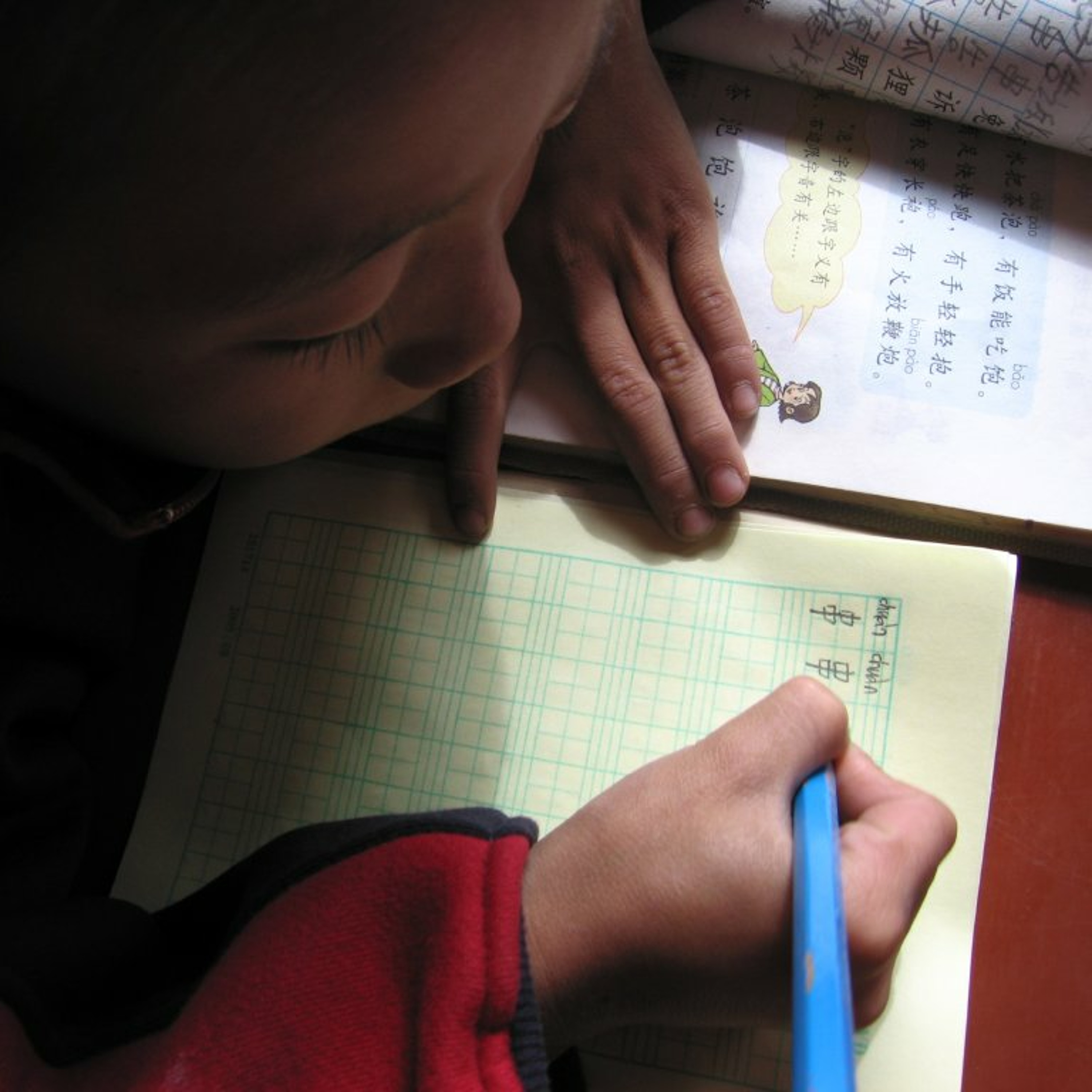
Hold That ThoughtThe ABCs of Reading and WritingWhat can parents and teachers do to help young children become successful readers and writers? In what ways does a 2-year-old begin to understand the differences between written words and pictures? Rebecca Treiman, the Burke and Elizabeth High Baker Professor of Child Developmental Psychology, shares recent research that explores how children around the globe take their first steps toward reading and writing. Treiman heads the Reading and Language Lab at Washington University in St. Louis.
2014-02-1910 min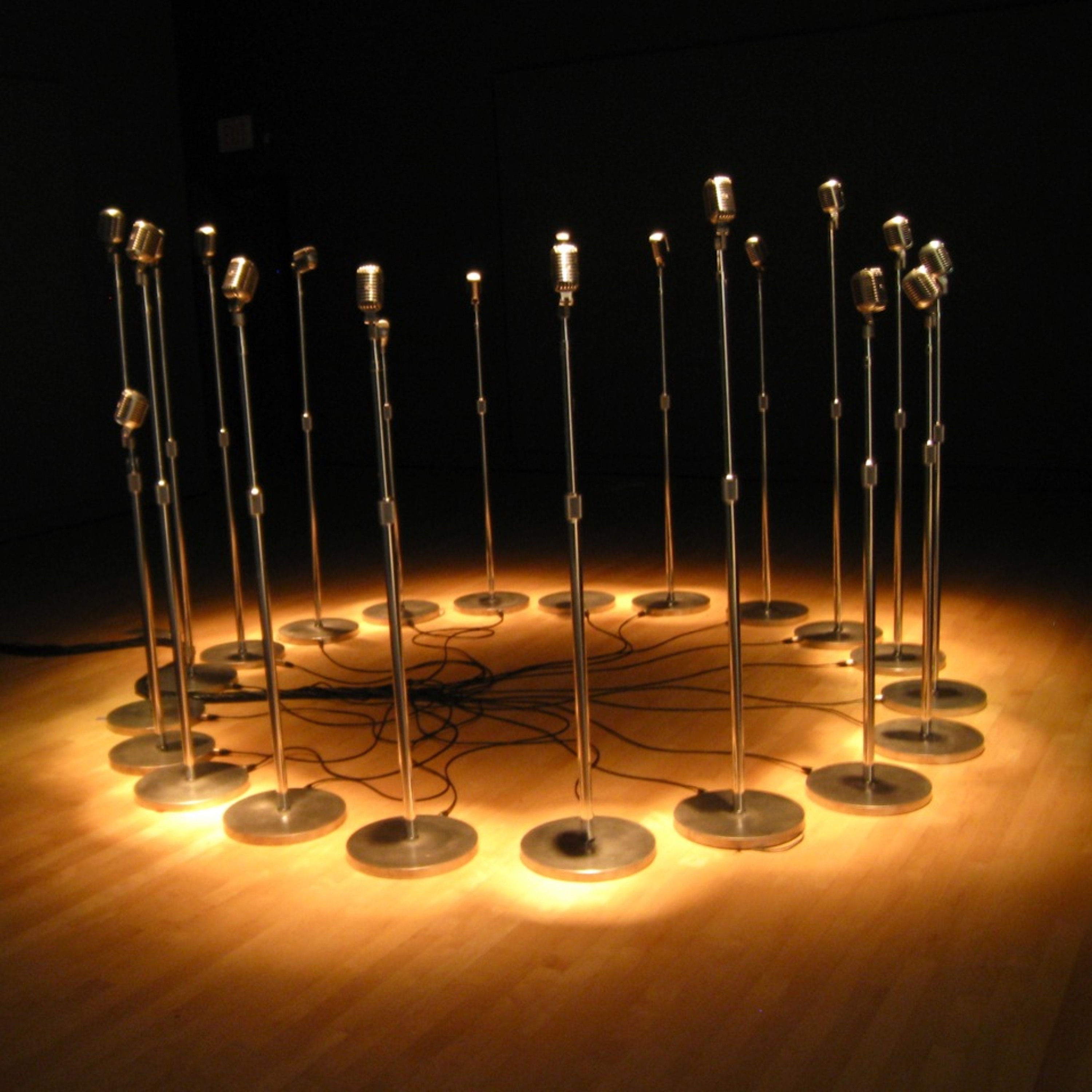
Hold That ThoughtYou Are How You SoundImagine that you're walking down the street and hear someone speaking with a British accent. What assumptions might you make about that person based on his or her voice? Would you come to the same conclusion if that person had a heavy southern drawl or sounded like he or she spoke Spanish as a first language? John Baugh, the Margaret Bush Wilson Professor in Arts & Sciences at Washington University in St. Louis, continues his discussion of linguistic profiling and describes how he hopes his research will lead to policies that increase Americans' acceptance of linguistic diversity.
To hear Baugh's personal...
2014-02-1212 min
Hold That ThoughtLinguistic InsightsTo kick off our newest topic, On Language, John Baugh, the Margaret Bush Wilson Professor in Arts and Sciences at Washington University in St. Louis, shares two stories of personal linguistic epiphanies. Baugh researches linguistic profiling, or the ways in which people react to and treat one another based on speech. His initial interest in this line of work began when he himself encountered linguistic profiling earlier in his career. Baugh shares that experience, as well as a childhood incident in which he first realized that accents can carry as much meaning as words. Baugh will also be featured next...
2014-02-0511 min
Hold That ThoughtThe Search for Dark MatterAs we learned last week in Discovering Dark Matter, since the 1930s scientists have been seeking answers about unseen mass in the universe. We know that the gravitation of dark matter has an enormous effect on galaxies, and we also know that it may be made up of weakly interacting particles. But how do researchers search for something that's invisible? James Buckley, professor of physics at Washington University in St. Louis, has spent part of his career hunting for neutralinos, a yet-undiscovered type of particle that may hold the answer to the dark-matter mystery. Buckley describes the evidence for the...
2014-01-2912 min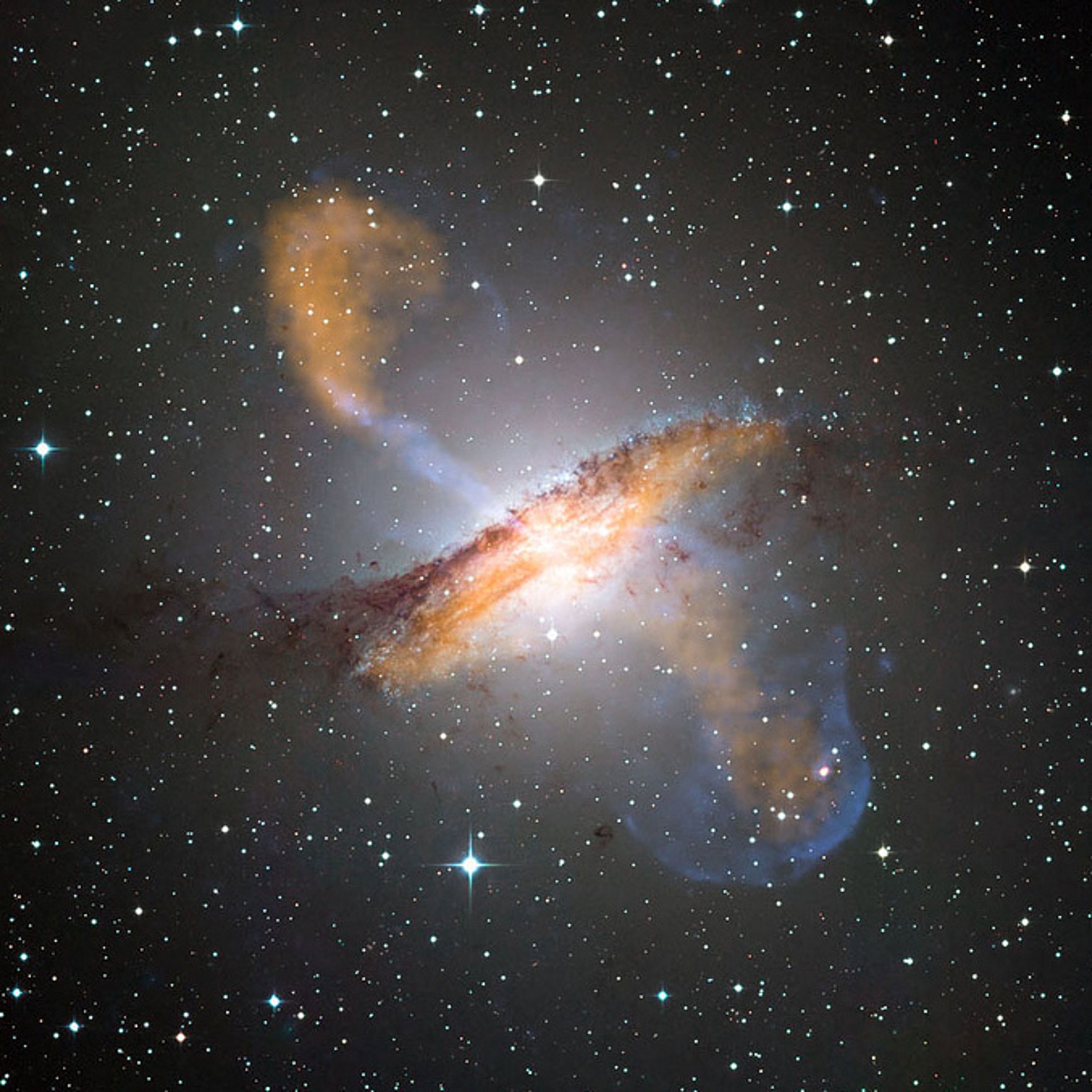
Hold That ThoughtBeautifully Bright Black HolesBlack holes - pools of gravity so powerful that even light can't escape them - remain some of the most mysterious objects in the universe. Yet, though black holes themselves are invisible, the matter around them is not. In fall 2014, Henric Krawczynski, professor of physics at Washington University in St. Louis, will use an instrument called X-Calibur to study two "beautifully bright" black holes visible from Earth's northern hemisphere. By measuring the polarization of X-rays emitted from material near the black holes, X-Calibur will help Krawczynski and his colleagues investigate questions that have perplexed scientists since Albert Einstein first proposed...
2014-01-1509 min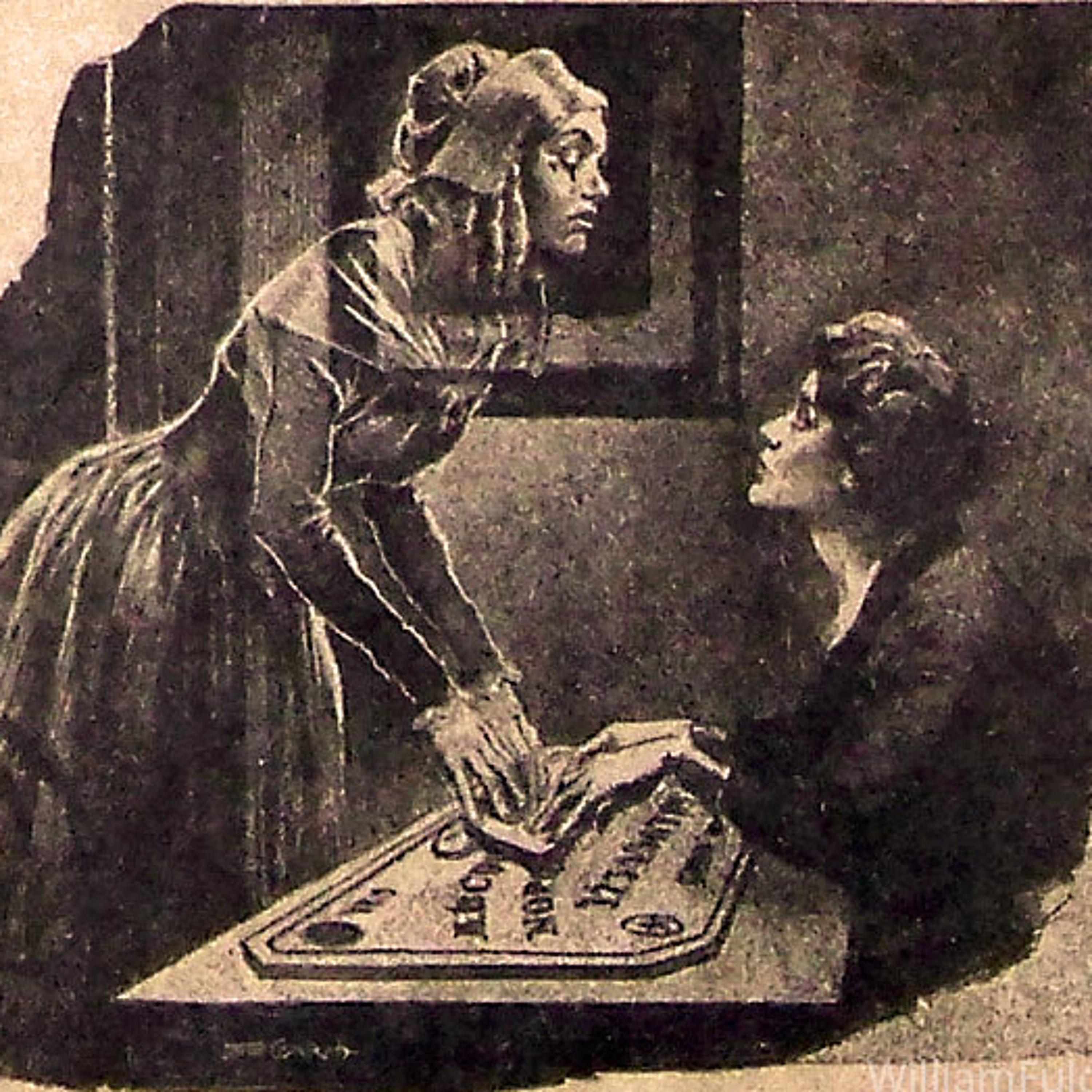
Hold That ThoughtPearl Curran: "Ghost"-writerIn 1913, Pearl Curran, a St. Louis housewife, sat at a Ouija board with her friends when suddenly the planchette went wild under her hands. It said, "Many moons ago I lived. Again I come. Patience Worth my name." And so began the literary career of the long-dead Patience Worth. Pearl transcribed novels, plays, essays, and poetry supposedly composed by Patience, and both became celebrities. Daniel Shea, emeritus professor of English at Washington University in St. Louis, recently wrote a book about the phenomenon, The Patience of Pearl: Spiritualism and Authorship in the Writings of Pearl Curran. In it, he uses...
2013-10-3013 min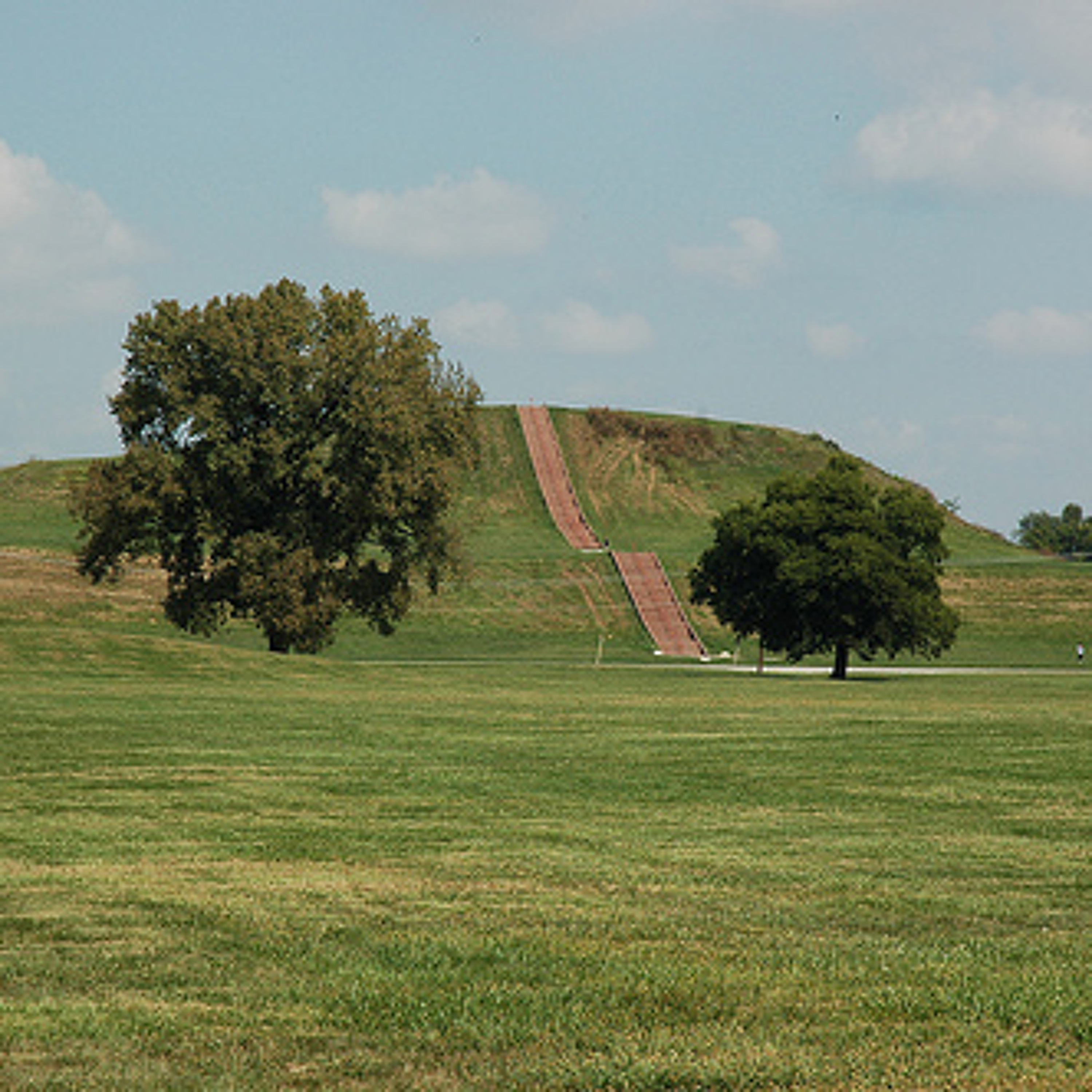
Hold That ThoughtCahokia: Ancient CityAt its peak around 1200 CE, the ancient Mississippian settlement of Cahokia stretched nearly six square miles, from what is now East St. Louis, Missouri, to Collinsville, Illinois, and included around 120 man-made earthen mounds. It was as large, or larger, than any European city of that time, but can we fairly or accurately call Cahokia a city? John Kelly, senior lecturer of archaeology at Washington University in St. Louis, discusses the limitations of imposing the Western concept of "cities" on ancient sites and describes the mound culture of Mississippian Native American clans. Today, Cahokia Mounds is still considered the largest and...
2013-03-1811 min
Hold That ThoughtDesign as a Social ActAt its construction in St. Louis in 1951, Pruitt-Igoe was hailed as a model for future public housing efforts, but within two decades the area had decayed into an impoverished, crime-ridden neighborhood. By 1976, the entire complex was demolished. What caused this housing project to fail so spectacularly, and how can contemporary architects avoid the same mistakes? Susanne Cowan, a post-doctoral fellow in architecture and history at Washington University in St. Louis, discusses the legacy of these buildings and the evolution of social design. Cowan, with Ayda Melika, co-produced the forthcoming documentary film Design as a Social Act.
2013-02-0814 min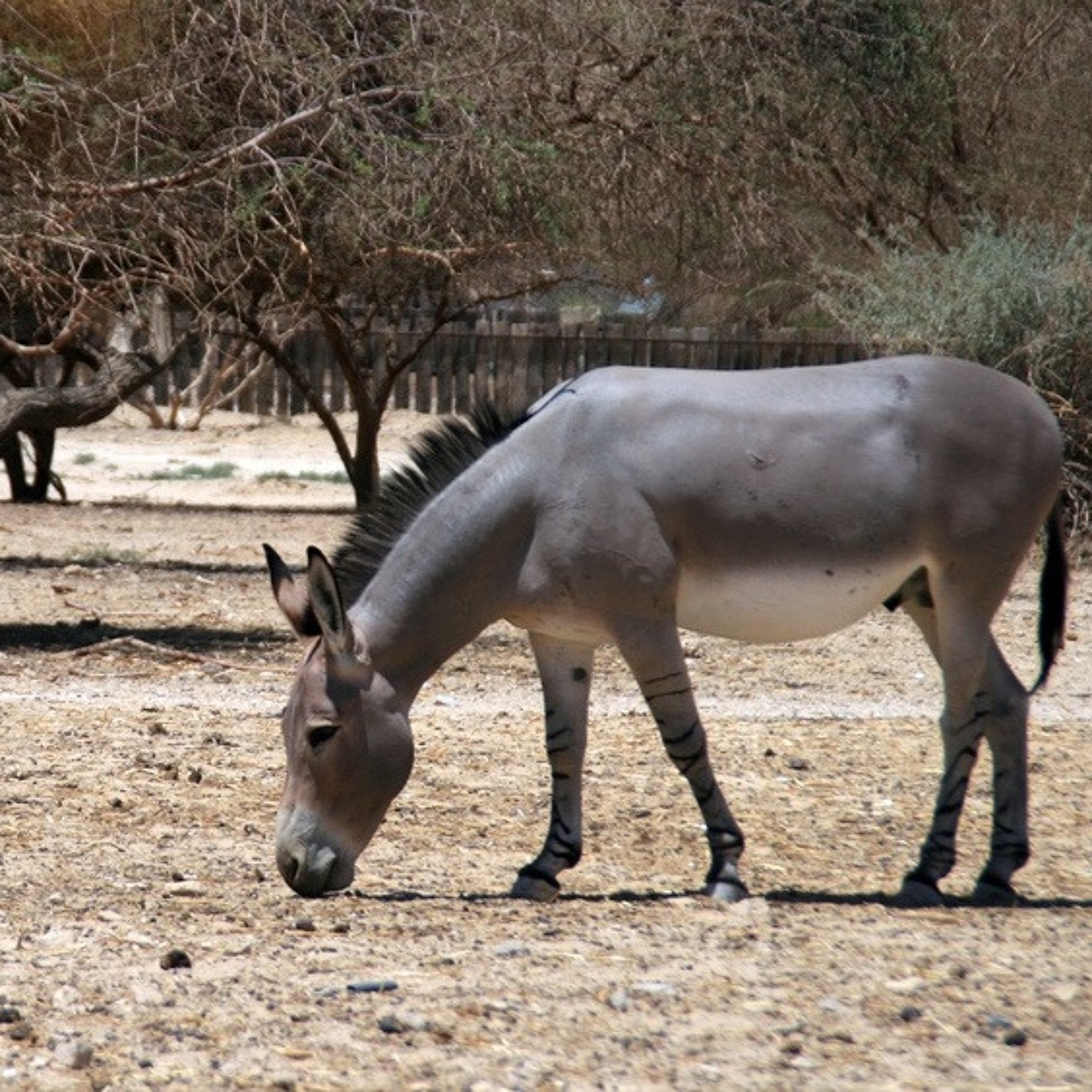
Hold That ThoughtThe Donkey StoryDr. Fiona Marshall from Washington University in St. Louis shares her research into the African wild ass, the ancestor of donkeys, and explains why understanding more about domesticated animal species is so important to farmers around the world. Marshall studies the African wild ass in partnership with the St. Louis Zoo.
2012-10-1708 min